Books
Our books share interpretation and analysis of some of our most significant archaeological projects, spanning more than 40 years of archaeological research. The books, freely available to download, include a number of out-of-print titles.
Wessex Archaeology Publications
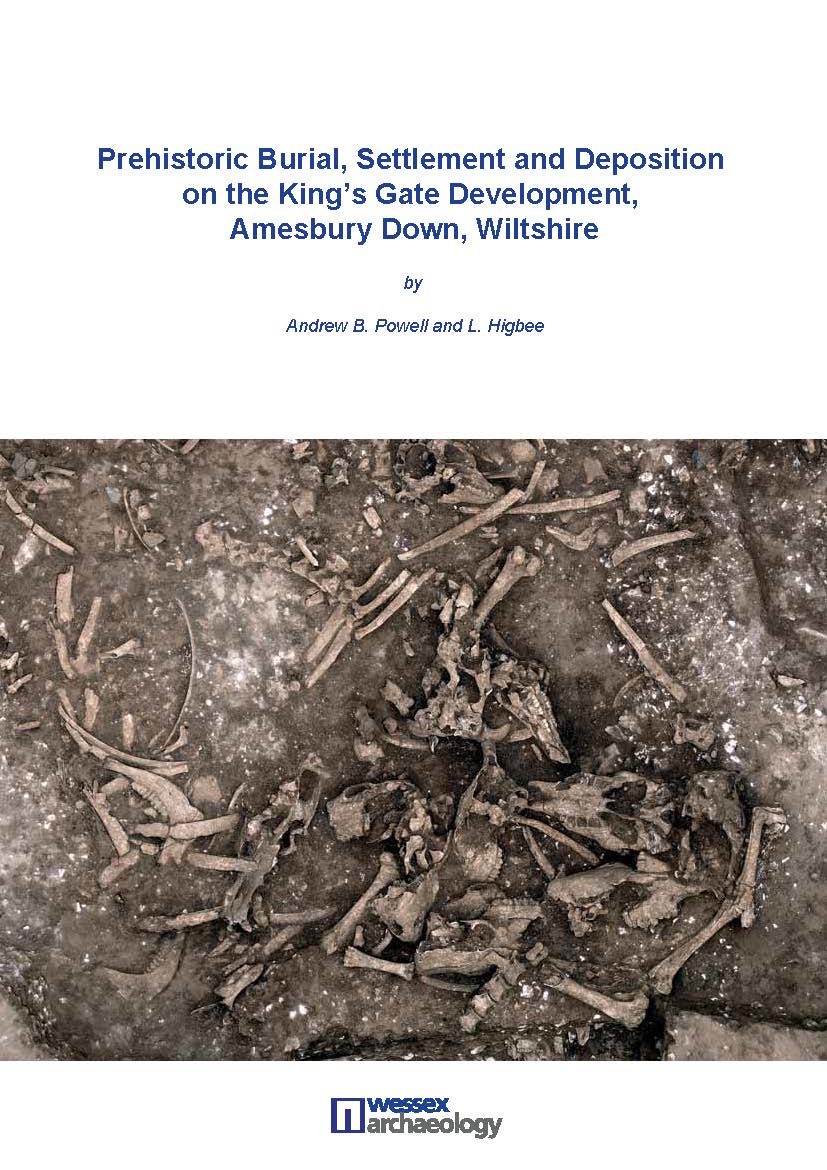
Prehistoric Burial, Settlement and Deposition on the King's Gate Development, Amesbury Down, Wiltshire
Andrew B. Powell & L. Higbee

Description
In 2015-8 a programme of archaeological works was undertaken on land to the south-east of Amesbury, Wiltshire, in advance of the King's Gate Phase 4 residential development.
Previous archaeological investigations within the wider development area have revealed a landscape rich in prehistoric and Romano-British remains, including monuments, settlements and burials.
The recent excavations recorded several features containing Late Neolithic, Beaker and Early Bronze Age pottery, indicating the extension to the south and south-west of activity …
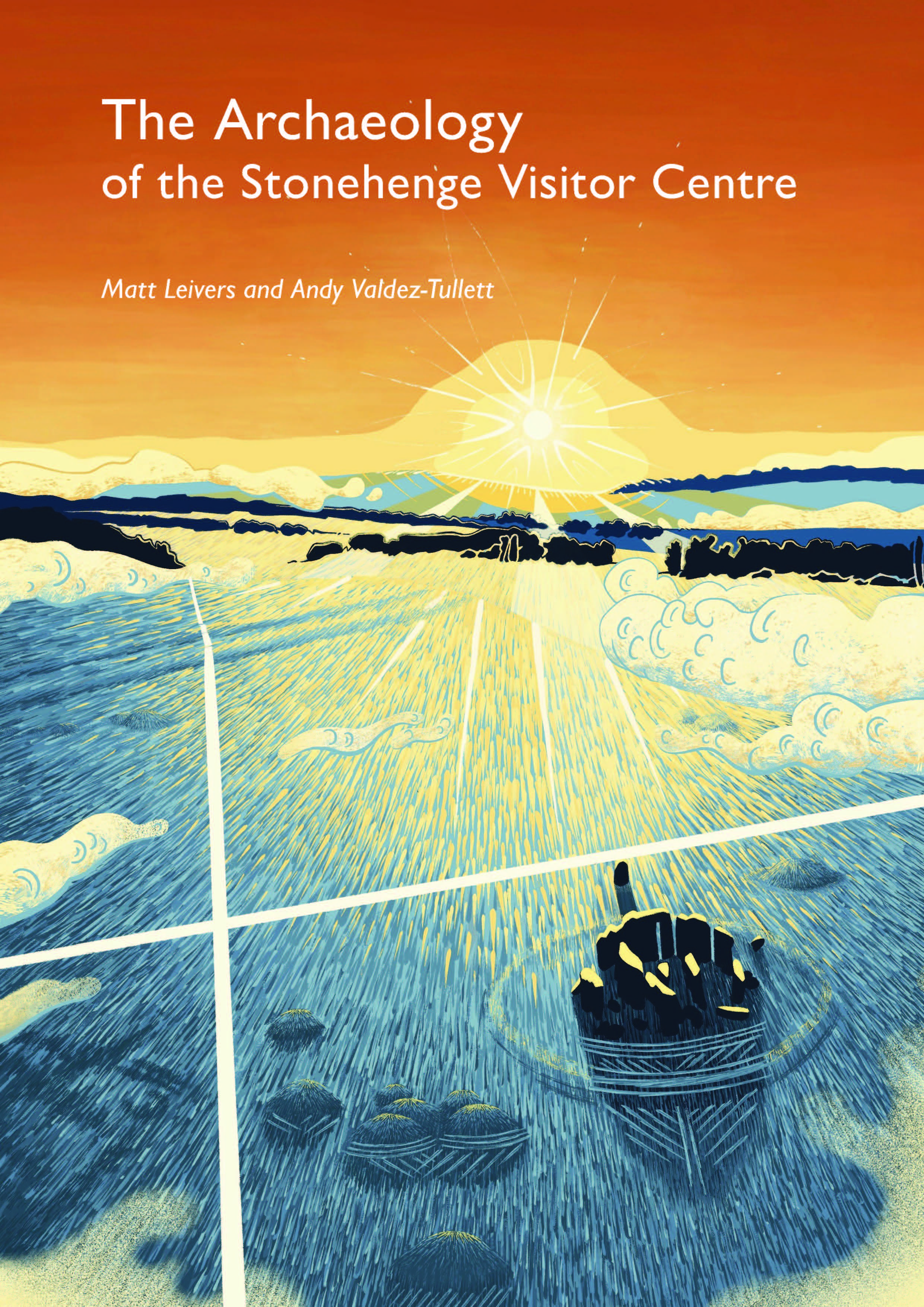
The Archaeology of the Stonehenge Visitor Centre
Matt Leivers & Andrew Valdez-Tullett

Description
A series of archaeological investigations were undertaken over 18 years to inform options for the location of new visitor facilities for Stonehenge. Geophysical survey, test pitting, auger surveys, evaluation trenching and fieldwalking took place at sites within and east of the World Heritage Site.
This volume brings together the results of these investigations, designed and undertaken in a piecemeal fashion with the intention of informing design options, rather than being planned to address particular targets …
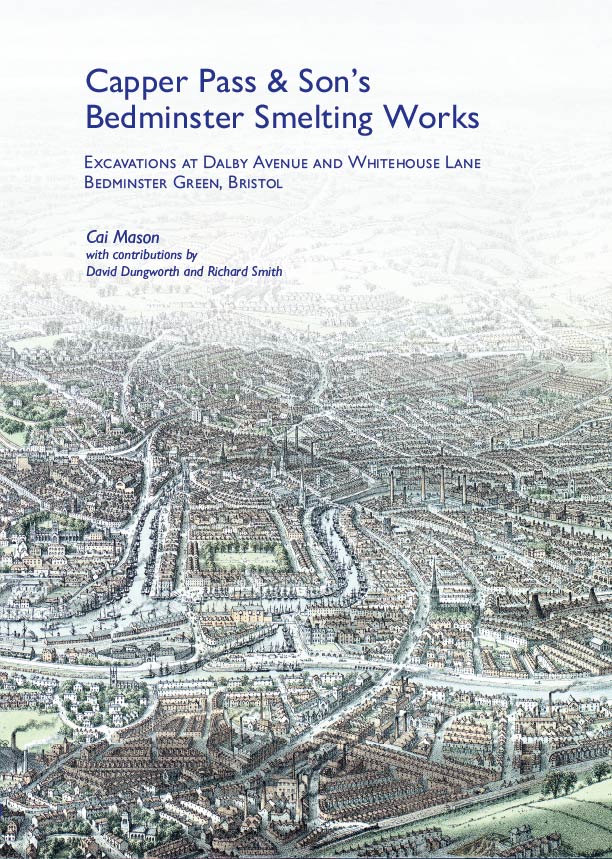
Description
Excavations ahead of the Metal Works development in the Bedminster district of Bristol provided an opportunity to investigate a specialist non-ferrous smelting works that flourished during the Second Industrial Revolution of 1870–1914.
The company originated as a backyard operation run by the eponymous Capper Pass in late 18th- and early 19th-century Walsall, Birmingham and Bristol. Small and unreliable profits led Pass to dabble in criminality, something that resulted in his permanent transportation to Australia in …
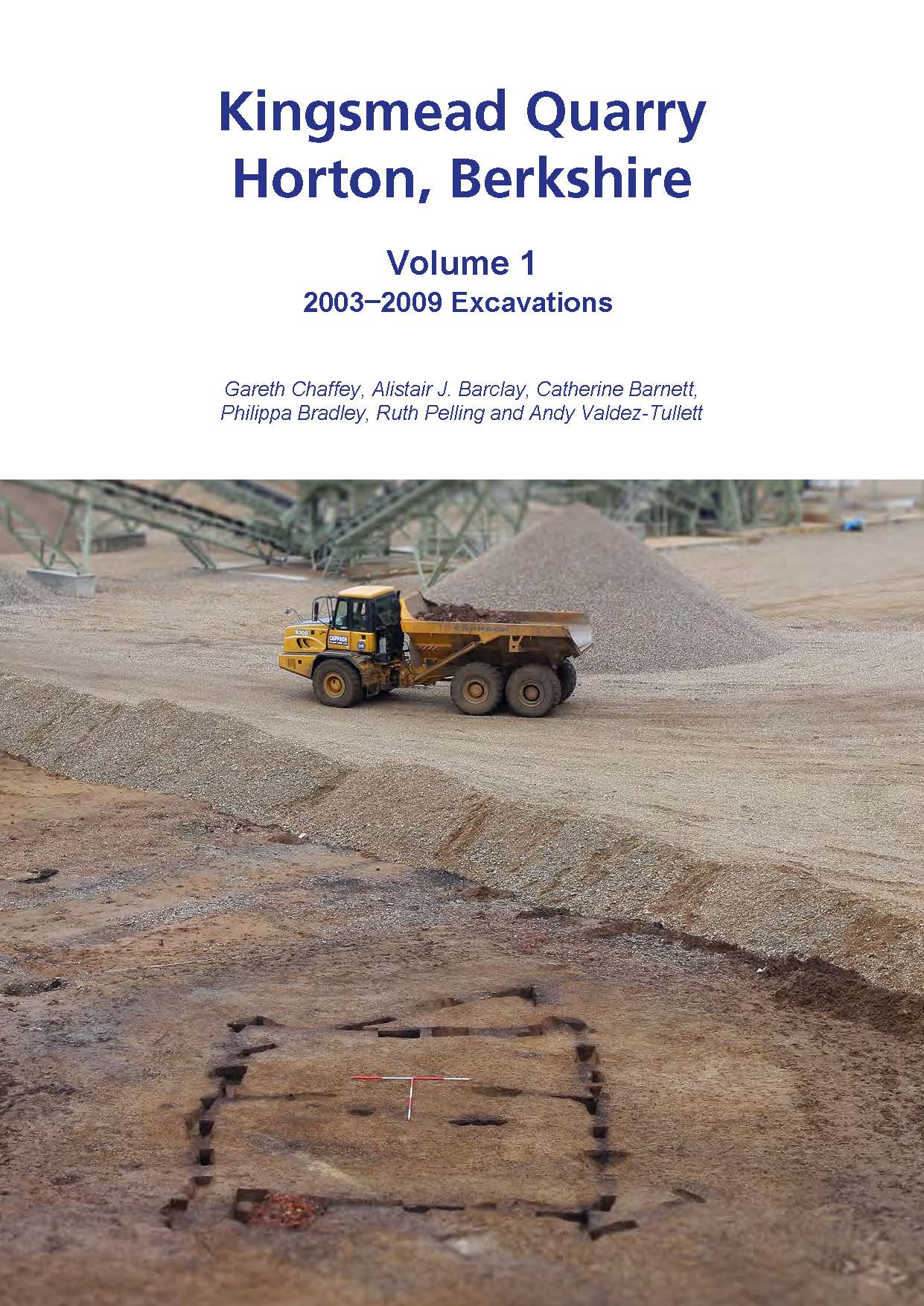
Kingsmead Quarry, Horton, Berkshire Volume 1: 2003–2009 Excavations
Gareth Chaffey, Alistair J. Barclay, Catherine Barnett, Philippa Bradley, Ruth Pelling & Andy Valdez-Tullett

Description
Excavations at Kingsmead Quarry, Horton, Berkshire, have enabled the investigation of large multi-period site with occupation dating back over 12,000 years. Works undertaken prior to phases of gravel extraction have allowed the study of human interaction within the Colne Valley.
This first of two volumes represents the results from 2003–2009 by Wessex Archaeology on over 19 hectares of a vast and complex archaeological landscape. Large quantities of structural evidence, augmented by considerable quantities of artefactual …
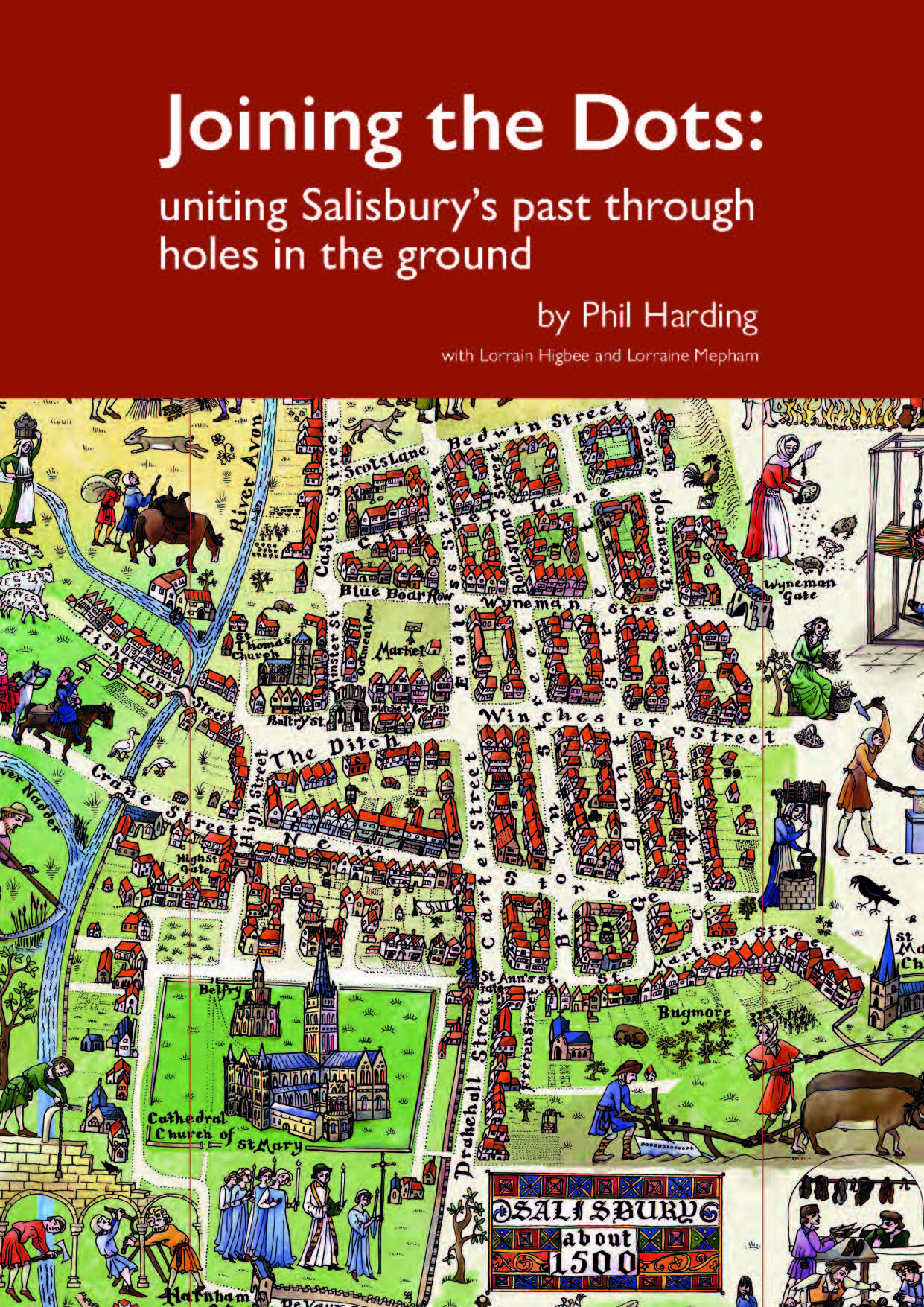
Joining the Dots: uniting Salisbury's past through holes in the ground
Phil Harding, Lorraine Mepham & Lorrain Higbee

Description
Salisbury is renowned for its superb medieval cathedral and planned city centred on its market. Traces of timber-framed buildings, which served as homes for countless generations of Salisbury occupants, still remain. The lives of these former residents can now start to be reconstructed from the archaeological evidence as parts of the city have been redeveloped. Foundations of former houses can be matched with upstanding buildings to reconstruct the appearance of medieval Salisbury. The everyday lives, …
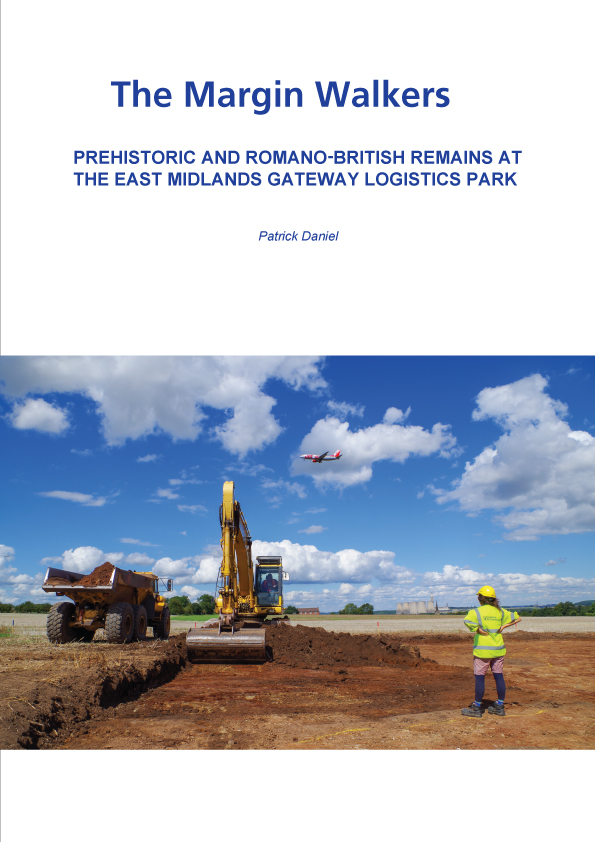
The Margin Walkers: Prehistoric and Romano-British Remains at the East Midlands Gateway Logistics Park
Patrick Daniel

Description
Geophysical survey and evaluation trenching across 290 hectares of farmland in the parishes of Lockington – Hemington and Kegworth in North West Leicestershire led to the open area excavation of 12 sites (centred NGR SK 468 271). The project provided a valuable opportunity to investigate an area about which little was known archaeologically, despite it lying on the southern periphery of the Derwent/Trent/Soar confluence zone, an area rich in remains from prehistory onwards.
The work …
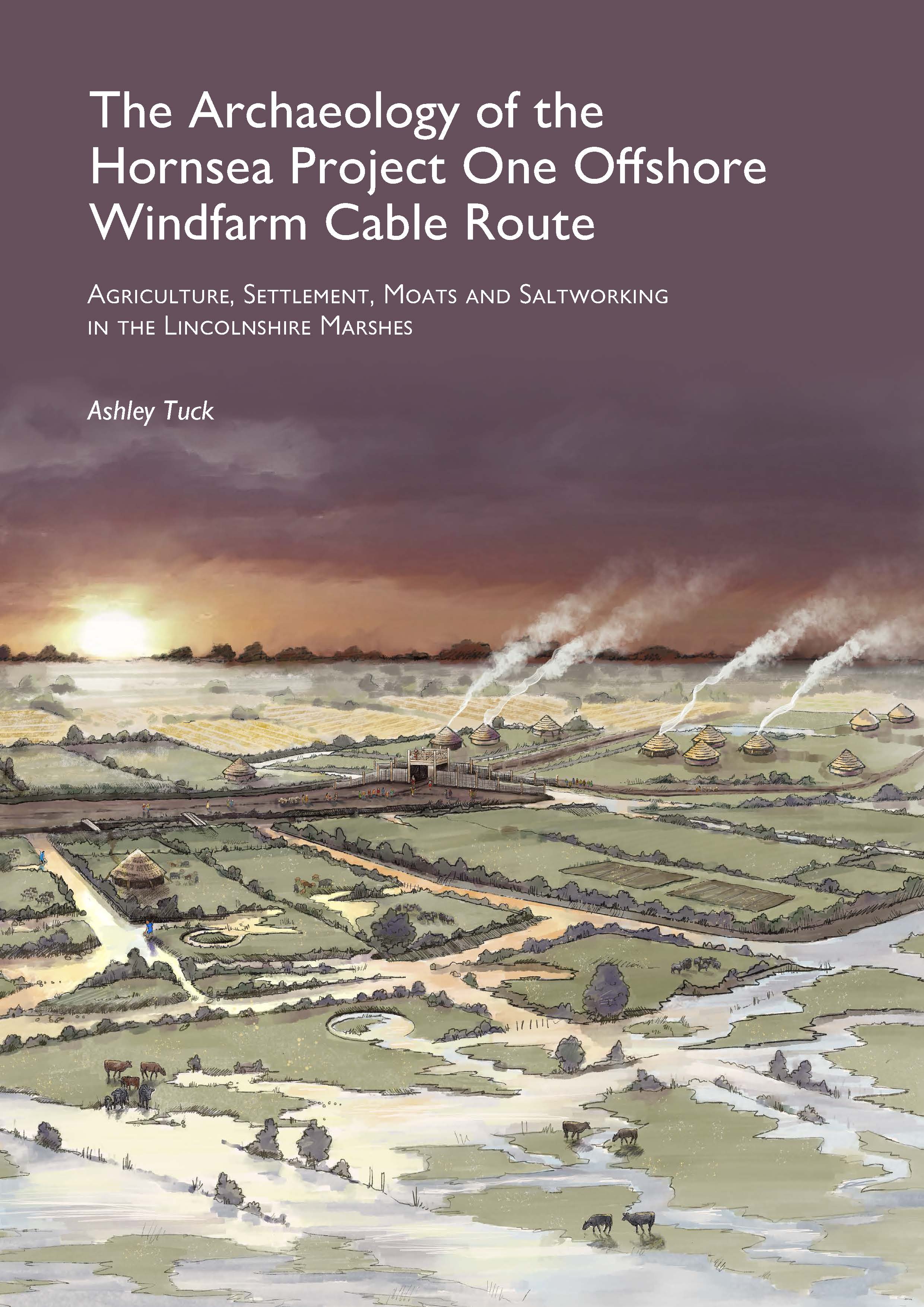
Description
During the installation of cables connecting Hornsea Offshore Wind Farm to the national grid, an archaeological transect was recorded across northern Lincolnshire. This publication is the culmination of a decade of work employing a diverse variety of archaeological techniques.
Parts of six settlements of Iron Age to Romano-British date were excavated, along with part of a regionally rare Anglo-Saxon settlement, two medieval moated sites and extensive evidence for medieval saltworking.
The Iron Age/ Romano-British settlements …
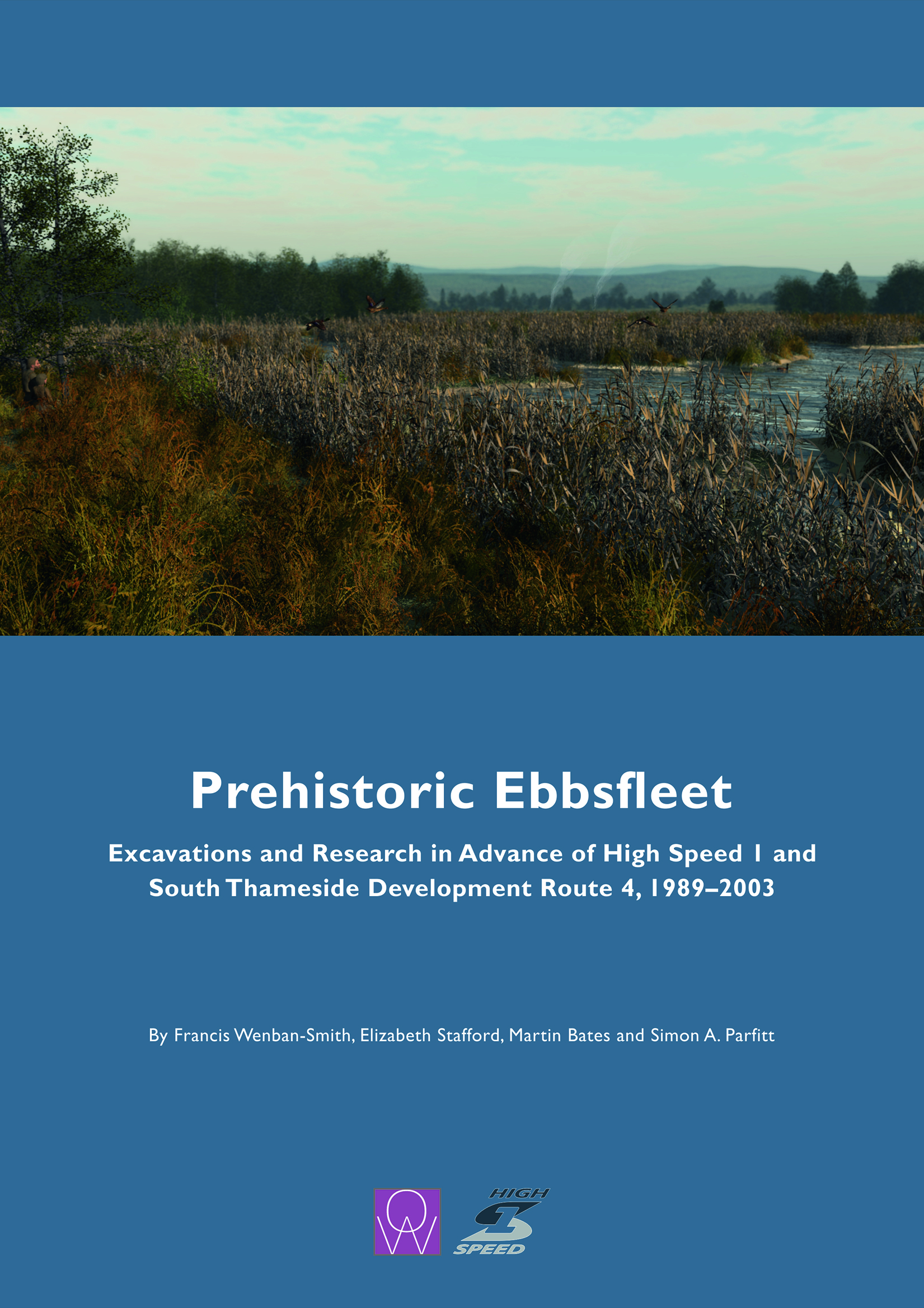
Prehistoric Ebbsfleet: Excavations and Research in Advance of High Speed I and South Thameside Development Route 4, 1989 – 2003
Francis Wenban-Smith, Elizabeth Stafford, Martin Bates & Simon A. Parfitt

Description
The construction of High Speed I (HSI; formerly the Channel Tunnel Rail Link) entailed a major programme of archaeological investigation across Kent, Essex and Greater London. In the Ebbsfleet Valley, a small tributary of the River Thames, a remarkable array of archaeological evidence was discovered, attesting to human occupation spanning a period of 400,000 years.
This volume is the last in a series of HSI archaeological reports for the Ebbsfleet Valley. It also incorporates evidence …
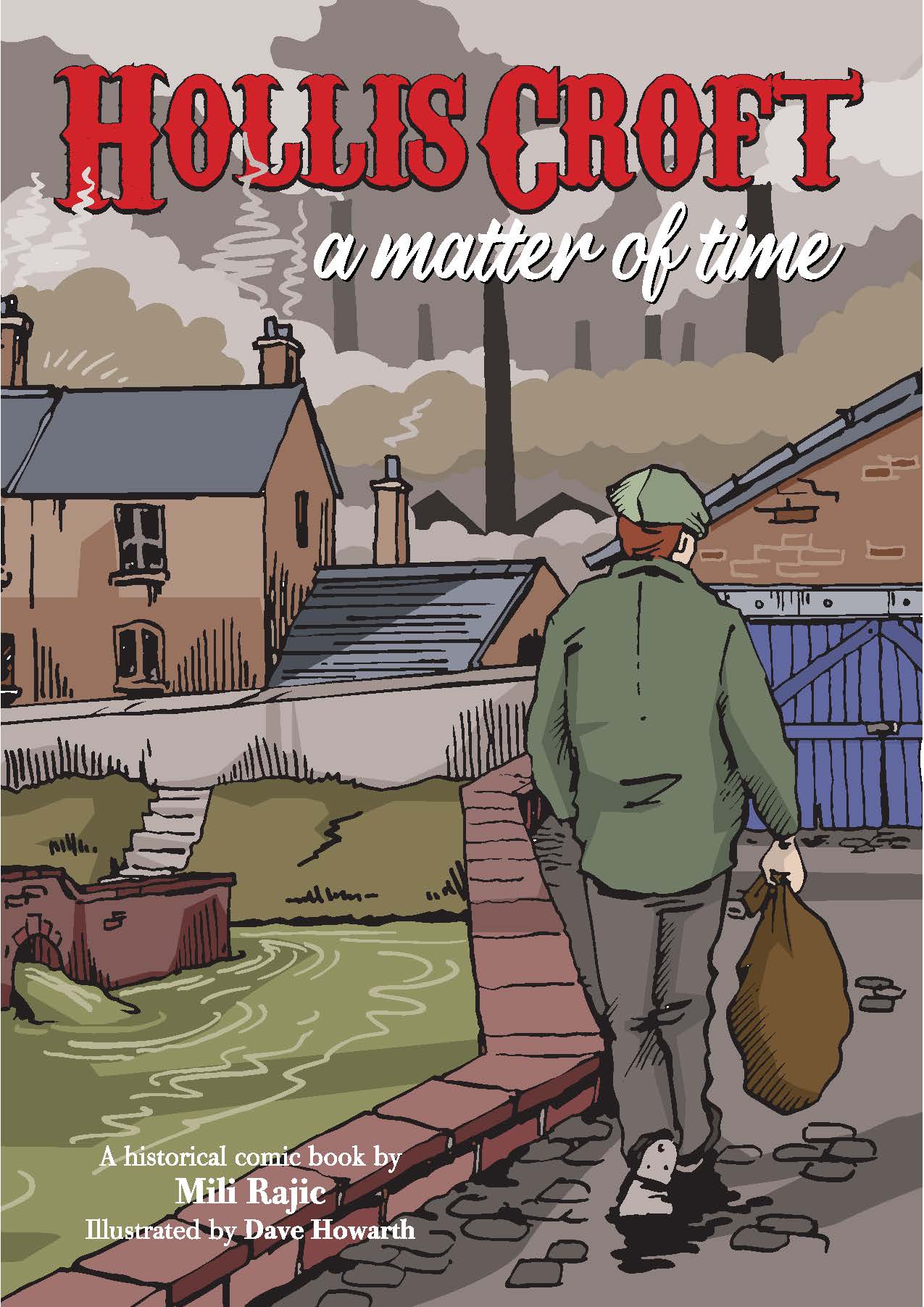
Hollis Croft: A matter of time
Mili Rajic

Description
Sheffield, mid-19 century, the peak of the steel industry that both built and scarred the city. Dark streets and darker attitudes smother life in the grimy tenements and back streets.
A young woman, Neive, leaves the poverty of her parents' home in West Ireland to seek work in the industrial cities of Northern England.
She finds herself in Sheffield, having to hide her femininity to get work in steel cementation factories, she must also hide …
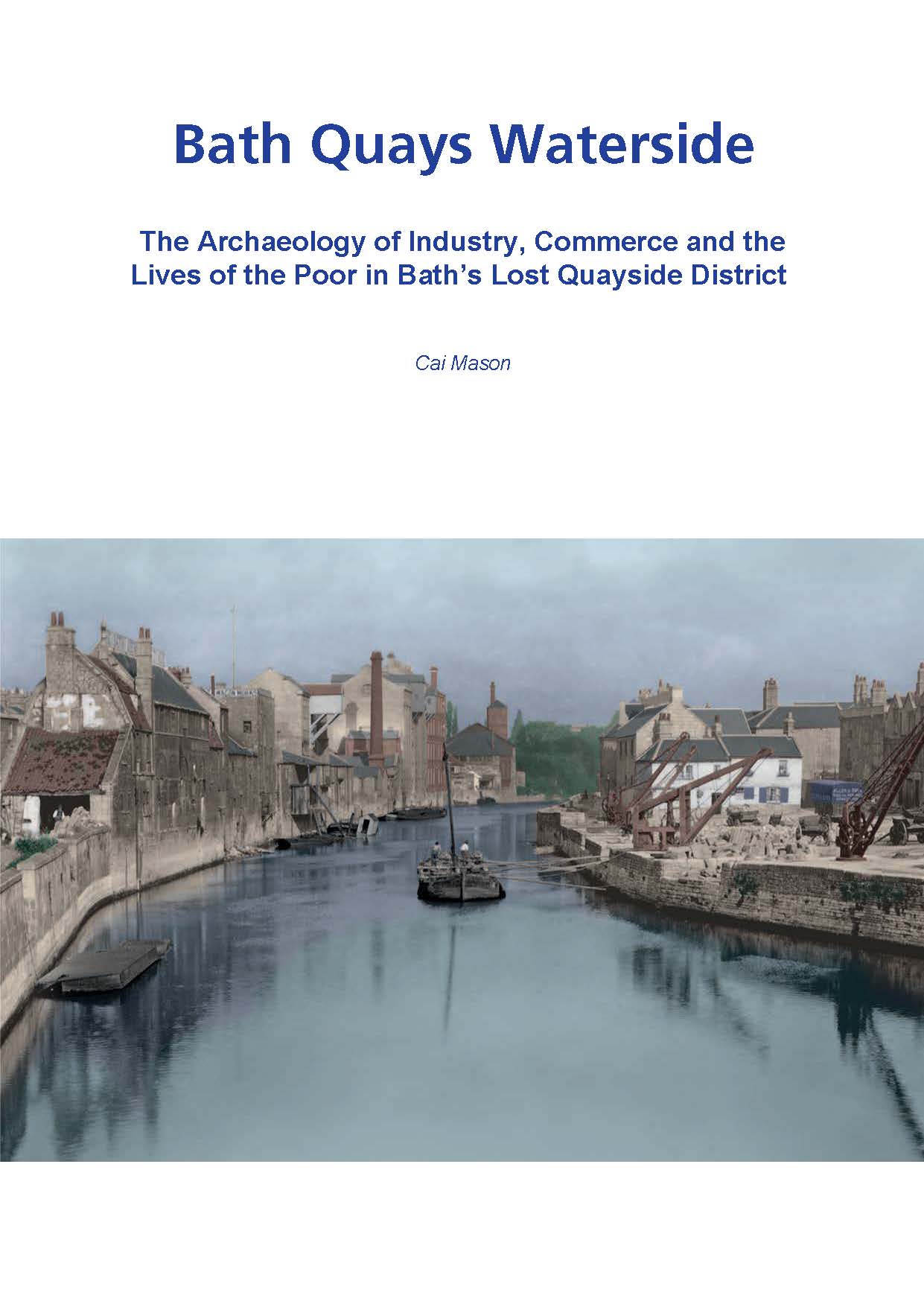
Description
Excavations ahead of the Bath Quays development in the City of Bath Worth Heritage Site provided an opportunity to excavate a strip through the heart of the former Avon Street District - a notorious areas, which was once synonymous with crime, disease and poverty. Developed in the 18th century and demolished in the early 1930s, this district was once home to 10,000 of the city's poorest inhabitants who lives in cramped dwellings nestled amongst the …
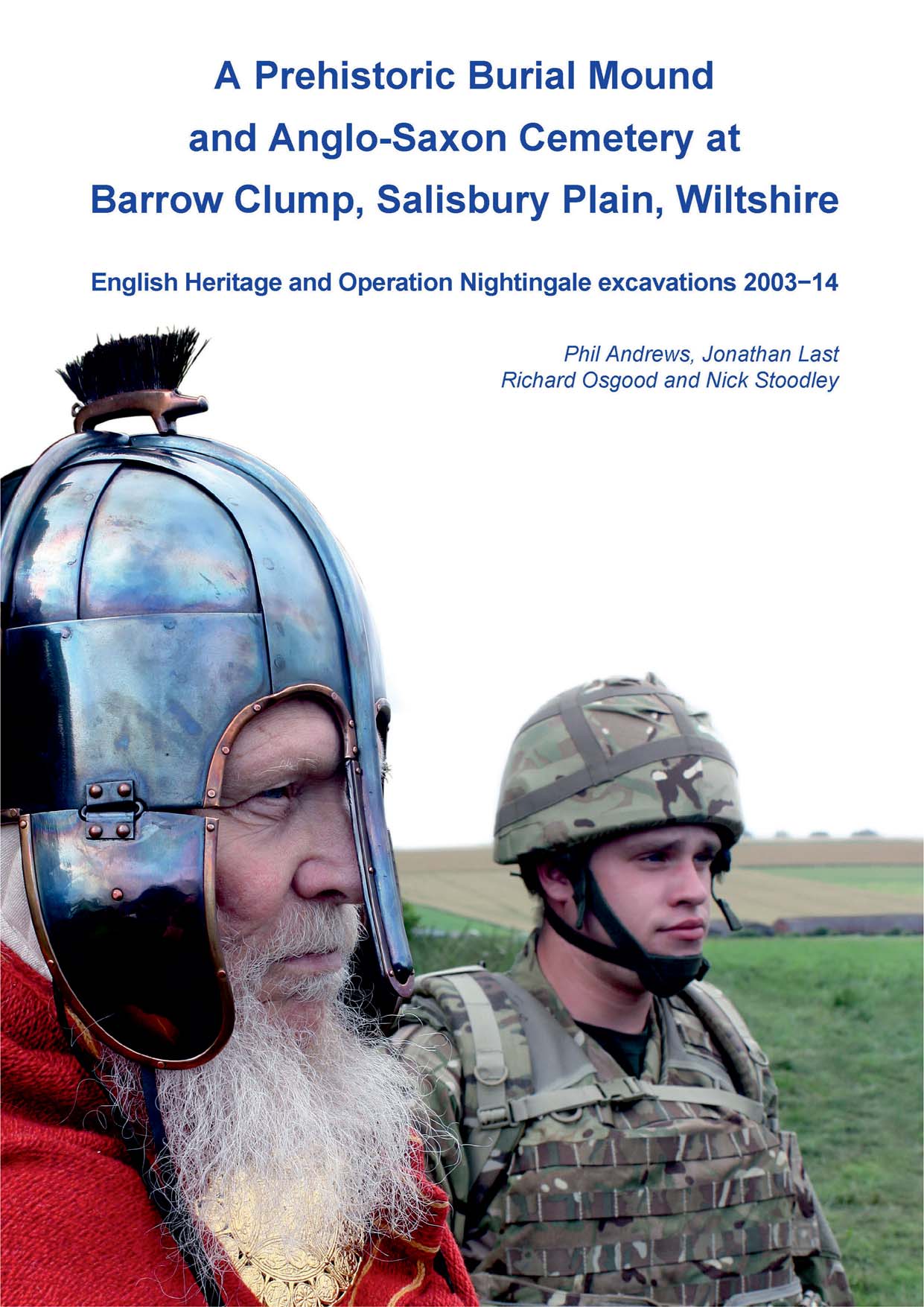
A Prehistoric Burial Mound and Anglo-Saxon Cemetery at Barrow Clump, Salisbury Plain, Wiltshire: English Heritage and Operation Nightingale excavations 2003 – 2014
Phil Andrews, Jonathan Last, Richard Osgood & Nick Stoodley

Description
Barrow Clump, on the east side of the Avon valley, lies in the centre of the Salisbury Plain Military Training Area. It is the site of a large, partly extant Early Bronze Age burial mound which incorporated an earlier Beaker funerary monument, seals a Neolithic land surfaces, and was the focus of an Anglo-Saxon cemetery, most of the 70 graves dating to the 6th century AD.
Excavations in 2003 – 4 were carried out largely …
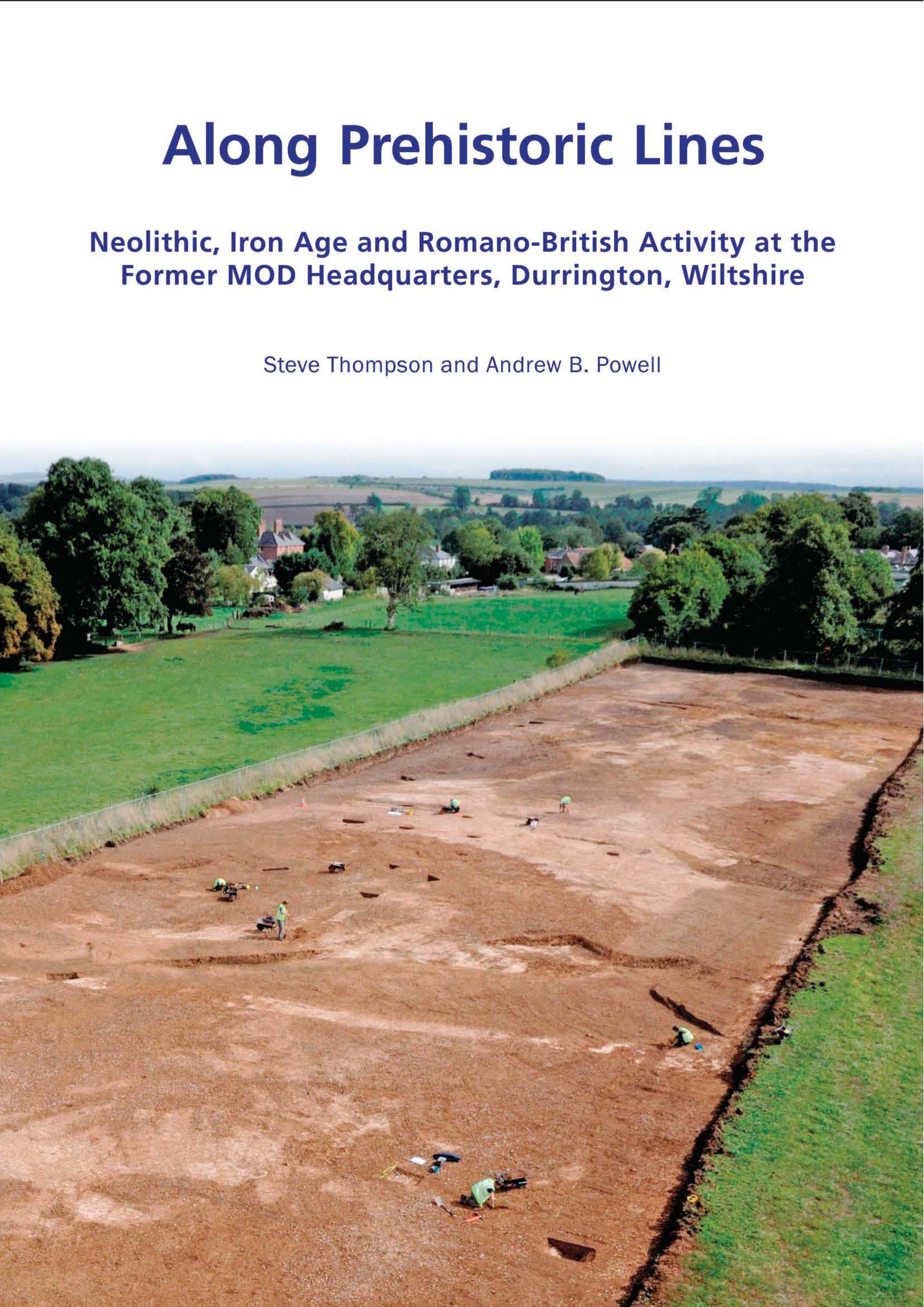
Along Prehistoric Lines: Neolithic, Iron Age and Romano-British Activity at the Former MOD Headquarters, Durrington, Wiltshire
Steve Thompson & Andrew B. Powell

Description
Excavation at the former Ministry of Defence headquarters, Durrington, just outside the Stonehenge World Heritage Site, revealed two prehistoric linear landscape features close to the floor of the River Avon valley.
One comprised two intersecting Late Neolithic posthole alignments which were closely associated with a group of Grooved Ware pits and with the utilisation of natural hollows for flint knapping and, in one follow, for cremation burial.
The other was a substantial Late Iron Age …
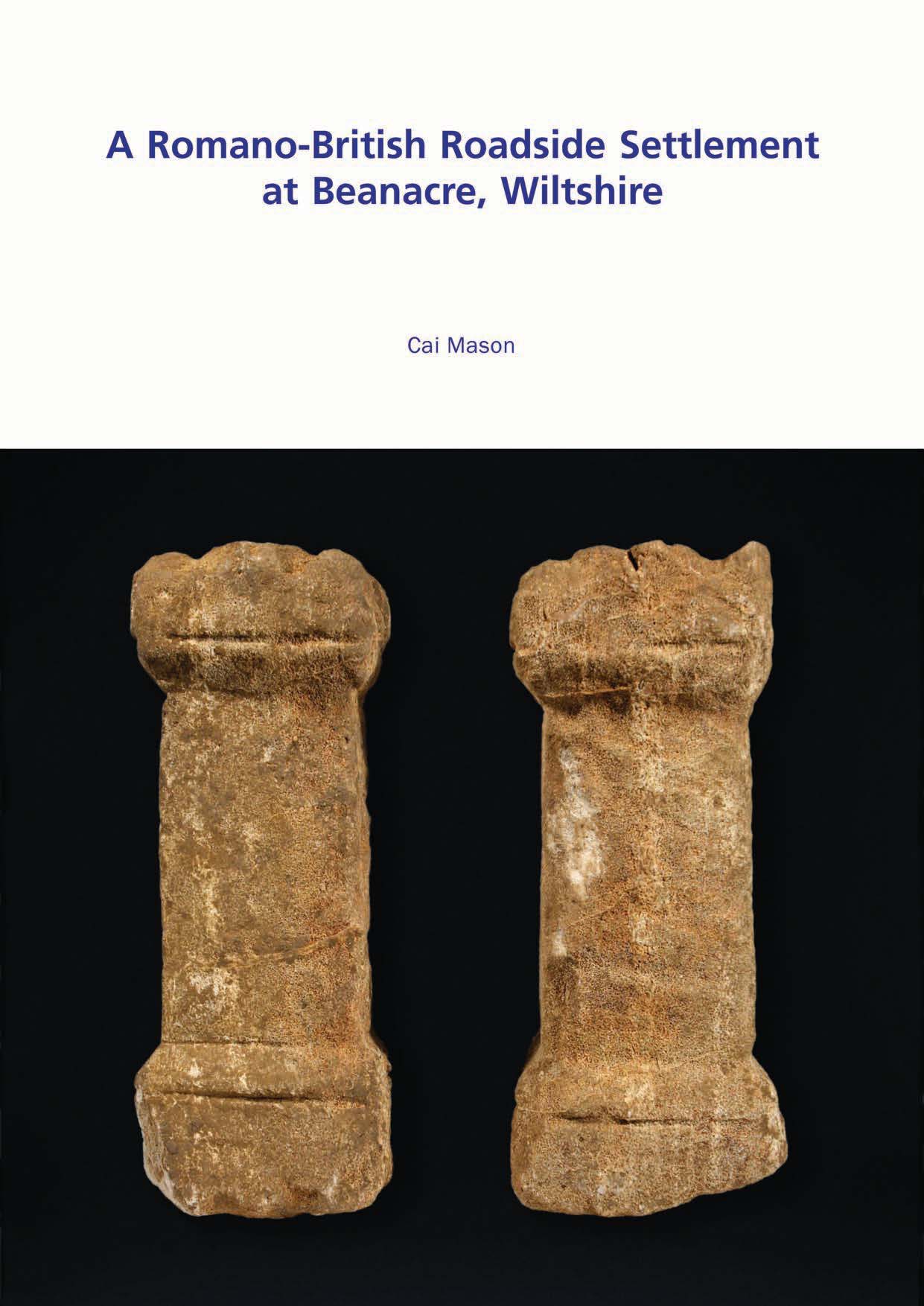
Description
Archaeological excvations during the construction of a new supply line for the electrification of the Great Western Railway Main Line, uncovered part of a large, previously unknown, Romano-British settlement along the main road between the Roman towns of Aquae Sulis and Cunetio. The full extent of the settlement is unknown but evidence from metal detector finds and field names suggests that it may have extended for at least 0.9 km along the Roman road. …
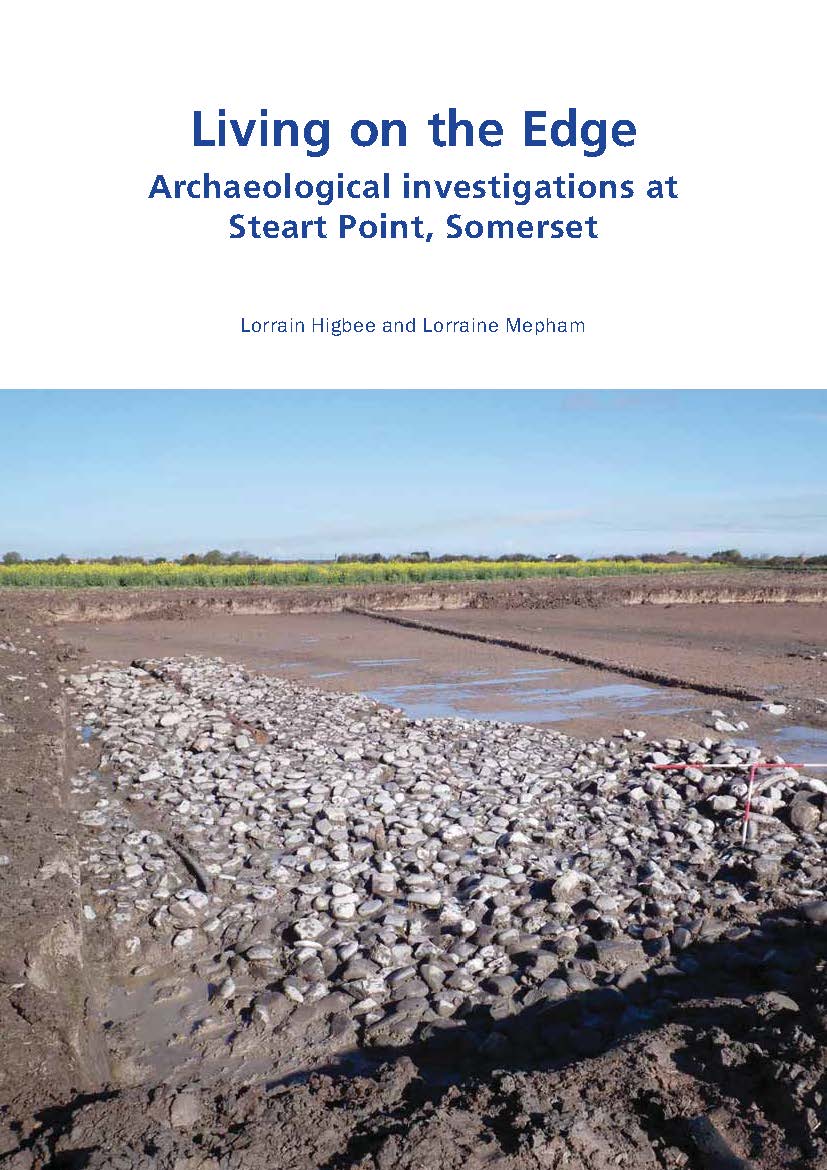
Living on the Edge: Archaeological investigations at Steart Point, Somerset
Lorrain Higbee & Lorraine Mepham

Description
Archaeological works at Steart Point peninsula, near Bridgwater, have recovered evidence for the exploitation and settlement of the peninsula from the prehistoric period onwards. The results overall fit broad regional patterns of wetland environments in Southern Britain, where phases of land reclamation and climatic amelioration have been key factors in the successful exploitation, occupation and development of these landscapes. These phases of reclamation are strongly linked to the prevailing patterns of associated sea level increased …
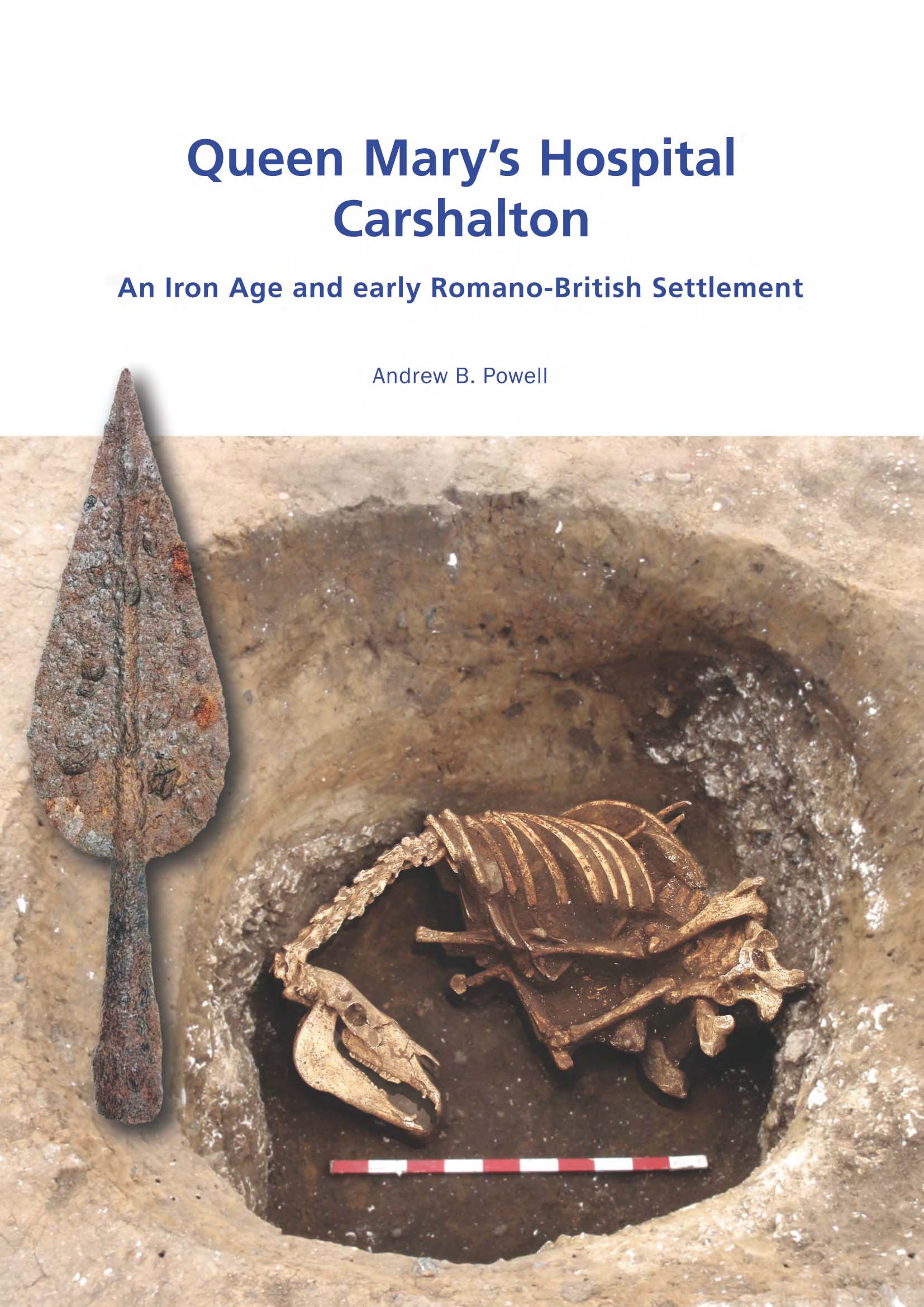
Description
Excavations just outside a large Late Bronze Age ringwork at Queen Mary's Hospital, Carshalton, the London Borough of Sutton, revealed a settlement which was occupied possibly continuously from the Early Iron Age into the early Romano-British period. Originally an open settlement, by the Late Iron Age parts of it had been enclosed by an arrangements of small ditches, which underwent some modifications over the next two centuries, while keeping their overall layout.
An Early/Middle Iron …
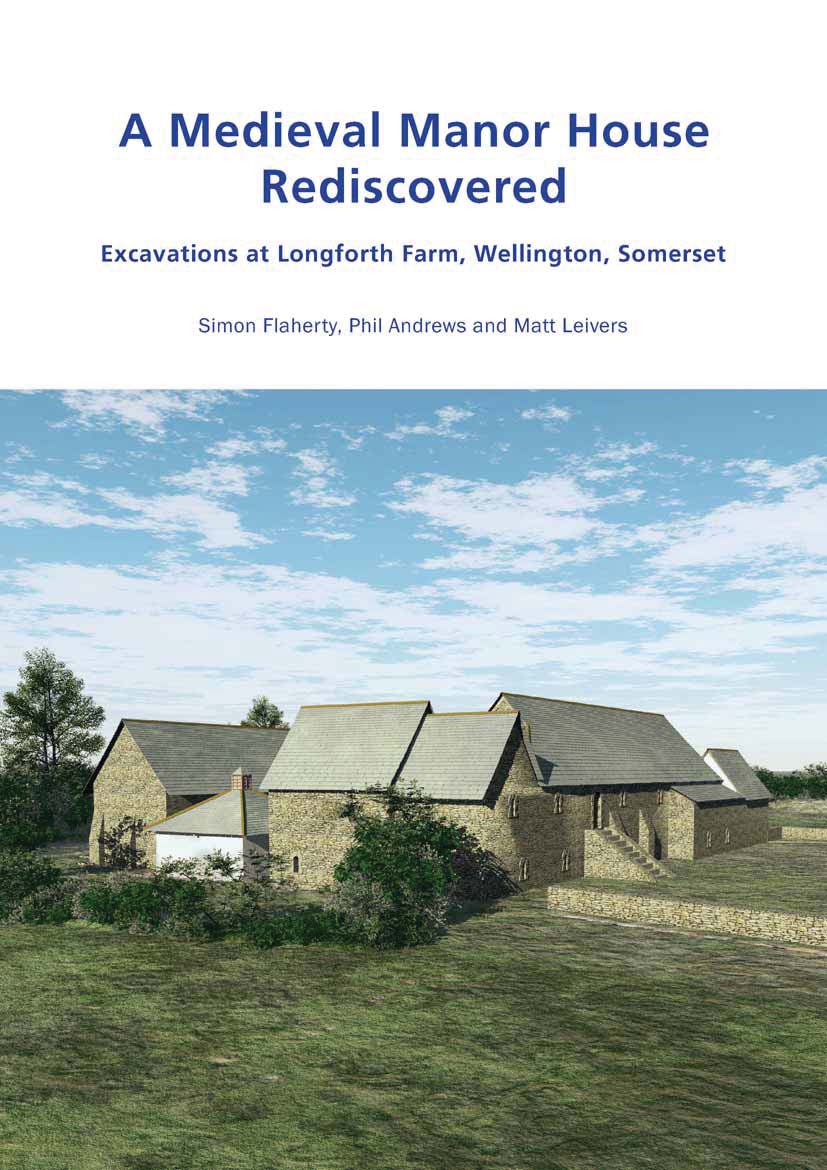
A Medieval Manor House Rediscovered: Excavations at Longforth Farm, Wellington, Somerset
Simon Flaherty, Phil Andrews & Matt Leivers

Description
Excavations in advance of housing development at Longforth Farm, Wellington, Somerset, revealed limited evidence for late prehistoric settlement, but the principle discovery was the remains of a previously unknown high status medieval building complex. This is thought to have been a manor house and though heavily robbed, key elements identified include a hall, solar with garderobe and service wing. A forecourt lay to the north and a courtyard with as least one ancillary building and …
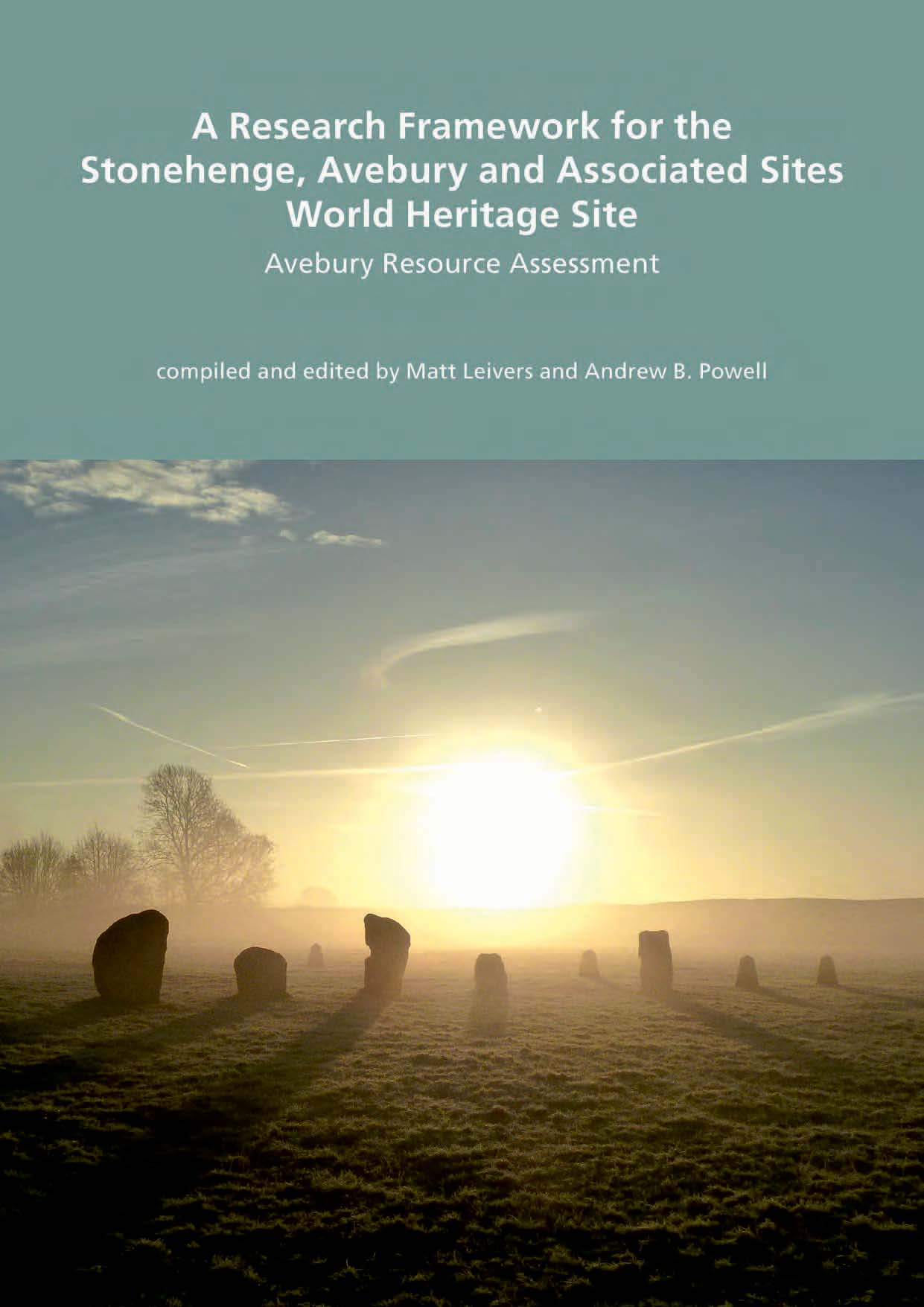
A Research Framework for the Stonehenge, Avebury and Associated Sites World Heritage Sites: Avebury Resource Assessment
Matt Leivers & Andrew B. Powell

Description
The Stonehenge, Avebury and Associated Sites World Heritage Site consists of two blocks of Wessex chalkland some 40 km apart. Individually they contain distinctive complexes of Neolithic and Bronze Age monuments; together they are one of the most iconic and important prehistoric landscapes in the world.
This volume consists of a Resource Assessment of the Avebury part of the World Heritage Site, summarising the known archaeological and historical record and the key techniques used in …
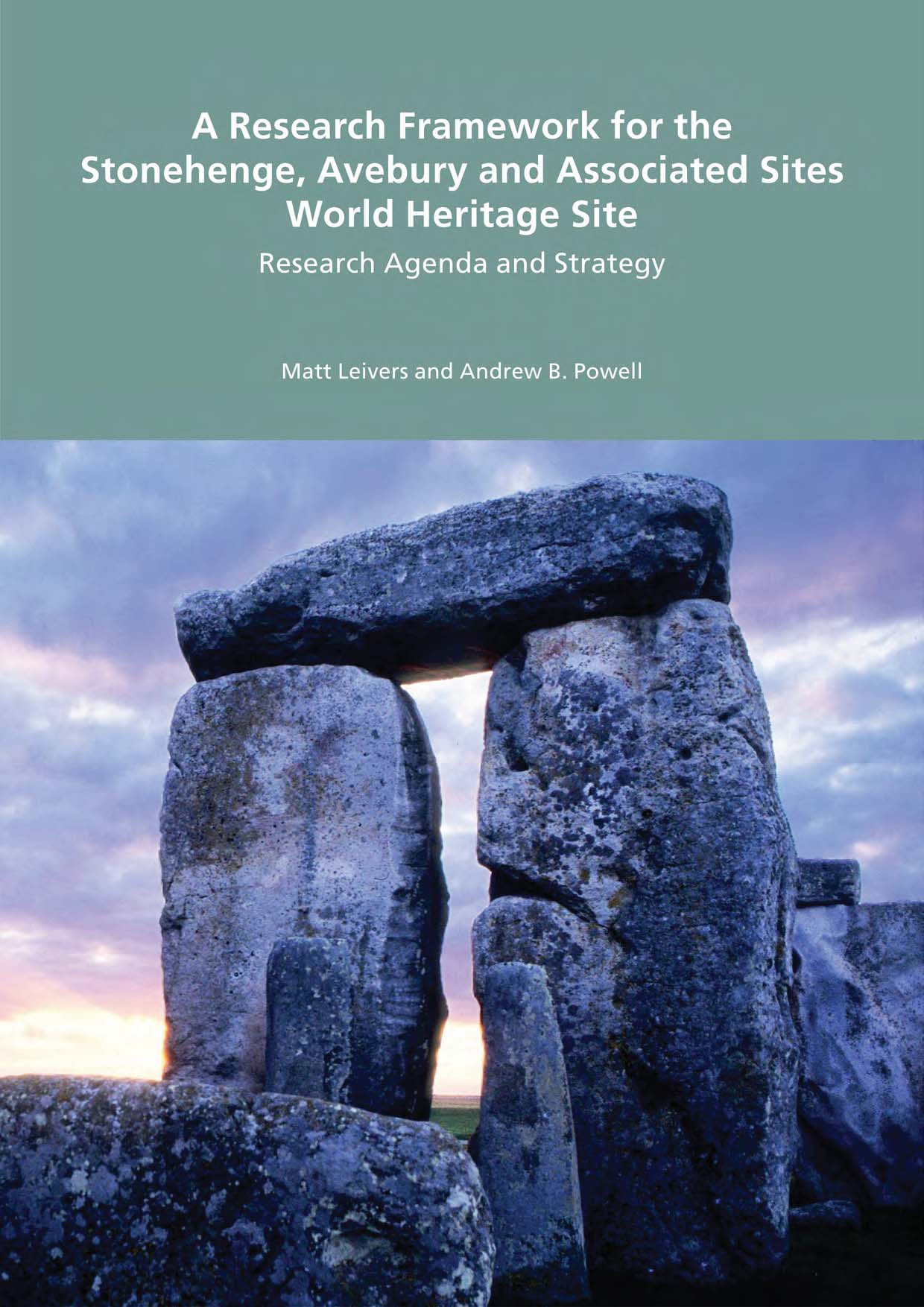
A Research Framework for the Stonehenge, Avebury and Associated Sites World Heritage Sites: Research Agenda and Strategy
Matt Leivers & Andrew B. Powell

Description
The Stonehenge, Avebury and Associated Sites World Heritage Site consists of two blocks of Wessex chalkland some 40 km apart. Individually they contain distinctive complexes of Neolithic and Bronze Age monuments; together they are one of the most iconic and important prehistoric landscapes in the world.
This volume builds on the accompanying Resource Assessment to provide for the first time a fully integrated Research Agenda for the whole of the World Heritage Site.
Resulting from discussion …
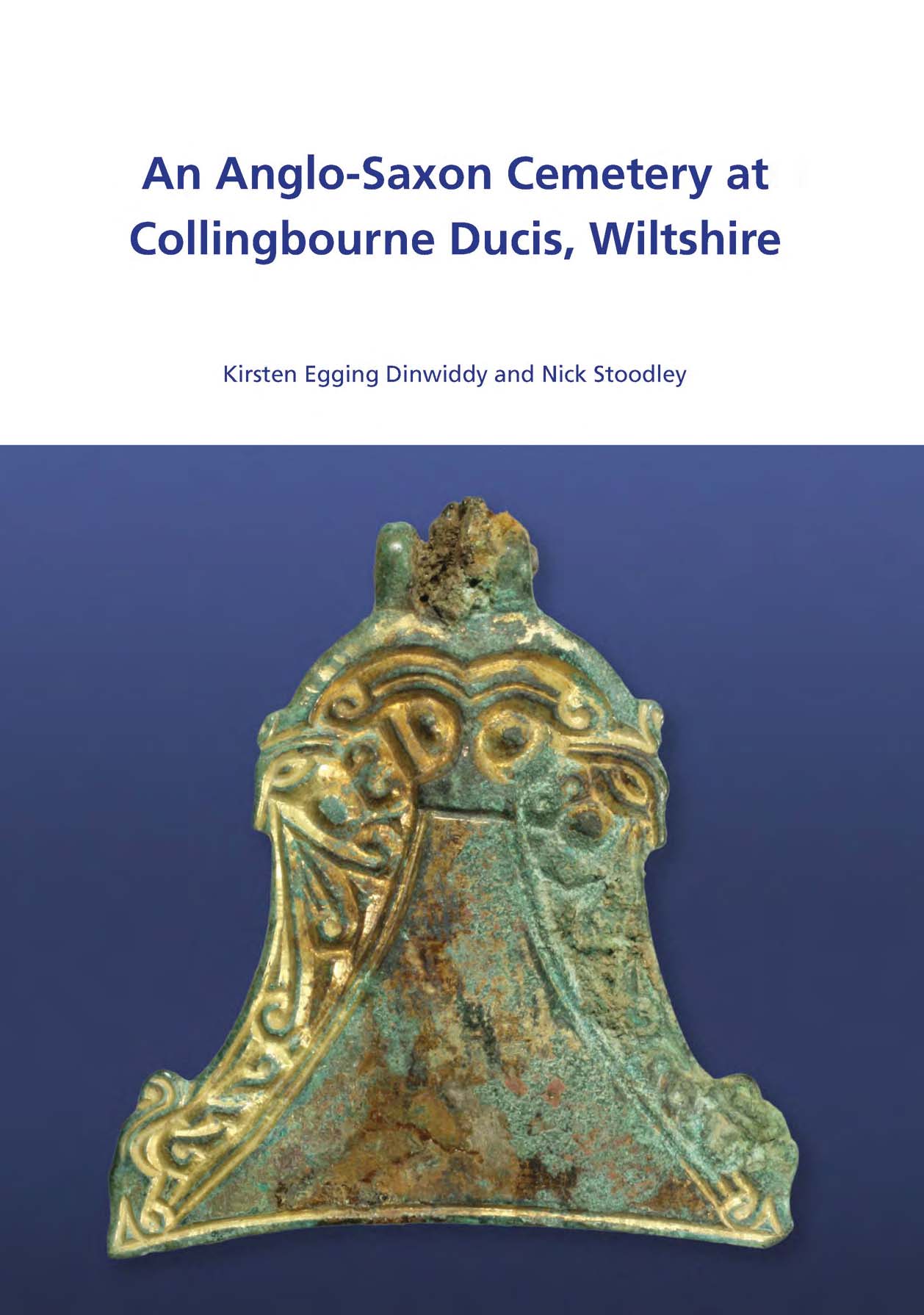
An Anglo-Saxon Cemetery at Collingbourne Ducis, Wiltshire
Kirsten Egging Dinwiddy & Nick Stoodley

Description
Excavations at Collingbourne Ducis revealed almost the full extent of a late 5th–7th century cemetery first recorded in 1974, providing one of the largest samples of burial remains from Anglo-Saxon Wiltshire. The cemetery lies 200 m to the north-east of a broadly contemporaneous settlement on lower lying ground next to the River Bourne.
Eighty-two inhumations graves and four cremation graves were recorded, in addition to the 33 inhumation graves discovered in 1974. There was an …
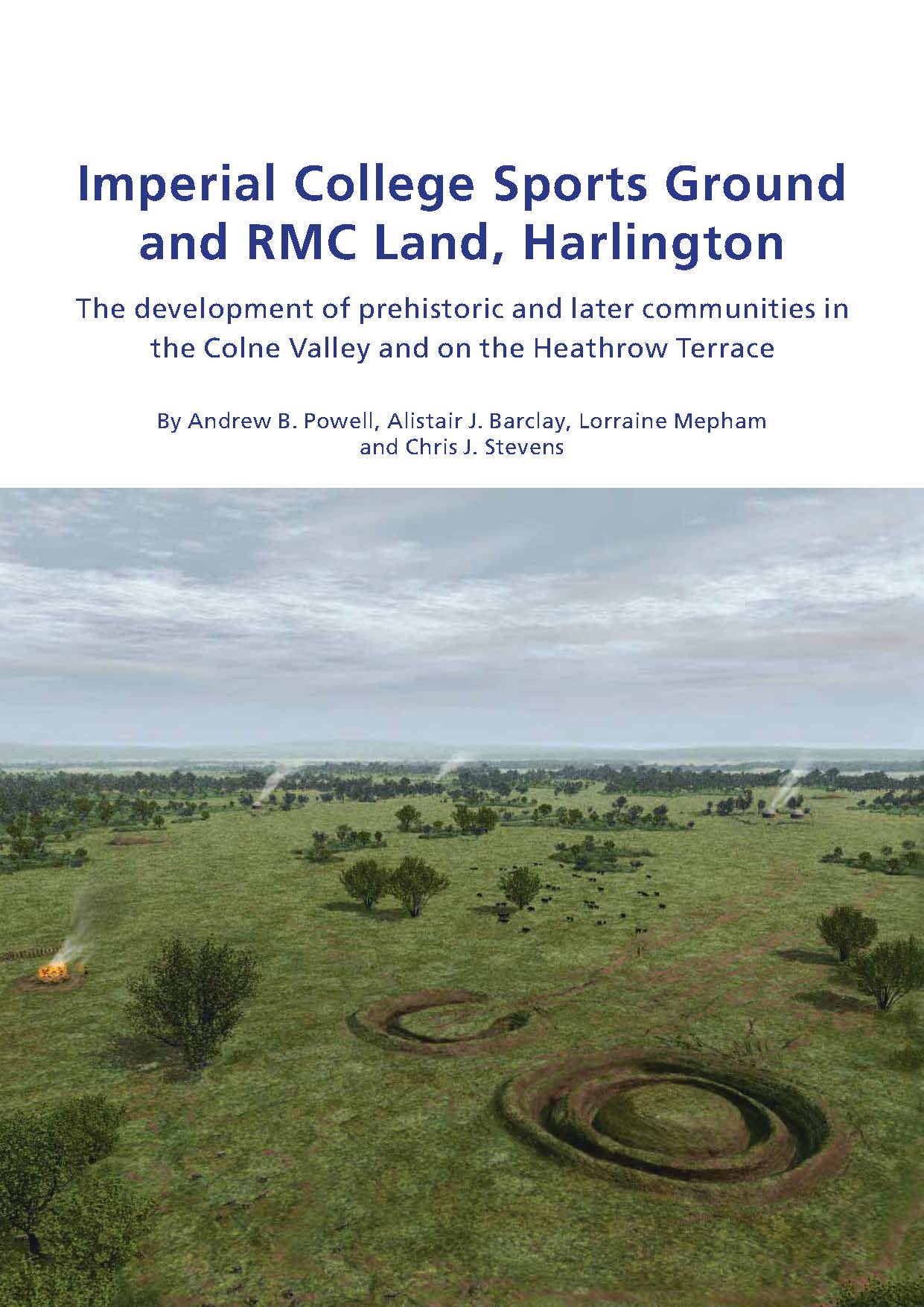
Imperial College Sports Ground and RMC Land, Harlington: The development of prehistoric and later communities in the Colne Valley and on the Heathrow Terrace
Andrew B. Powell, Alistair J. Barclay, Lorraine Mepham & Chris J. Stevens

Description
This volume reports on the excavation at the former Imperial College Sports Ground, RMC Land and Land East of Wall Garden Farm, near the villages of Harlington and Sipson in the London Borough of Hillingdon, which revealed an archaeological landscape that developed from the Neolithic through to the medieval period.
The Early to Middle Neolithic saw the construction of a rectangular ditched mortuary monument, and the widespread digging of pits, many with deposits containing Peterborough …
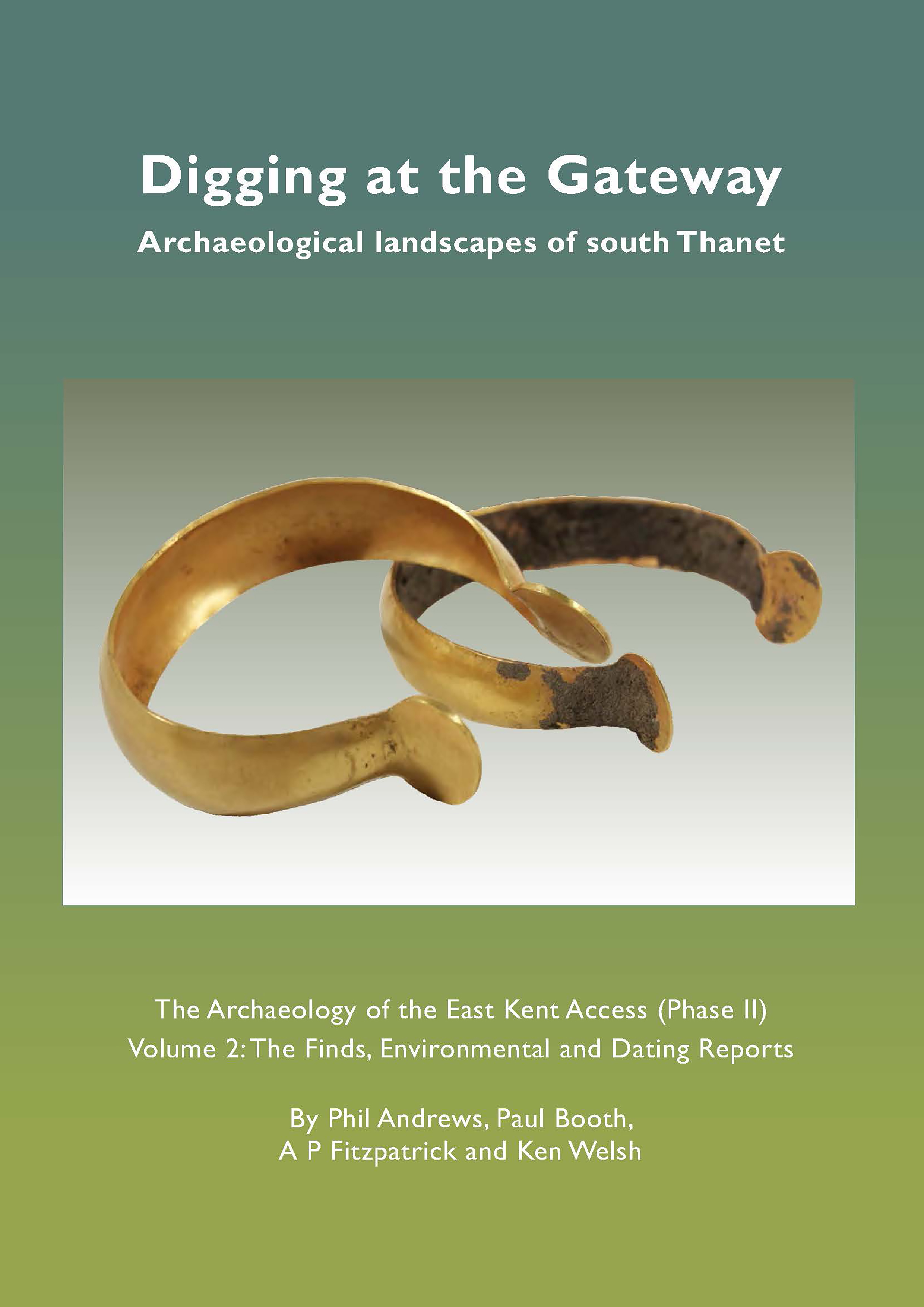
Digging at the Gateway Archaeological landscapes of south Thanet: The Archaeology of East Kent Access (Phase II). Volume 2: The Finds, Environmental and Dating Reports
Phil Andrews, Paul Booth, A. P. Fitzpatrick & Ken Welsh

Description
East Kent has been a gateway for new people, cultures, ideas and trade for thousands of years. The Isle of Thanet, now joined to the mainland following the silting and reclamation of the former Wantsum Channel, was at the forefront of these movements.
A Kent County Council programme to build a new link road, the East Kent Access, in the south-east part of Thanet resulted in the largest archaeological project carried out in Britain in …
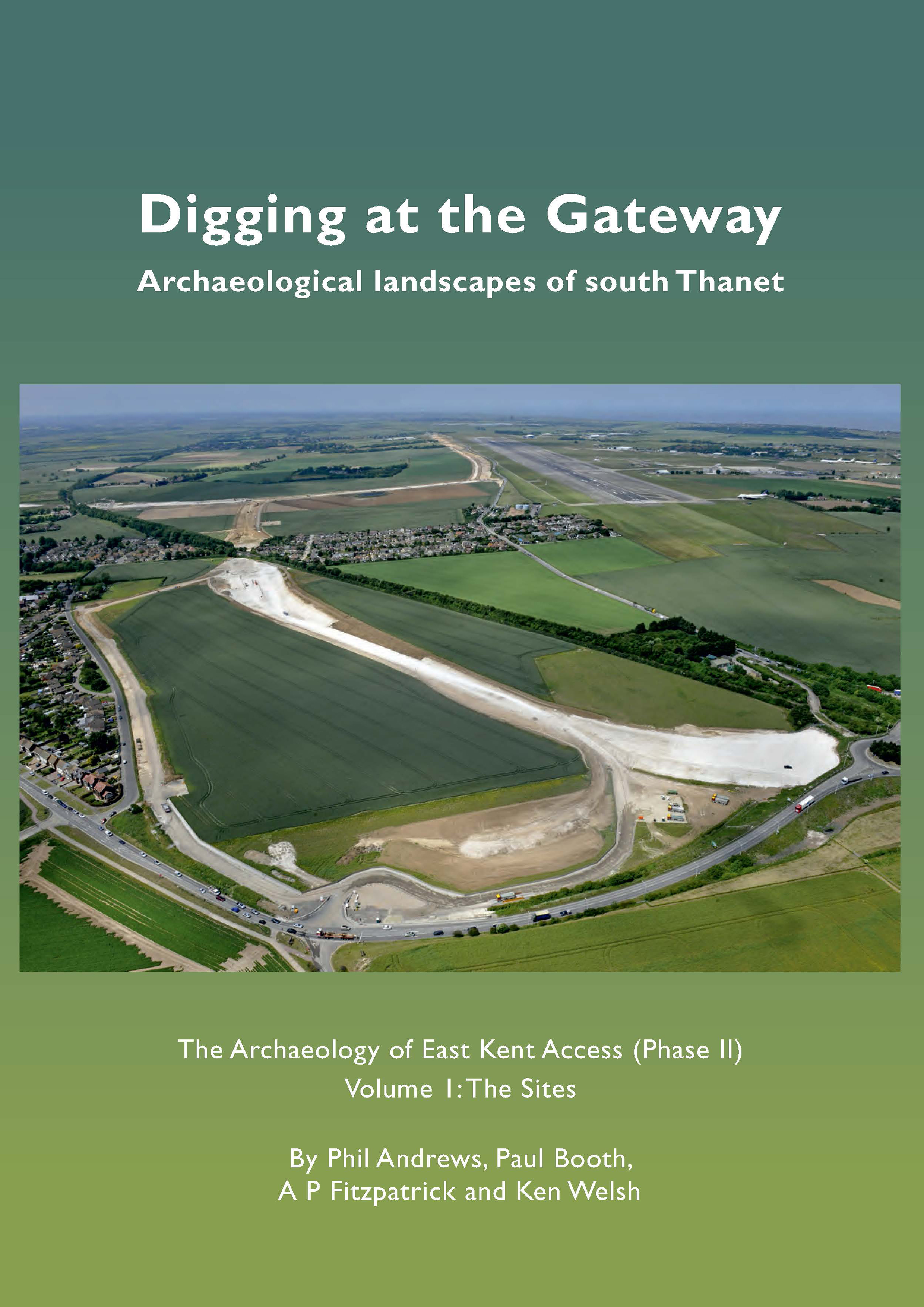
Digging at the Gateway Archaeological landscapes of south Thanet: The Archaeology of East Kent Access (Phase II). Volume I: The Sites
Phil Andrews, Paul Booth, A. P. Fitzpatrick & Ken Welsh

Description
East Kent has been a gateway for new people, cultures, ideas and trade for thousands of years. The Isle of Thanet, now joined to the mainland following the silting and reclamation of the former Wantsum Channel, was at the forefront of these movements.
A Kent County Council programme to build a new link road, the East Kent Access, in the south-east part of Thanet resulted in the largest archaeological project carried out in Britain in …
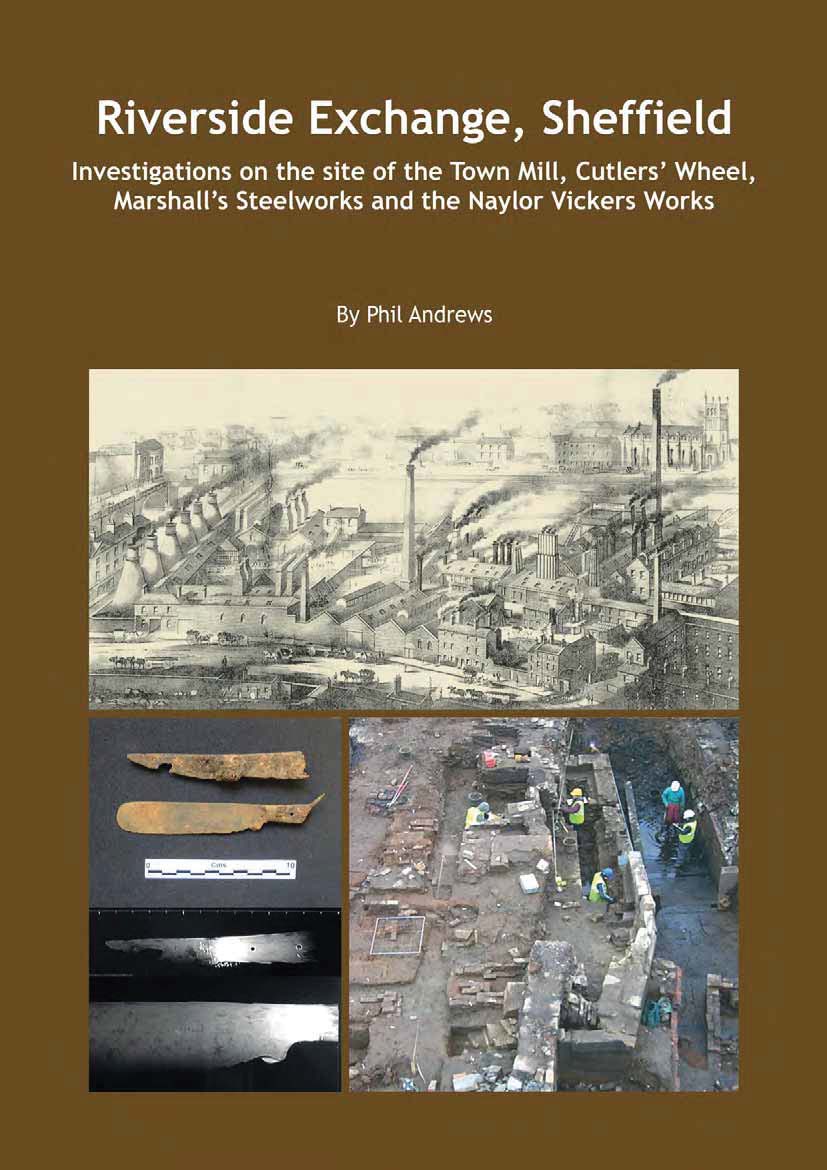
Description
Excavations at Riverside Exchange in the centre of Sheffield revealed significant evidence of the city's post-medieval industrial expansion and, in particular, unique remains relating to early steelmaking.
Nothing of the medieval Town Mill survived but the goit which supplied water to the mill remained an important element within the site. Mid-17th-century tanning pits were followed by the Cutlers' Wheel, built in the mid-18th century to provide a water-powered grinding workshop. Notable assemblages of cutlery, pottery …
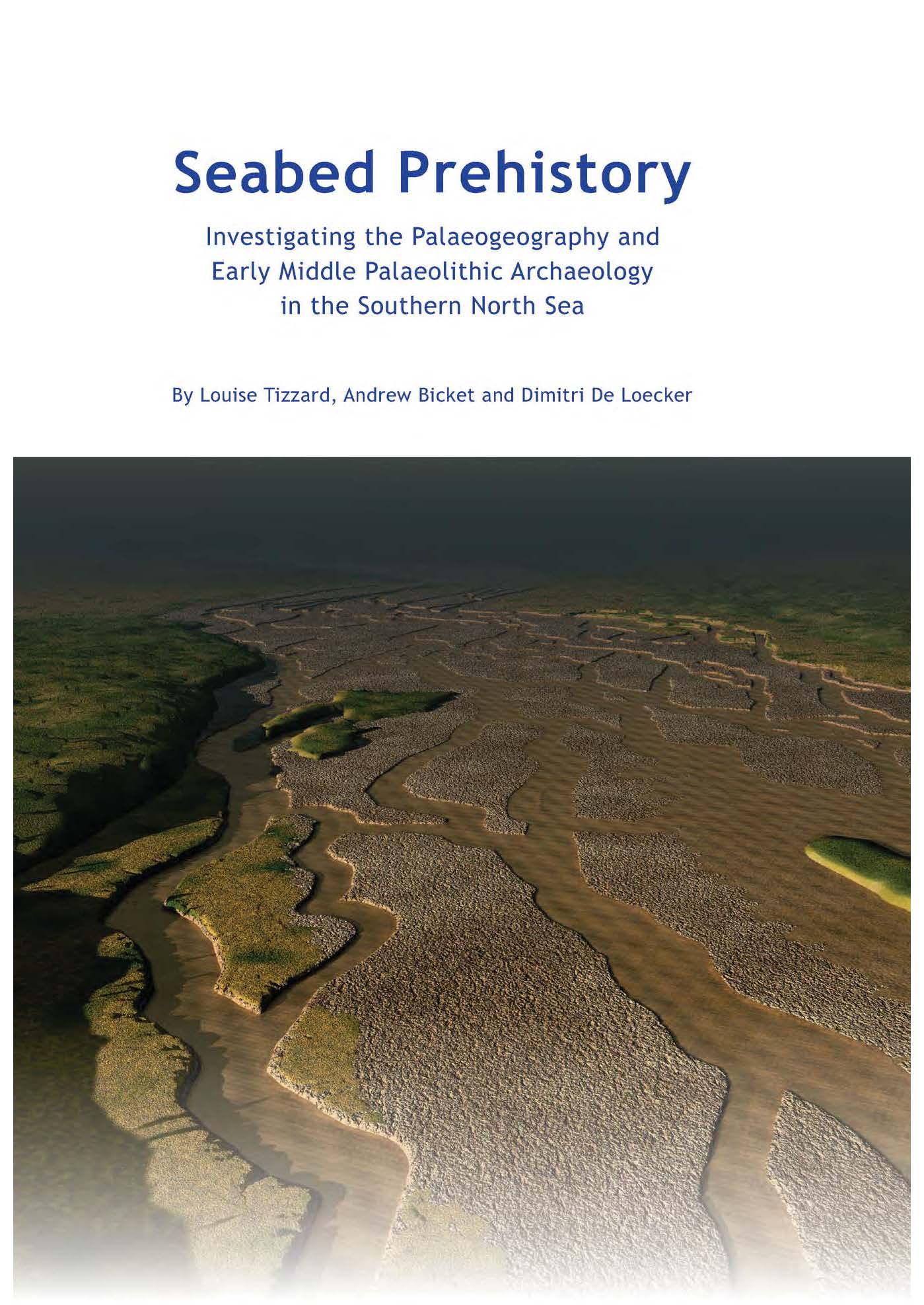
Seabed Prehistory: Investigating the Palaeogeography and Early Middle Palaeolithic Archaeology in the Southern North Sea
Louise Tizzard, Andrew Bicket & Dimitri De Loecker

Description
The potential for Middle Palaeolithic sites to survive beneath the sea in northern latitudes has been established by intensive investigation within Area 240, a marine aggregate licence area situated in the North Sea, 11 km off the coast of Norfolk, England. The fortuitous discovery of bifacial hand axes, and Levallois flakes and cores in 2008, led to a major programme of fieldwork and analysis.
Geophysical, geoarchaeological, palaeoenvironmental and archaeological datasets have been integrated producing a …
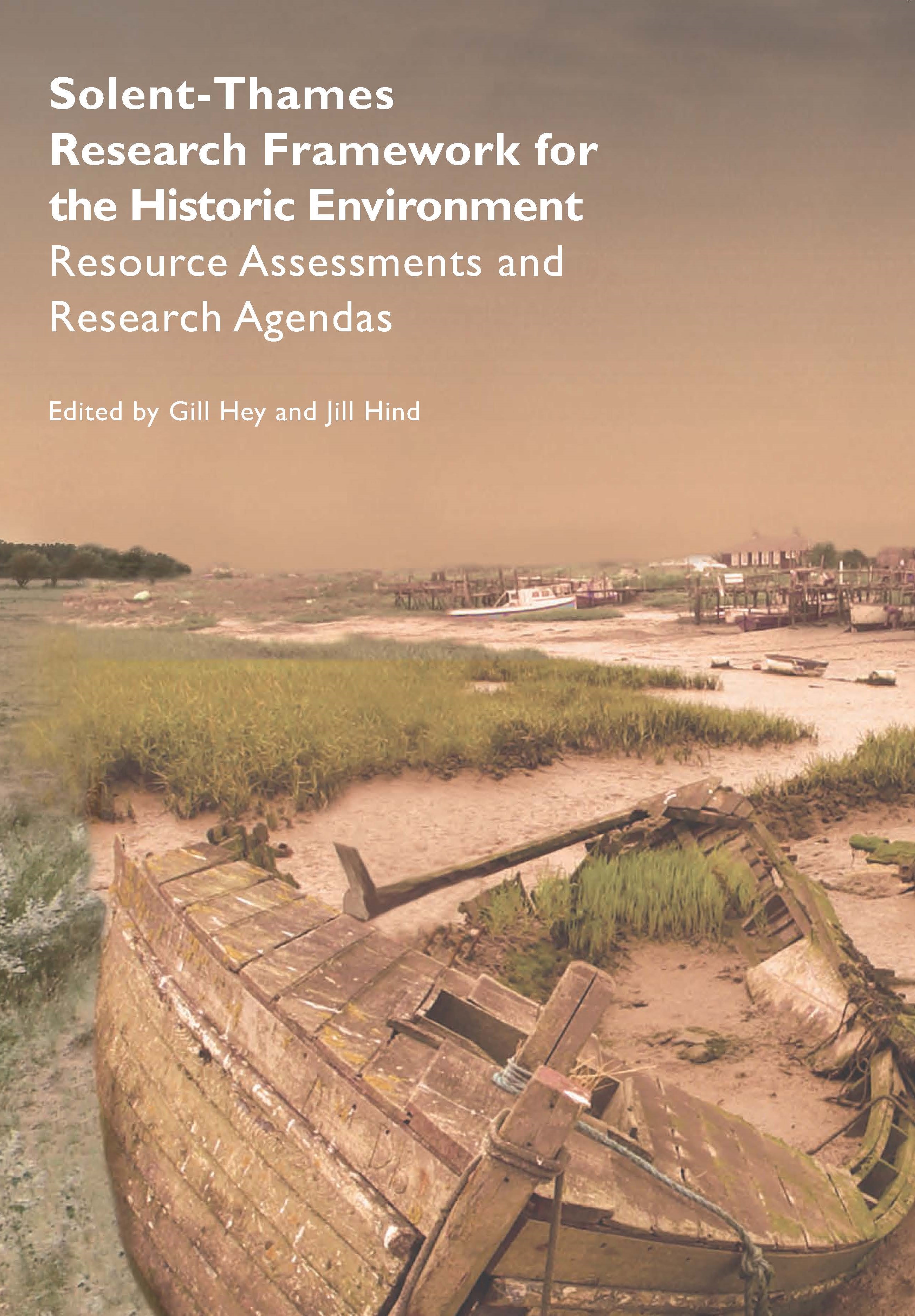
Solent-Thames Research Framework for the Historic Environment: Resource Assessments and Research Agendas
Gill Hey & Jill Hind

Description
The Solent-Thames region, comprising Buckinghamshire, Oxfordshire, Berkshire, Hampshire and the Isle of Wight, is a recent combination of counties which provide a north-south transect across Central Southern England, and offer fresh insights into the past. Drawing upon county assessments, and written by eminent period specialists, this volume presents an overview of the current state of archaeological knowledge within this region from Palaeolithic times to the present day.
This region contains some of the most important …
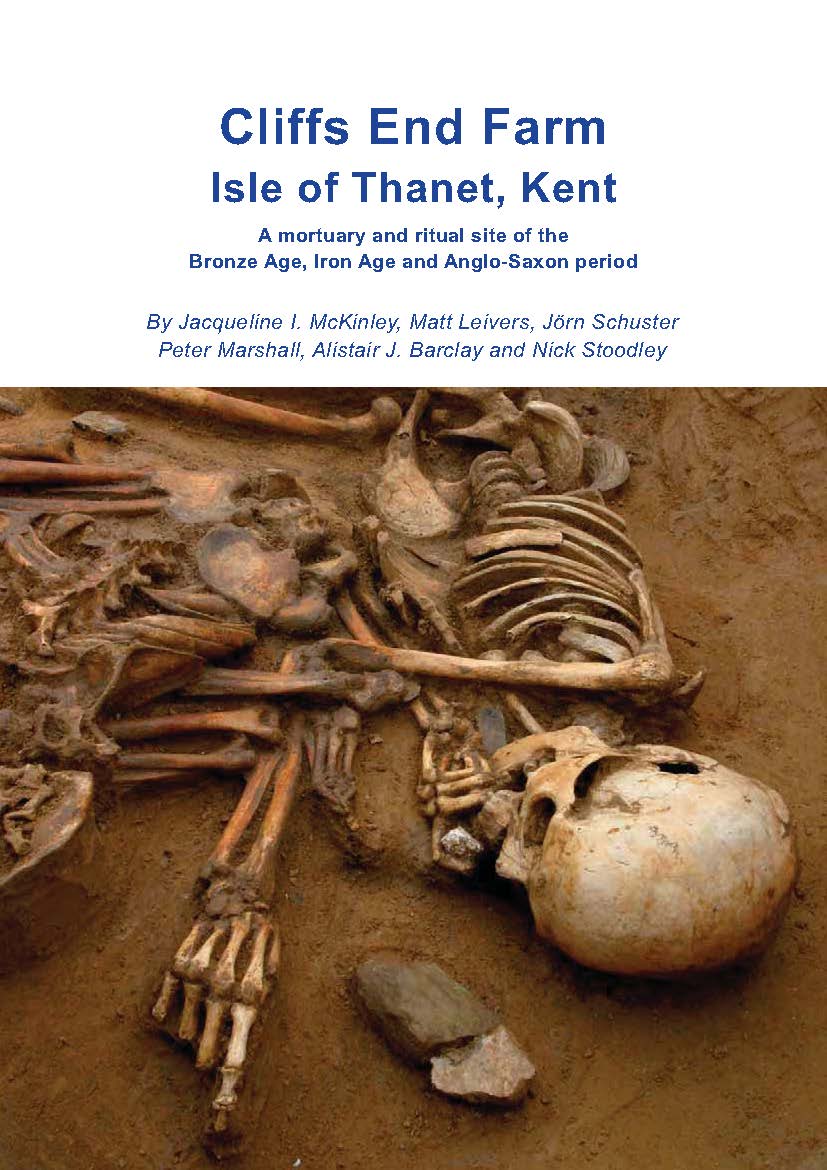
Cliffs End Farm Isle of Thanet, Kent: A mortuary and ritual site of the Bronze Age, Iron Age and Anglo-Saxon period
Jacqueline I. McKinley, Matt Leivers, Joern Schuster, Peter Marshall, Alistair J. Barclay & Nick Stoodley

Description
Excavations at Cliffs End Farm, Thanet, Kent, undertaken in 2004/5 uncovered a dense area of archaeological remains including Bronze Age barrows and enclosures, and a large prehistoric mortuary feature, as well as a small early 6th to late 7th century Anglo-Saxon inhumation cemetery. An extraordinary series of human and animal remains were recovered from the Late Bronze Age-Middle Iron Age mortuary feature, revealing a wealth of evidence for mortuary rites including exposure, excarnation and curation. …
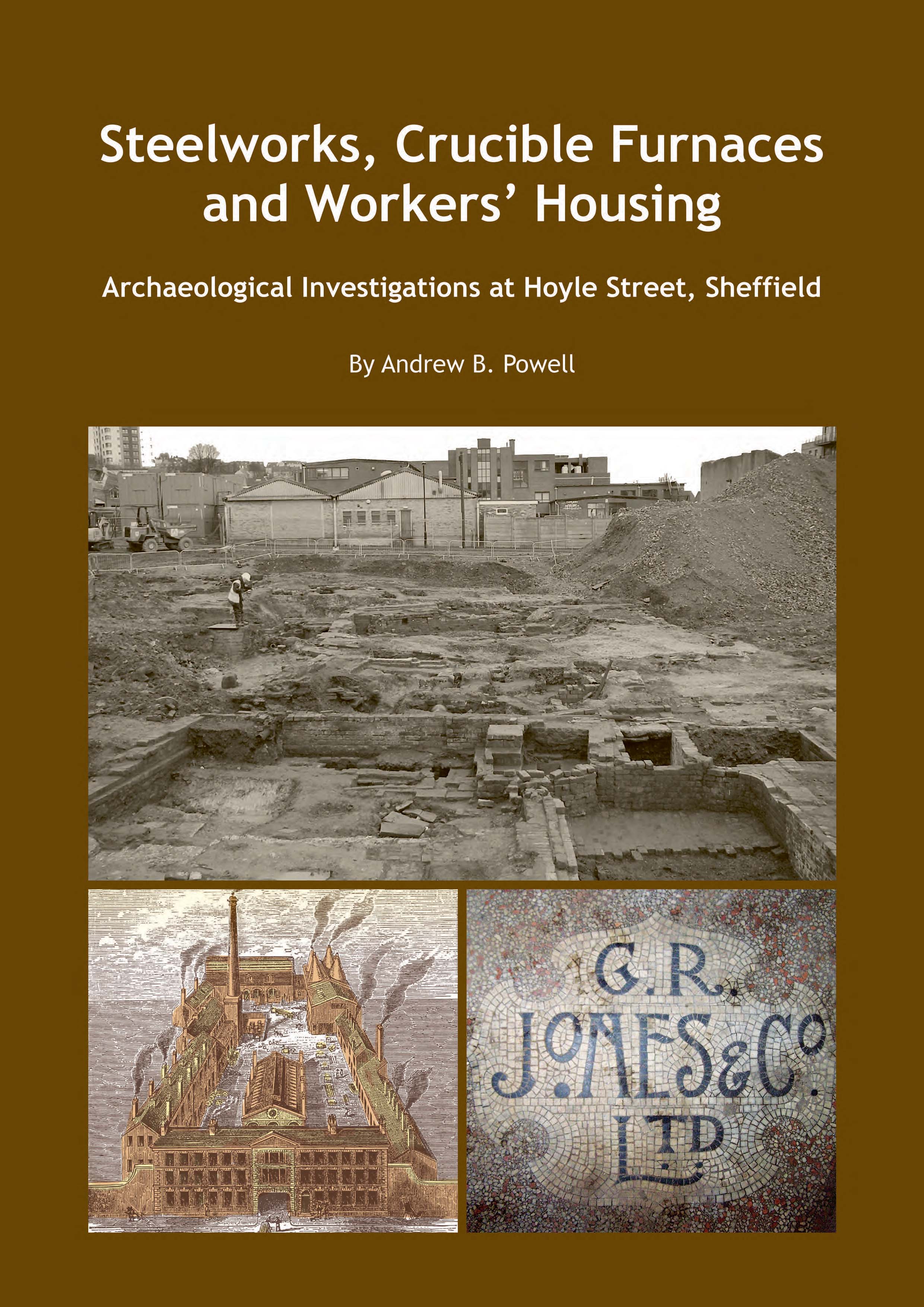
Steelworks, Crucible Furnaces and Workers' Housing: Archaeological Investigations at Hoyle Street, Sheffield
Andrew B. Powell

Description
A programme of archaeological works at the Hoyle Street development in Sheffield revealed significant evidence for the crucible steelmaking which gave the town its world-wide reputation for cutlery and tools in the 19th and 20th centuries.
Two crucible furnace cellars, at William Hoole's Works and the Hoyle Street Works, were excavated, and three intact crucible cellars were recorded at the Titanic Works. Structures associated with related aspects of steel production were also excavated, particularly at …
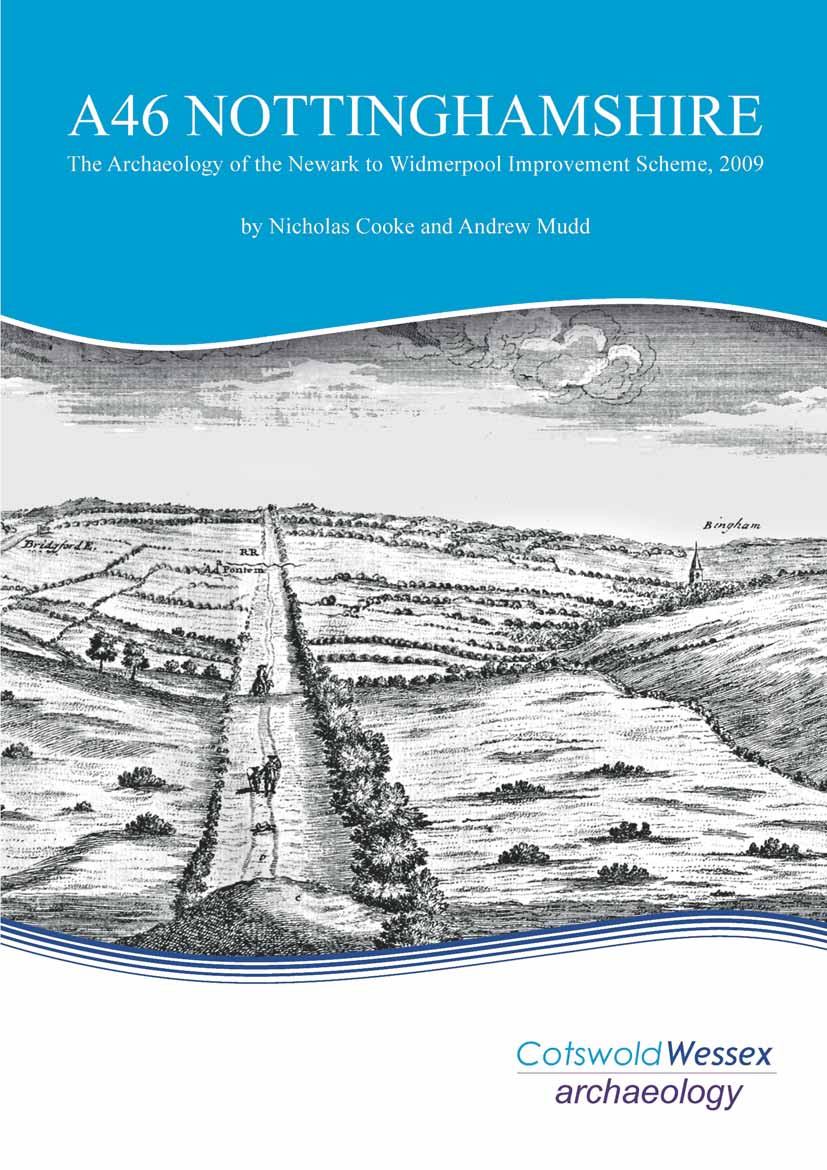
A46 Nottinghamshire: The Archaeology of the Newark to Widmerpool Improvement Scheme, 2009
Nicholas Cooke & Andrew Mudd

Description
The A46 trunk road in Nottinghamshire has its origins as the Roman Fosse Way, and archaeological work ahead of road improvements in 2009 between Newark and Widmerpool has shed new light on both Roman and pre-Roman use of this transect of land. A number of significant sites were revealed, including evidence for Iron Age and Roman settlement in the hinterland around the Roman small town of Margidunum near Bingham. Further to the south-west near Saxondale, …
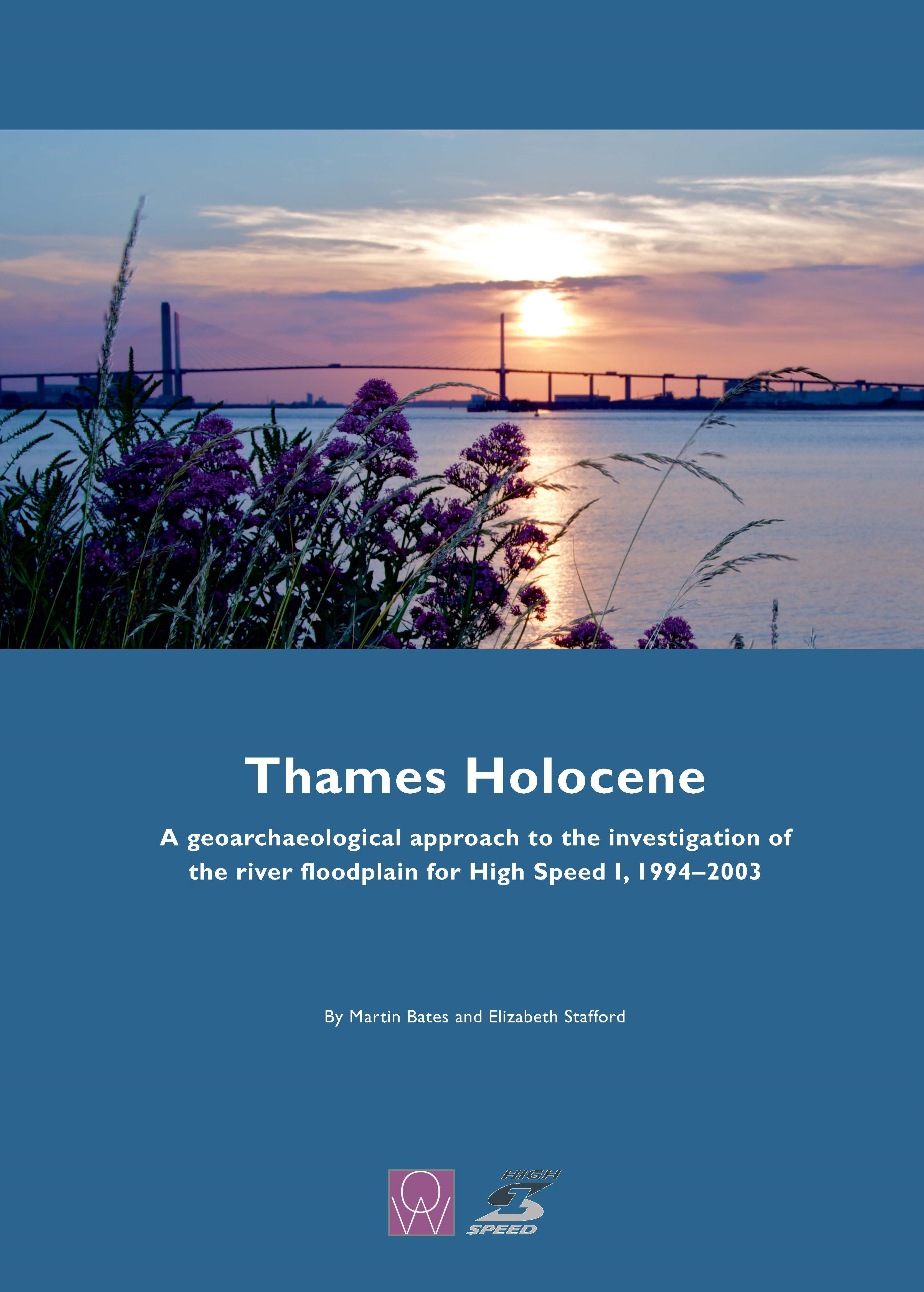
Thames Holocene: A geoarchaeological approach to the investigation of the river floodplain for High Speed I, 1994–2003
Martin Bates & Elizabeth Stafford

Description
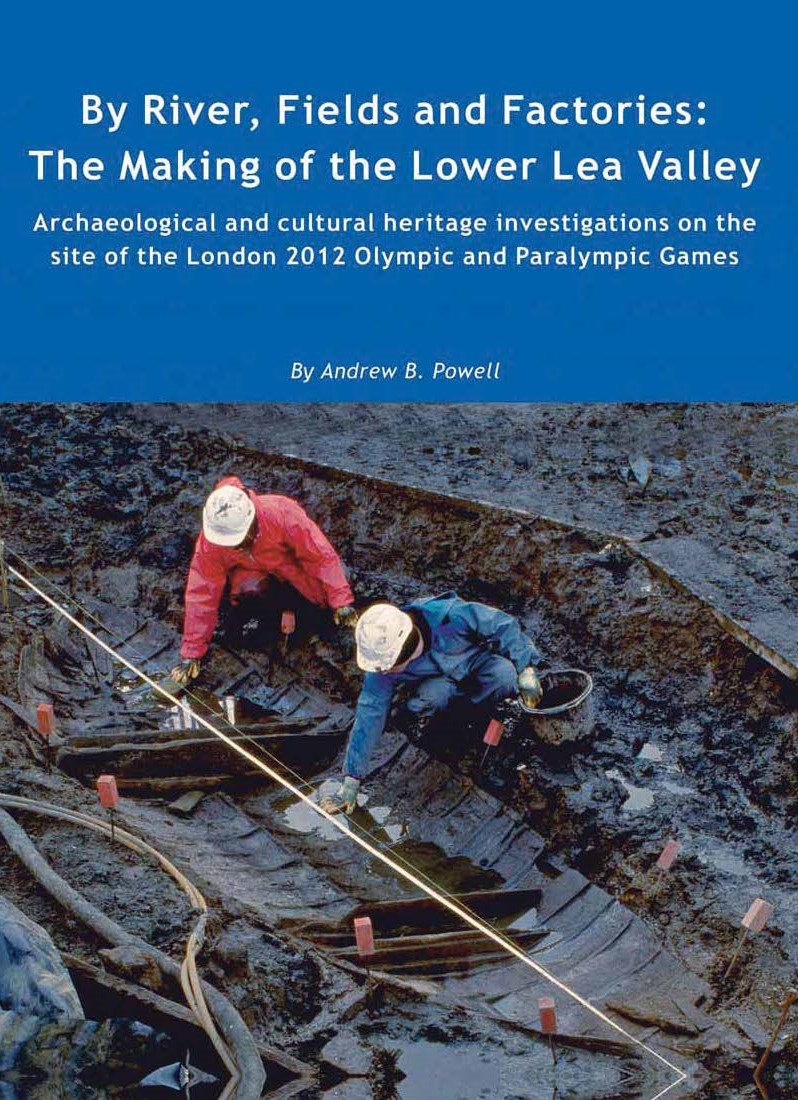
Description
The construction, the eats London's lower Lea Valley, of the Olympic Park as a venue for the London 2012 Olympic and Paralympic Games, promoted a comprehensive series of investigations into the site's environmental and cultural heritage. The work was commissioned by the Olympic Delivery Authority and comprised geoarchaeological, paleoenvironmental and archaeological investigations, built heritage recording, documentary research, oral history and other forms of community engagement.
The volume combines many strands of evidence in order to …
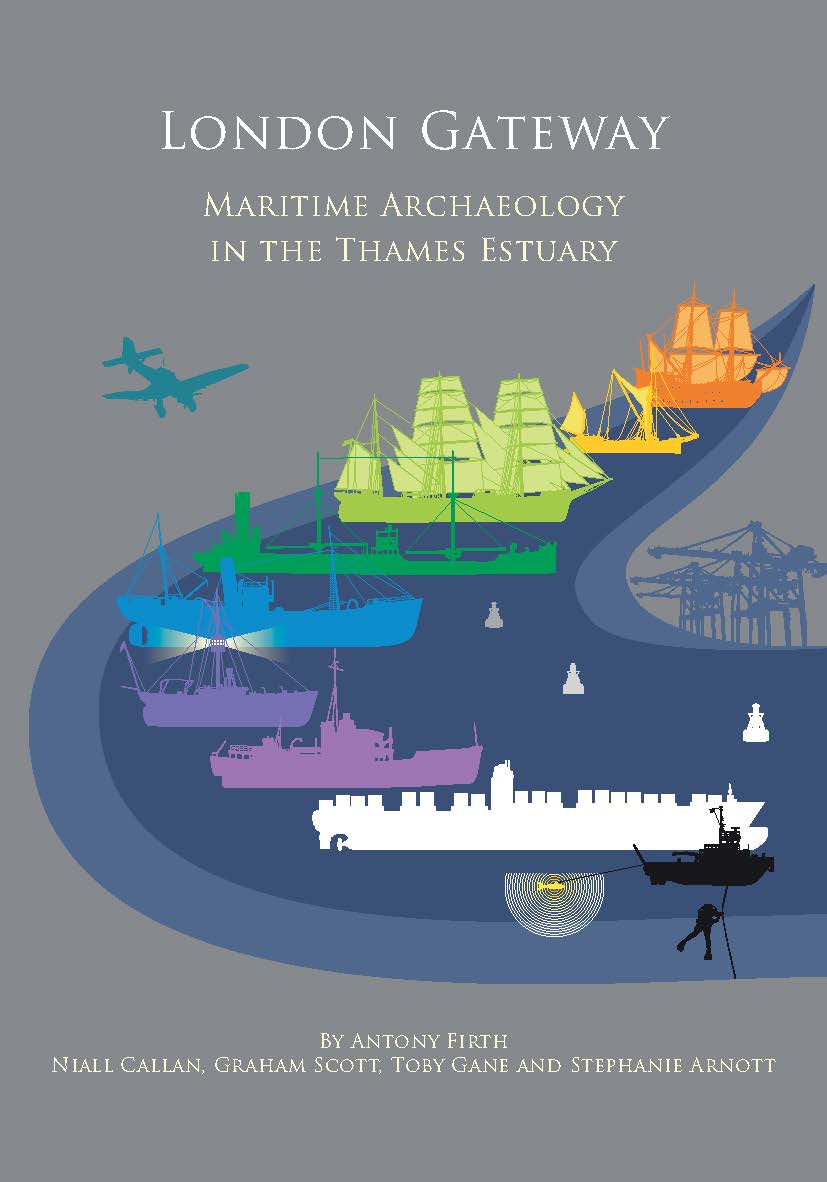
London Gateway: Maritime Archaeology in the Thames Estuary
Antony Firth, Niall Callan, Graham Scott, Toby Gane & Stephanie Arnott

Description
The DP World London Gateway Port, on the north bank of the Thames, is a major development of a new container terminal. Its construction has been accompanied by a major dredging scheme that has increased the depth of sections of the approach channel over a length of c. 100km, from the outer reaches of the Thames to the new terminal. From its beginning, this scheme included careful consideration of the archaeological consequences of dredging in …
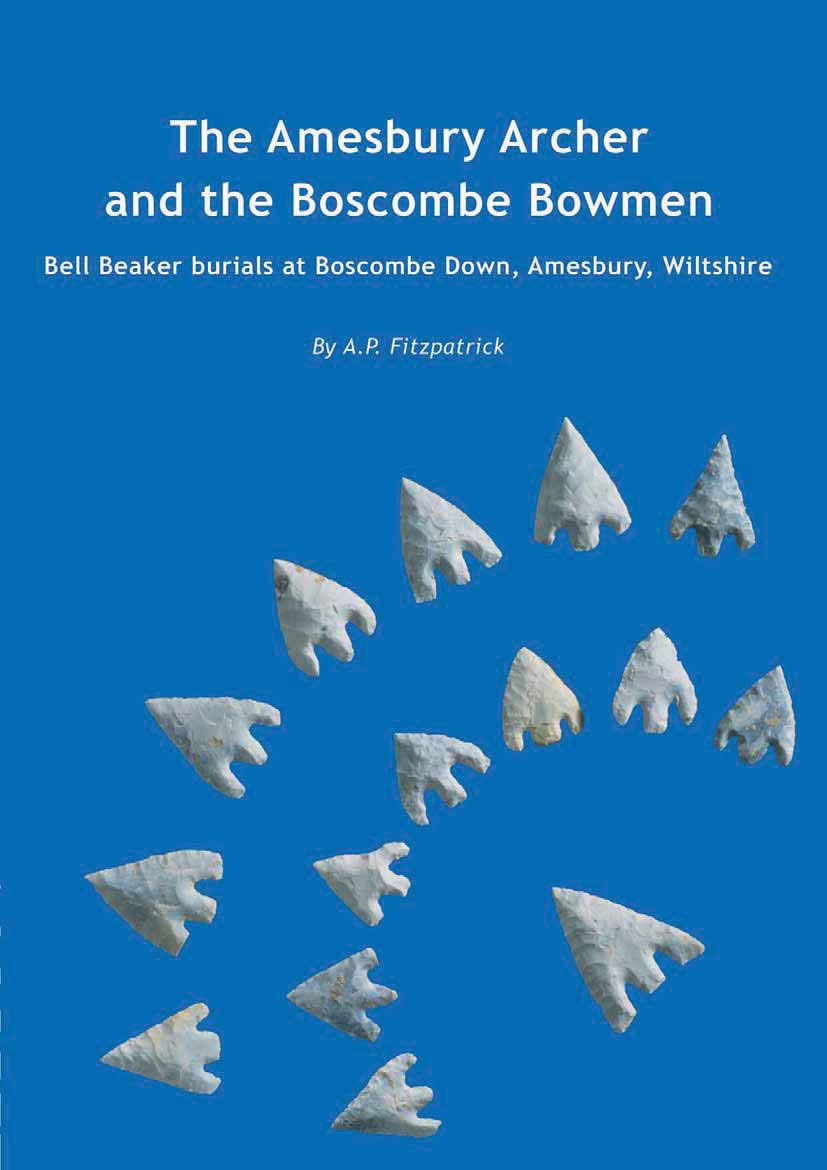
The Amesbury Archer and the Boscombe Bowmen: Bell Beaker burials at Boscombe Down, Amesbury, Wiltshire
A. P. Fitzpatrick

Description
Found a few kilometres from Stonehenge, the graves of the Amesbury Archer and the Boscombe Bowmen date to the 24th century BC and are two of the earliest Bell Beaker graves in Britain.
The Boscombe Bowmen grave contained the collective burial of five adult males of Bell Beaker date, a teenager who was probably also male, and one, possibly two, children. The Amesbury Archer was the single burial of a 35–45 year old man who …
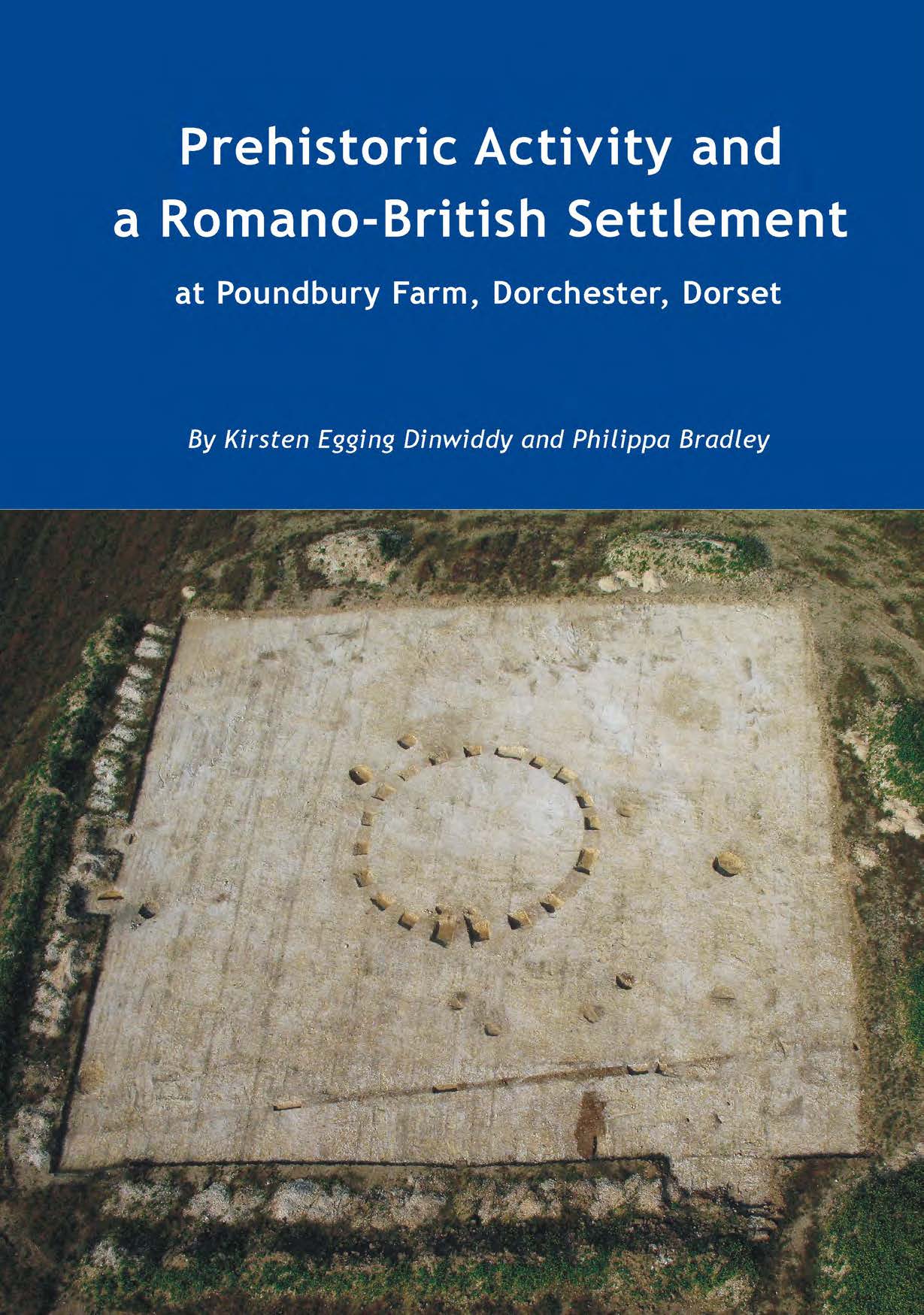
Prehistoric Activity and a Romano-British Settlement at Poundbury Farm, Dorchester, Dorset
Kirsten Egging Dinwiddy & Philippa Bradley

Description
Archaeological survey and excavation in and around Poundbury Farm, Dorchester has revealed a multi-period landscape with evidence spanning the Neolithic through to the Romano-British period.
A number of pits contained axe manufacturing debris, early Neolithic pottery and environmental remains, including one with an extensive dump of charred grain.
A ring-ditch of probably Early Bronze Age date was recorded, although there was limited evidence for contemporary occupation. Middle and Late Bronze Age field systems, pits, roundhouses, …
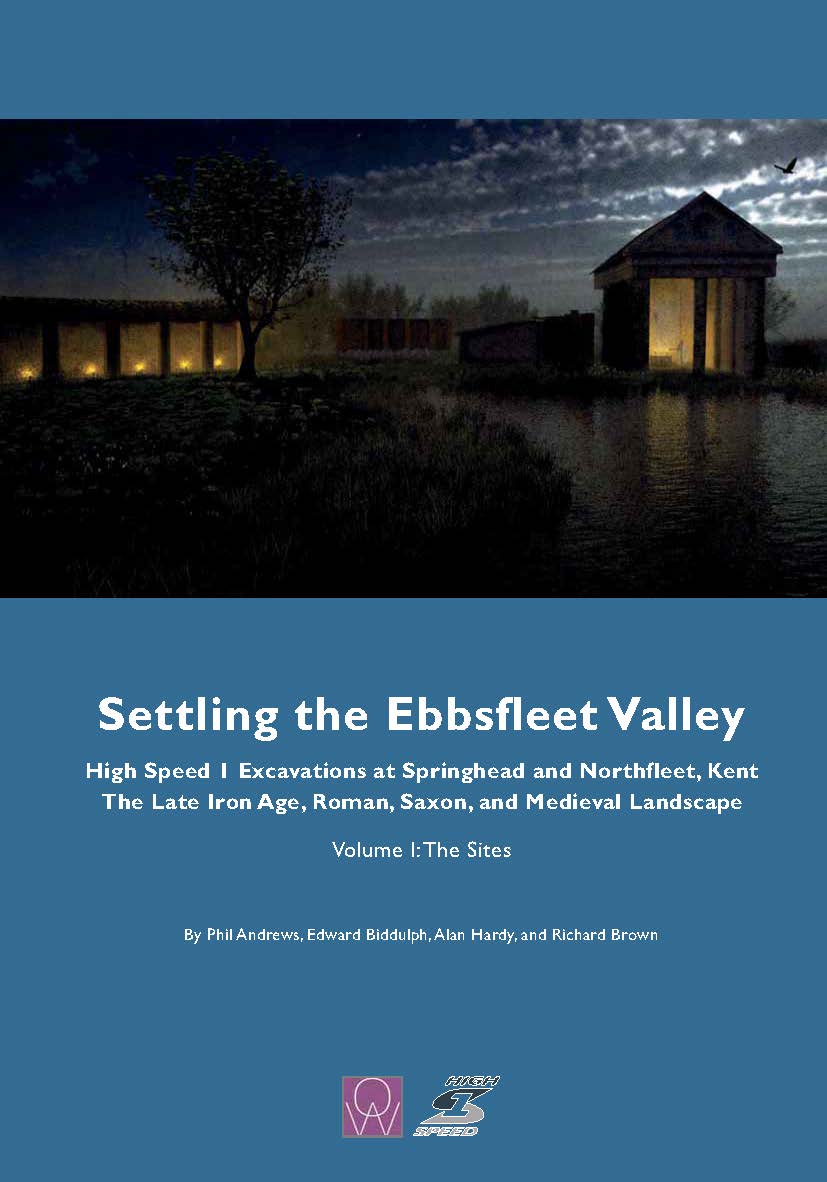
Settling the Ebbsfleet Valley. High Speed I Excavations at Springhead and Northfleet, Kent. The Late Iron Age, Roman, Saxon, and Medieval Landscape: Volume 1: The Sites
Phil Andrews, Edward Biddulph, Alan Hardy & Richard Brown

Description
The volume, the first of four, describes the results of excavations at Springhead and Northfleet in the Ebbsfleet Valley, Kent, undertaken in advance of construction of High Speed I (formally the Channel Tunnel Rail Link).
The Roman 'small town' or roadside settlement at Springhead (Vagniacis) developed from modest Late Iron Age origins into a religious centre almost unique within Roman Britain, probably attracting pilgrims from a wide area. In addition to the previously …
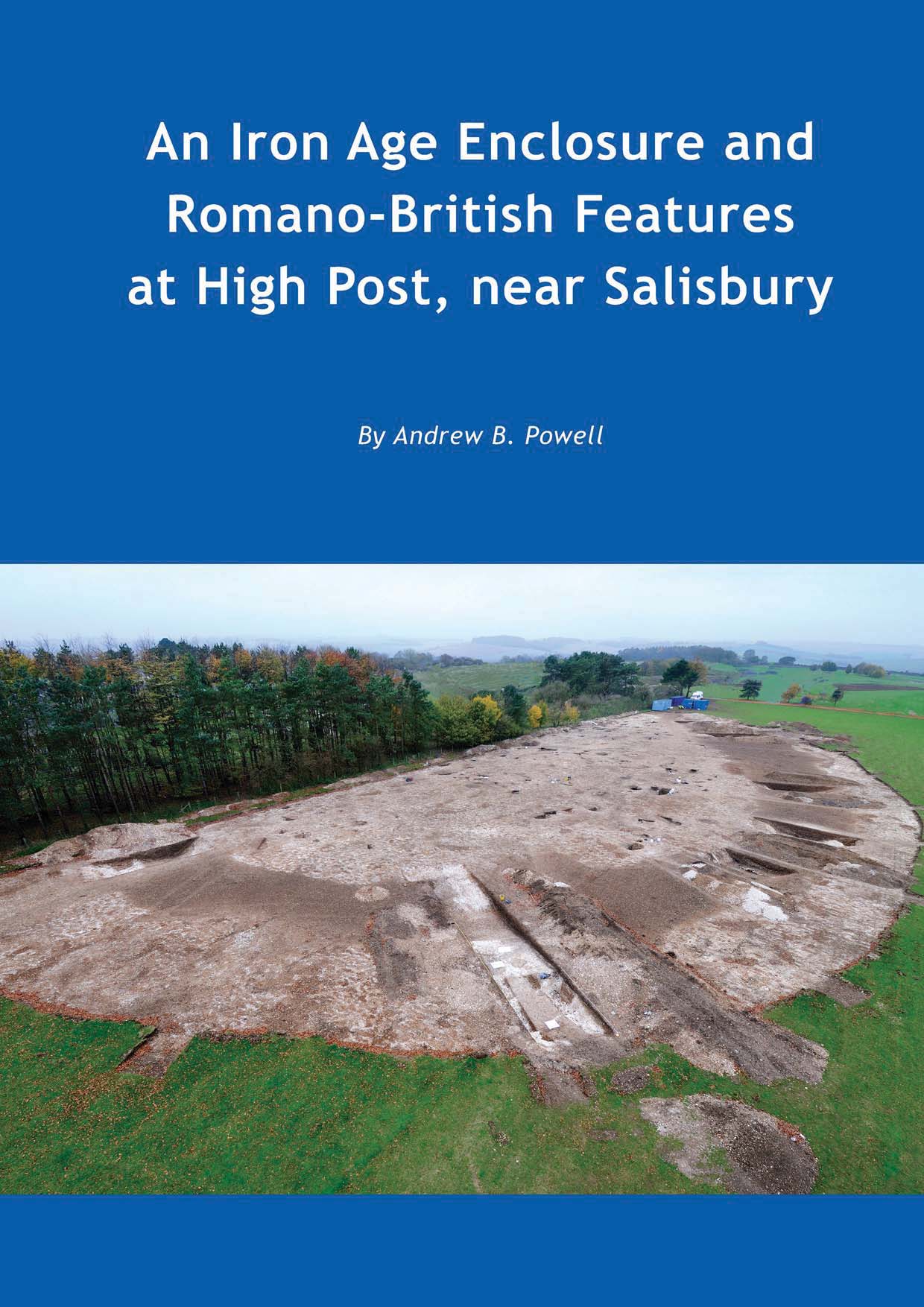
Description
Archaeological works at High Post near Salisbury have confirmed the presence of an iron Age hilltop enclosure on the southern margins of Salisbury Plain.
The enclosure was bounded by a deep V-shaped ditch in association with a wide zone suggestive of an internal bank. More significantly, lying beneath the line of the bank was a large spread of mostly articulated animal done, dating to the Early Iron Age.
The Iron Age occupation of the enclosure …
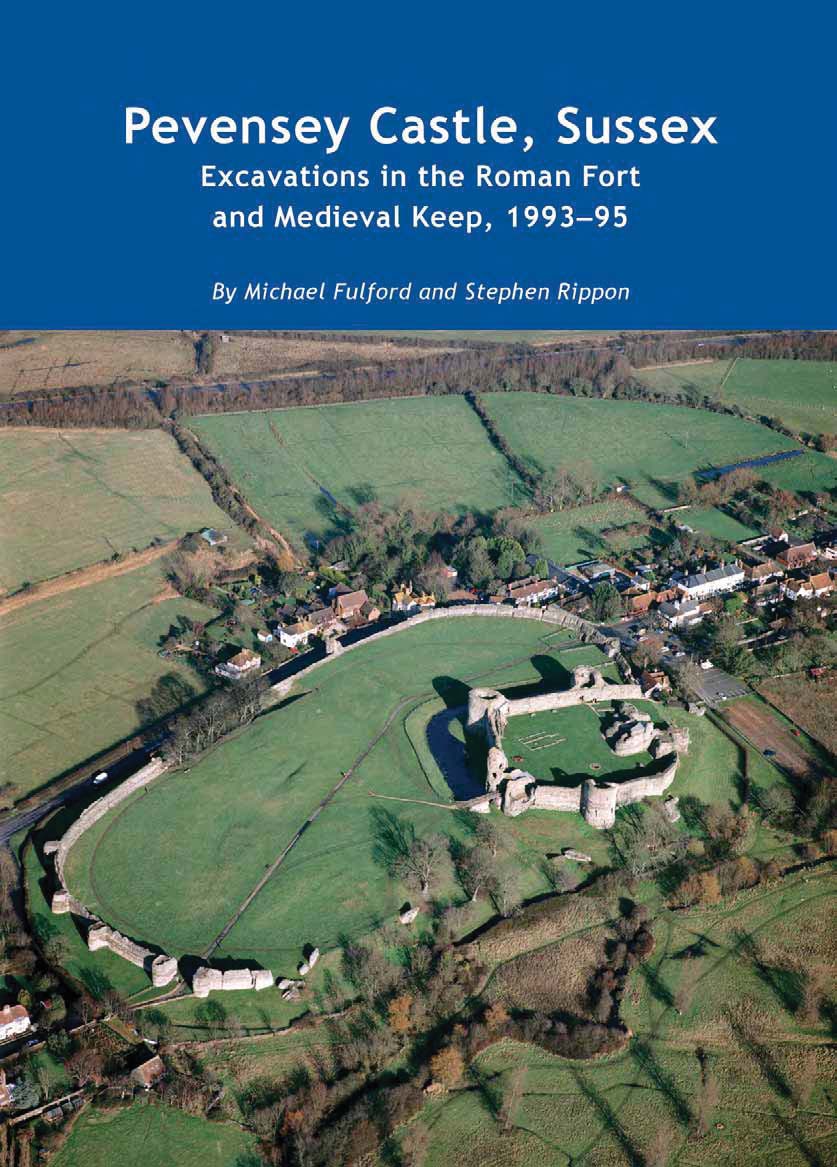
Pevensey Castle, Sussex: Excavations in the Roman Fort and Medieval Keep, 1993–95
Michael Fulford & Stephen Rippon

Description
Survey and excavations undertaken on behalf of English Heritage on the site of the medieval Keep revealed important evidence for its construction, development, repairs and decay between c.1200 and the 15h century. The Keep was in such a poor state of repair by the late 16th century that it came to be filled with clay and used as an artillery platform against the threat of the Armada. In the Second World War it was refortified …
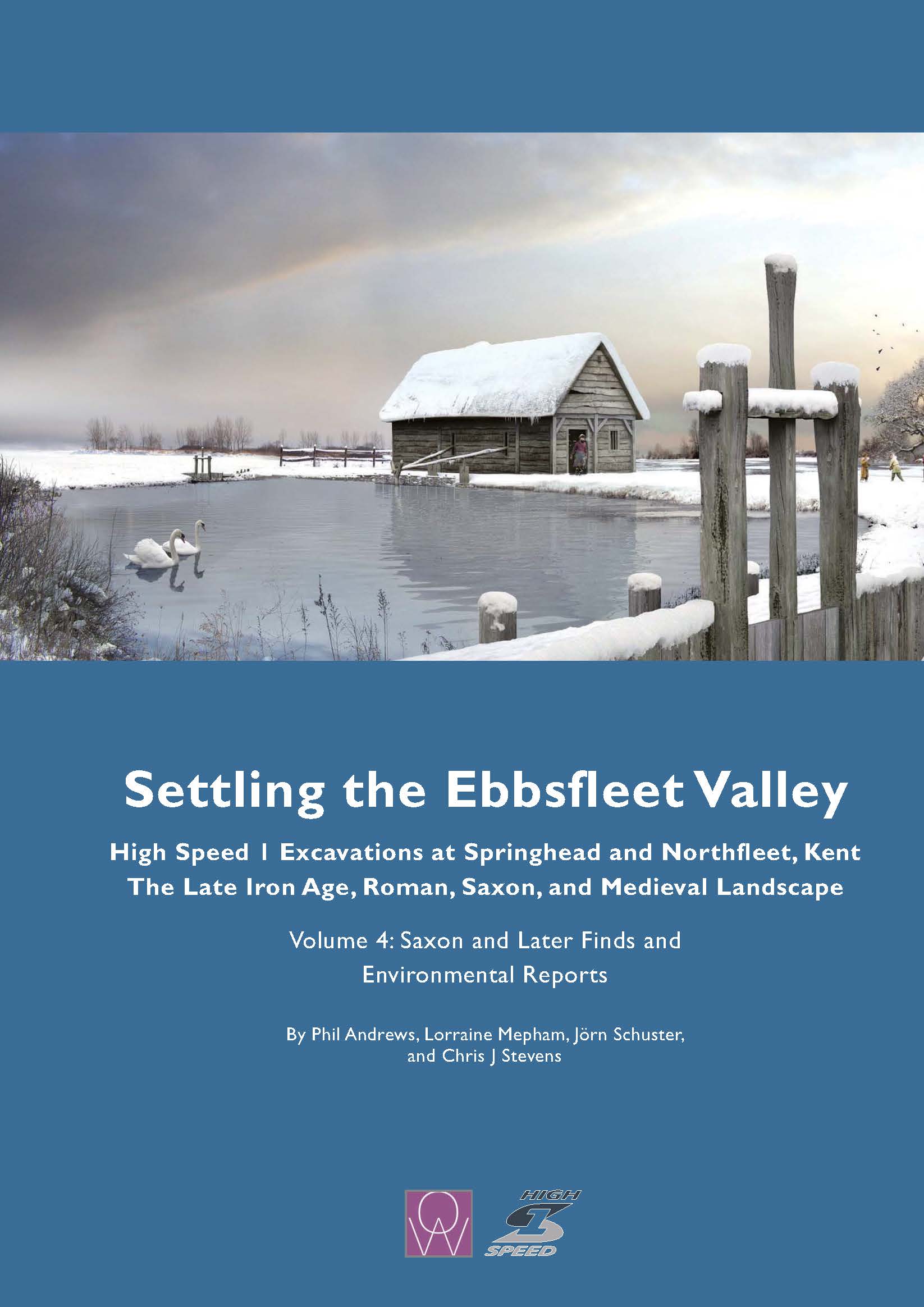
Settling the Ebbsfleet Valley. High Speed I Excavations at Springhead and Northfleet, Kent. The Late Iron Age, Roman, Saxon, and Medieval Landscape: Volume 4: Saxon and Later Finds and Environmental Reports
Phil Andrews, Lorraine Mepham, Jörn Schuster & Chris J. Stevens

Description
The detailed specialist reports in this volume, the fourth of four, cover all the Saxon and later finds recovered during the excavations, as well as human bone and animal bone, environmental remains and dating evidence relating to contemporary landscape, subsistence and economy.
Fifth to early 6th century pottery was recovered from the Northfleet Roman villa site, including from demolition layers over the villa buildings, as well as from nine sunken-featured building spanning the 5th to …
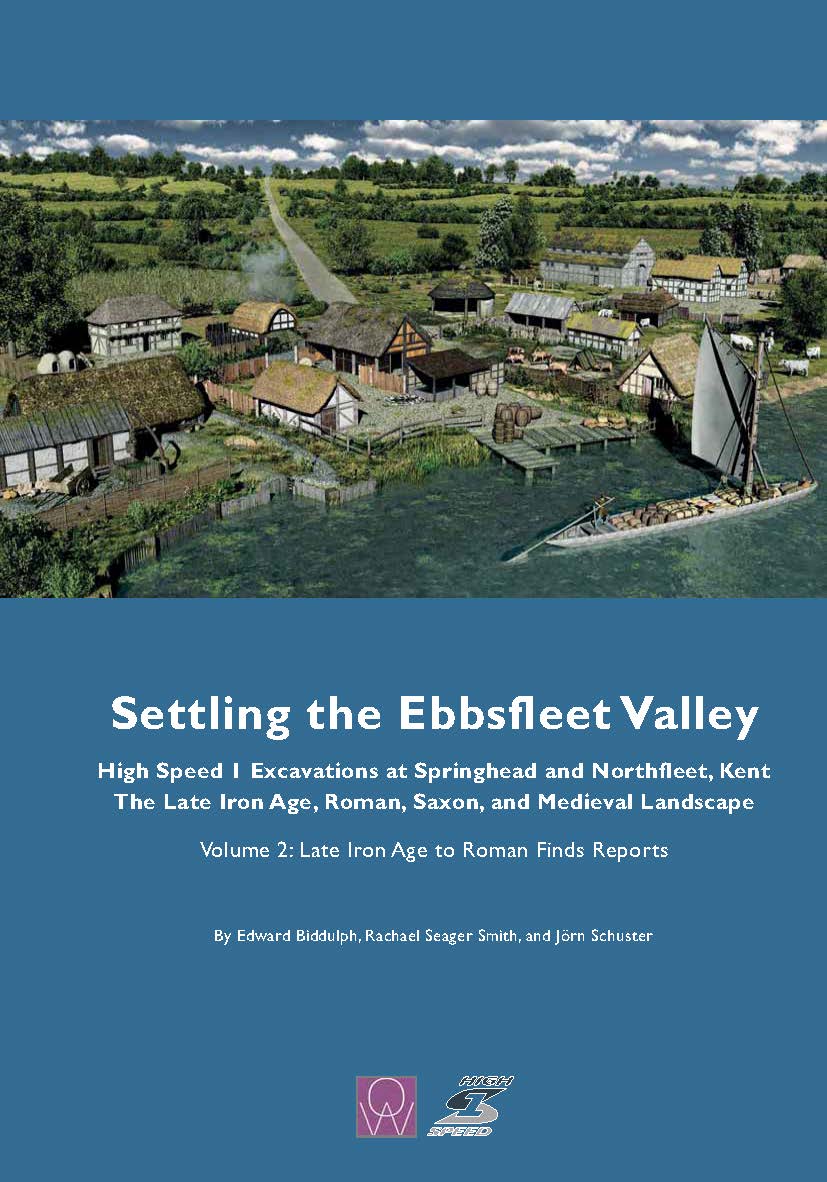
Settling the Ebbsfleet Valley. High Speed I Excavations at Springhead and Northfleet, Kent. The Late Iron Age, Roman, Saxon, and Medieval Landscape: Volume 2: Late Iron Age to Roman Finds Reports
Edward Biddulph, Rachael Seager Smith & Jörn Schuster

Description
This volume, the second of four, presents specialist reports on the Late Iron Age and Roman artefacts recovered from Springhead and Northfleet.
These include over 2 tonnes of pottery, 1756 coins and tokens, over 2500 other metal small finds (many possibly votive objects recovered from the Ebbsfleet at Springhead) and 3000 nails. The metal finds include items of personal adornment and dress, household utensils and furniture, objects for weighing and measuring, pieces of toilet or …
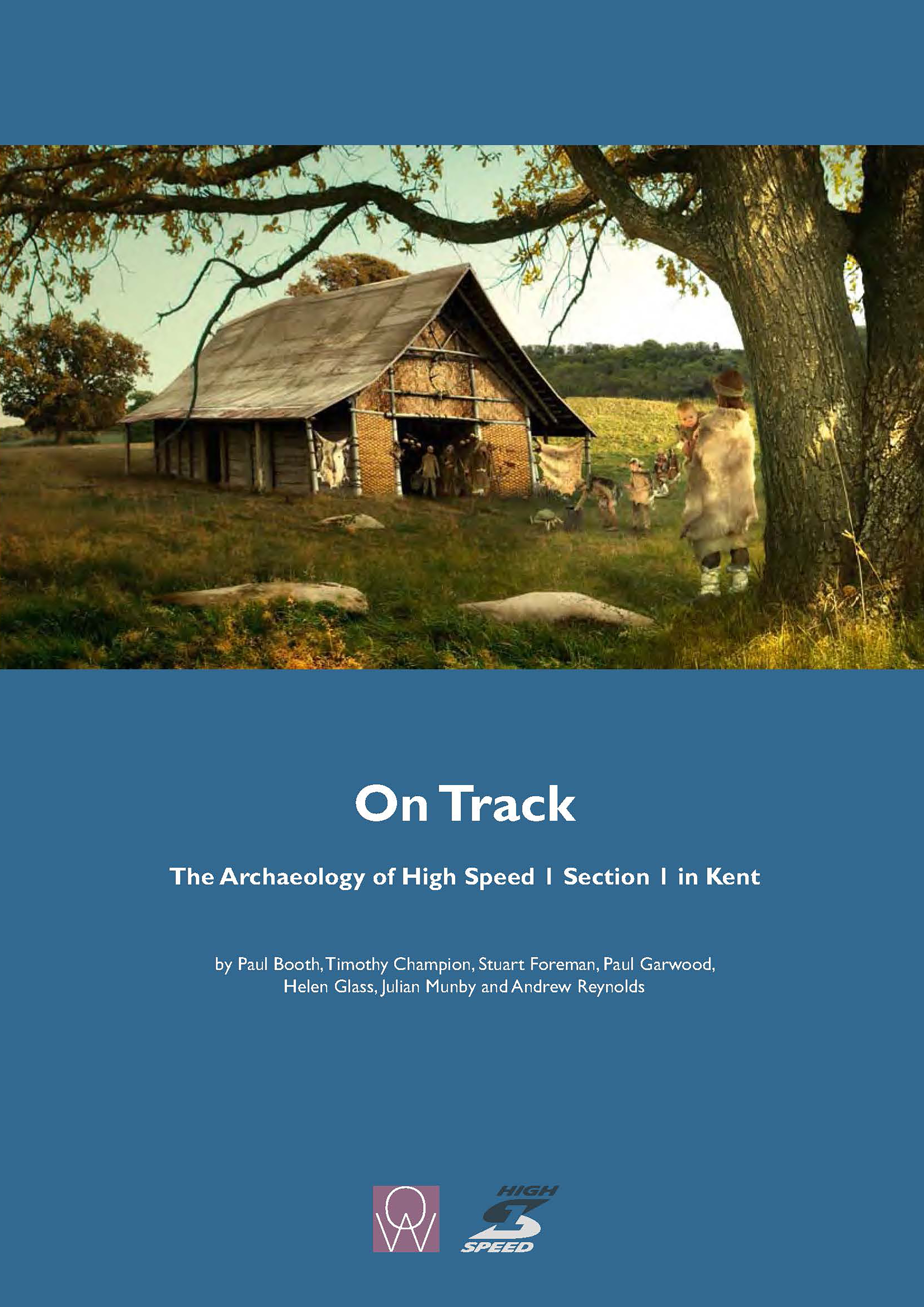
On Track: The Archaeology of High Speed I Section I in Kent
Paul Booth, Timothy Champion, Stuart Foreman, Paul Garwood, Helen Glass, Julian Munby & Andrew Reynolds

Description
High Speed I (HSI) is the first new railway to be built in Britain for over a century and is the UK's first high speed railway. The publication of this volume celebrates the immense scale and award-winning quality of the archaeological and historic building investigations that resulted from the construction of Section I of the rail link in Kent.
The project encompasses some truly exceptional individual discoveries, such as the Early Neolithic longhouse at White …
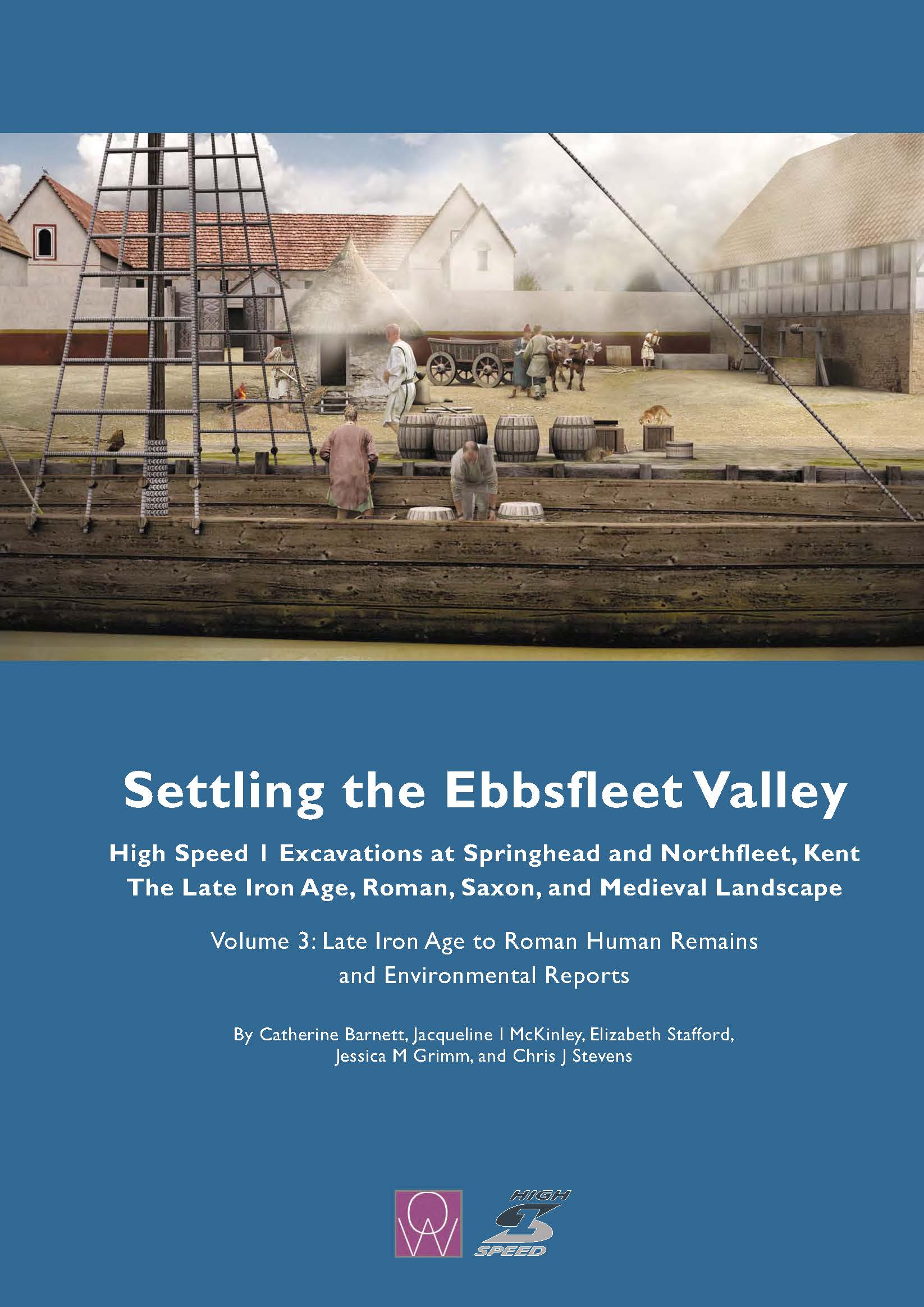
Settling the Ebbsfleet Valley. High Speed I Excavations at Springhead and Northfleet, Kent. The Late Iron Age, Roman, Saxon, and Medieval Landscape: Volume 3: Late Iron Age to Roman Human Remains and Environmental Reports
Catherine Barnett, Jacqueline I. McKinley, Elizabeth Stafford, Jessica M Grimm & Chris J. Stevens

Description
The detailed specialist reports in this volume, the third of four, present analyses of the Late Iron Age and Roman human bone and animal bone assemblages recovered during the reported excavations, as well as environmental remains and dating evidence relating to contemporary landscape, subsistence and economy.
A single cremation burial and at least 48 inhumation burials were recorded at Springhead, with a single inhumation burial of a neonate also recovered from within the Northfleet villa …
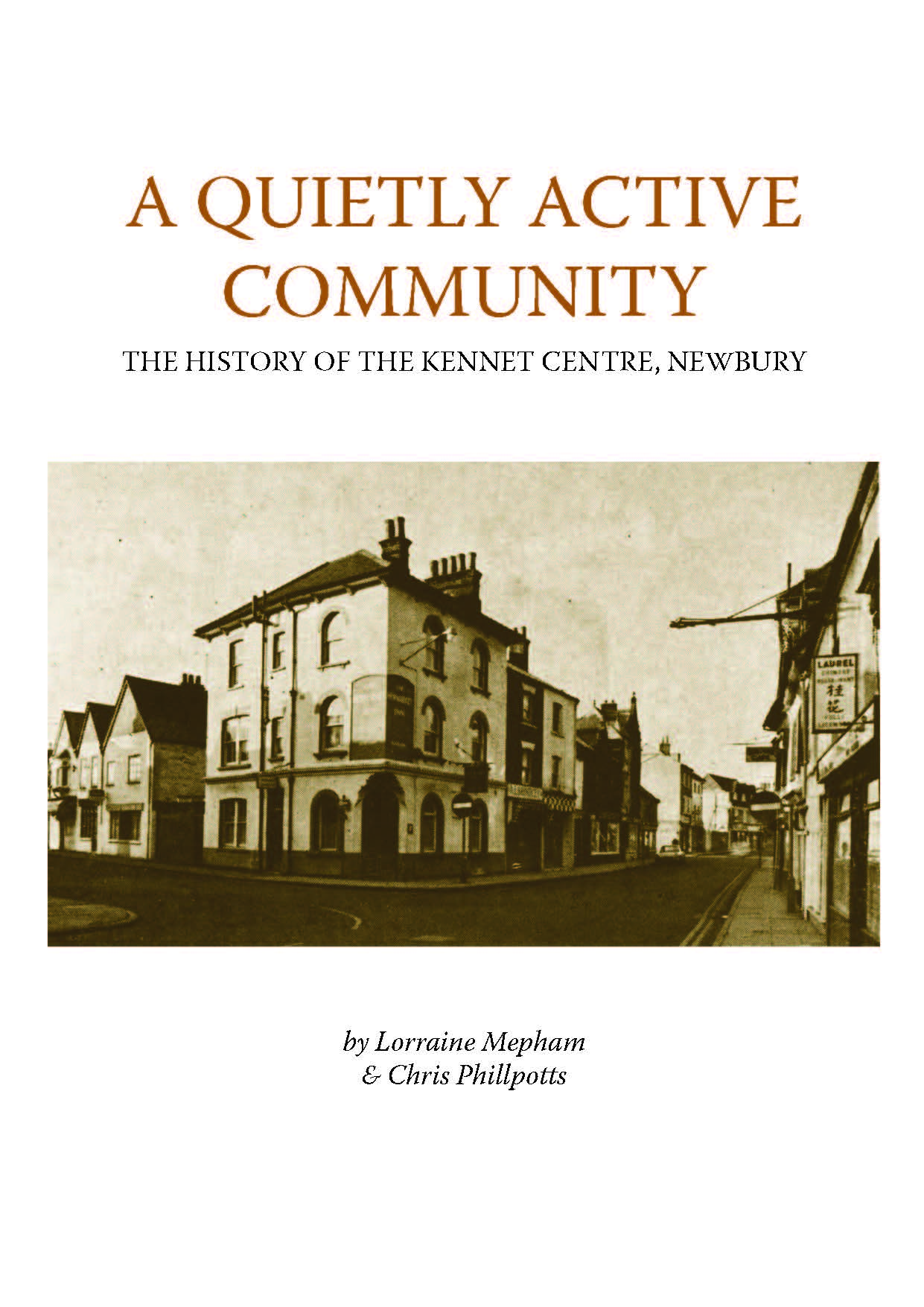
A Quietly Active Community: The History of the Kennet Centre, Newbury
Lorraine Mepham & Chris Phillpotts

Description
In 2007 and 2008 Wessex Archaeology conducted archaeological fieldwork in the centre of Newbury, prior to the redevelopment of a former car park into a cinema complex on the corner of Cheap Street and Market Street. The site occupies a sizeable plot on the southern edge of the historic core of Newbury, about 250 metres to the south of the River Kennet. Previous excavations within the medieval town have revealed sequences of activity from at …
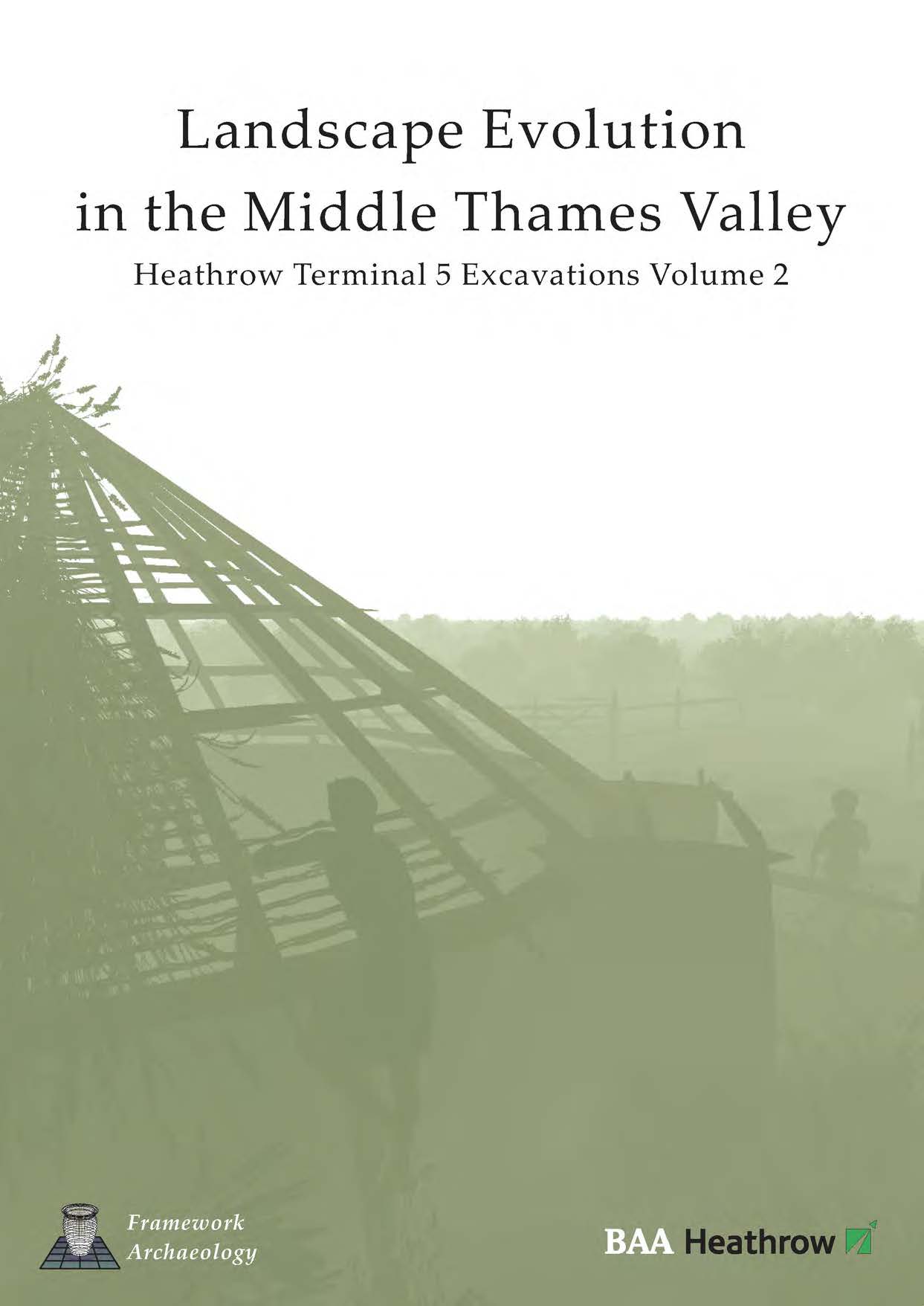
Landscape Evolution in the Middle Thames Valley: Heathrow Terminal 5 Excavations Volume 2
John Lewis, Matt Leivers, Lisa Brown, Alex Smith, Lorraine Mepham & Chris Phillpotts

Description
The construction of an additional passenger terminal (Terminal 5) at Heathrow Airport was preceded by one the largest archaeological investigations ever undertaken in the UK. The previous volume revealed the results of earlier phases of work in 1996 to 2000, while this volume presents a complete account of all excavations up to 2007.
The earliest evidence for human activity revealed in the Terminal 5 excavations related to hunter-gatherers in the 7th or 6th millennia BC. …
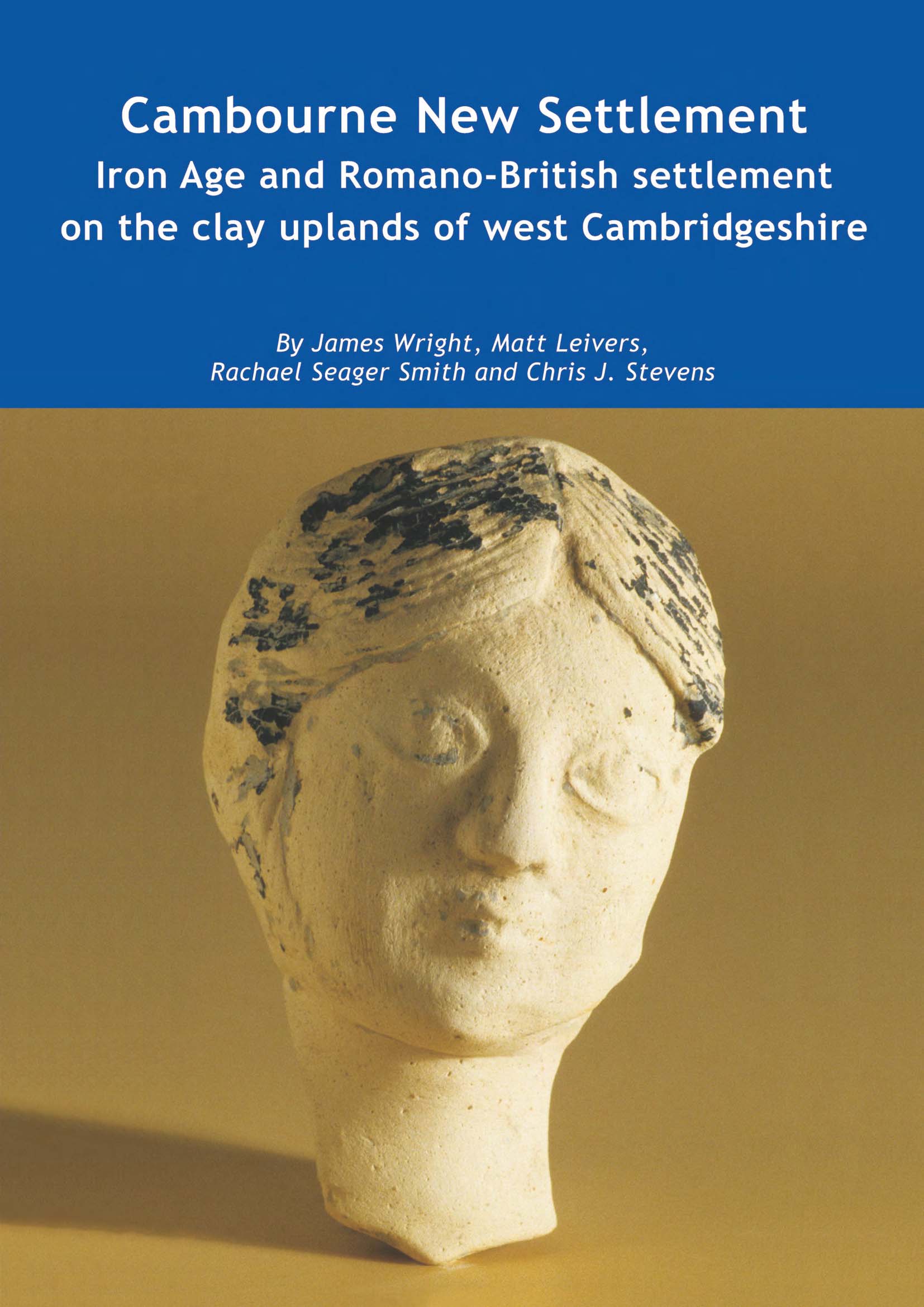
Cambourne New Settlement: Iron Age and Romano-British settlement on the clay uplands of west Cambridgeshire
James Wright, Matt Leivers, Rachael Seager Smith & Chris J. Stevens

Description
Twelve excavations were carried out by Wessex Archaeology within the Cambourne Development Area. Situated on the clay uplands west of Cambridge, which have seen little previous archaeological investigations, the results presented here are important in demonstrating the ebb and flow of occupation according to population or agricultural pressure.
Short-lived Bronze Age occupation was followed in the Middle Iron Age by small farming communities with an economy based on stock-raising and some arable cultivation. The Late …
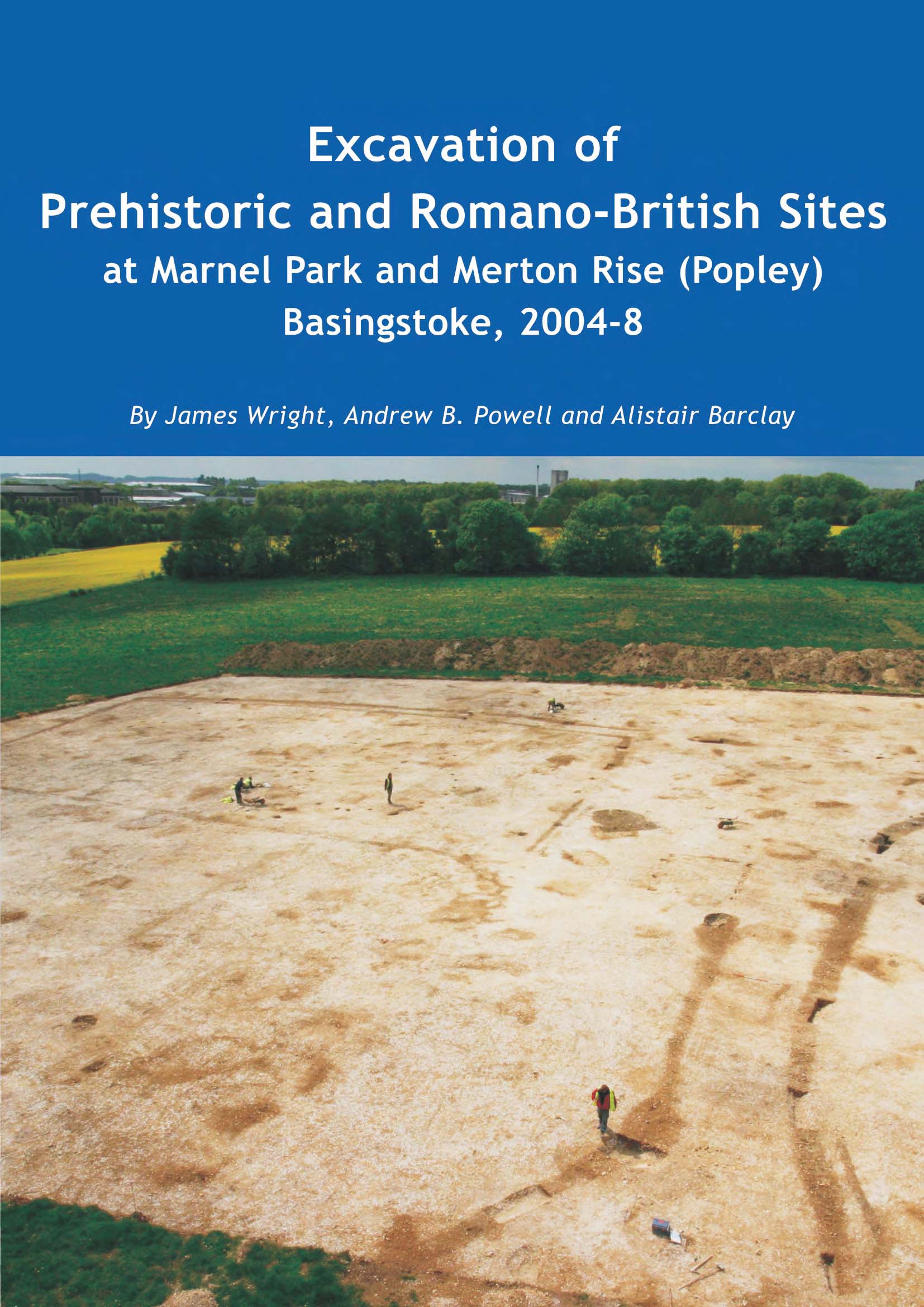
Excavation of Prehistoric and Romano-British Sites at Marnel Park and Merton Rise (Popley) Basingstoke, 2004–8
James Wright, Andrew B. Powell & Alistair J. Barclay

Description
The archaeological investigation of 59ha of mostly chalk downland revealed traces of human activity from the Neolithic through to the Late Roman period, beginning with occasional pits containing domestic refuse and both Grooved Ware and Beaker pottery, the latter with evidence for cereal cultivation.
Permanent settlement occurred from about 1500 BC onwards with a series of open settlements including at least 15 buildings, mostly post-built roundhouses, of Middle Bronze Age to Early Iron Age, whose …
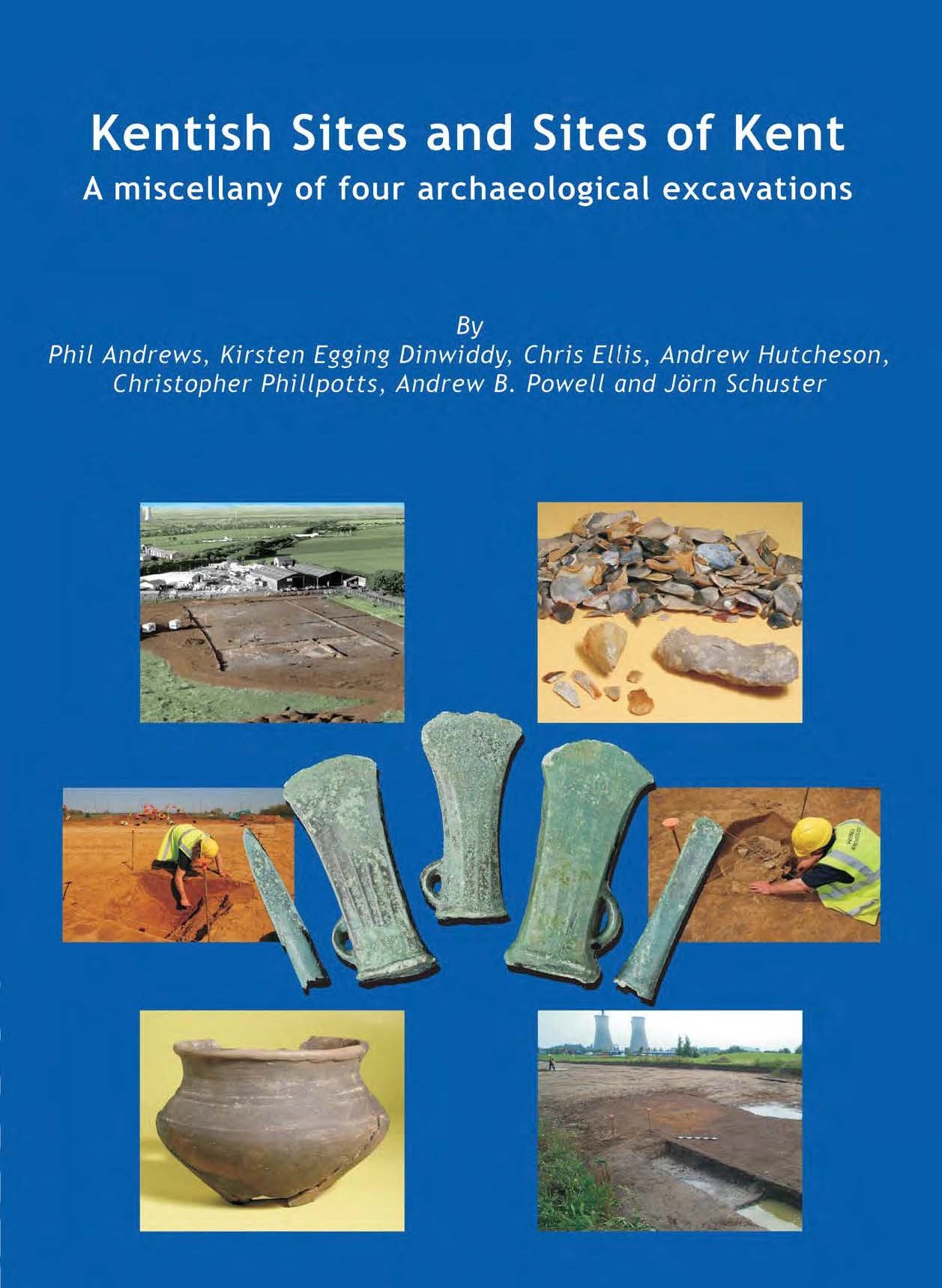
Kentish Sites and Sites of Kent: A miscellany of four archaeological excavations
Phil Andrews, Kirsten Egging Dinwiddy, Chris Ellis, Andrew Hutcheson, Christopher Phillpotts, Andrew B. Powell & Jörn Schuster

Description
The volume presents the results of archaeological investigations undertaken at four sites in Kent. The two 'linear' schemes: the West Malling and Leybourne Bypass and Weatherlees-Margate-Broadstairs Wastewater Pipeline, provided transects across the landscape revealing settlement and cemetery evidence of Neolithic, Bronze Age, Iron Age, Romano-British and Anglo-Saxon date. Two Bronze Age metalwork hoards were also recovered and a variety of World War II features.
Medieval settlement remains included sunken-featured buildings at West Malling, Fulston Manor, …
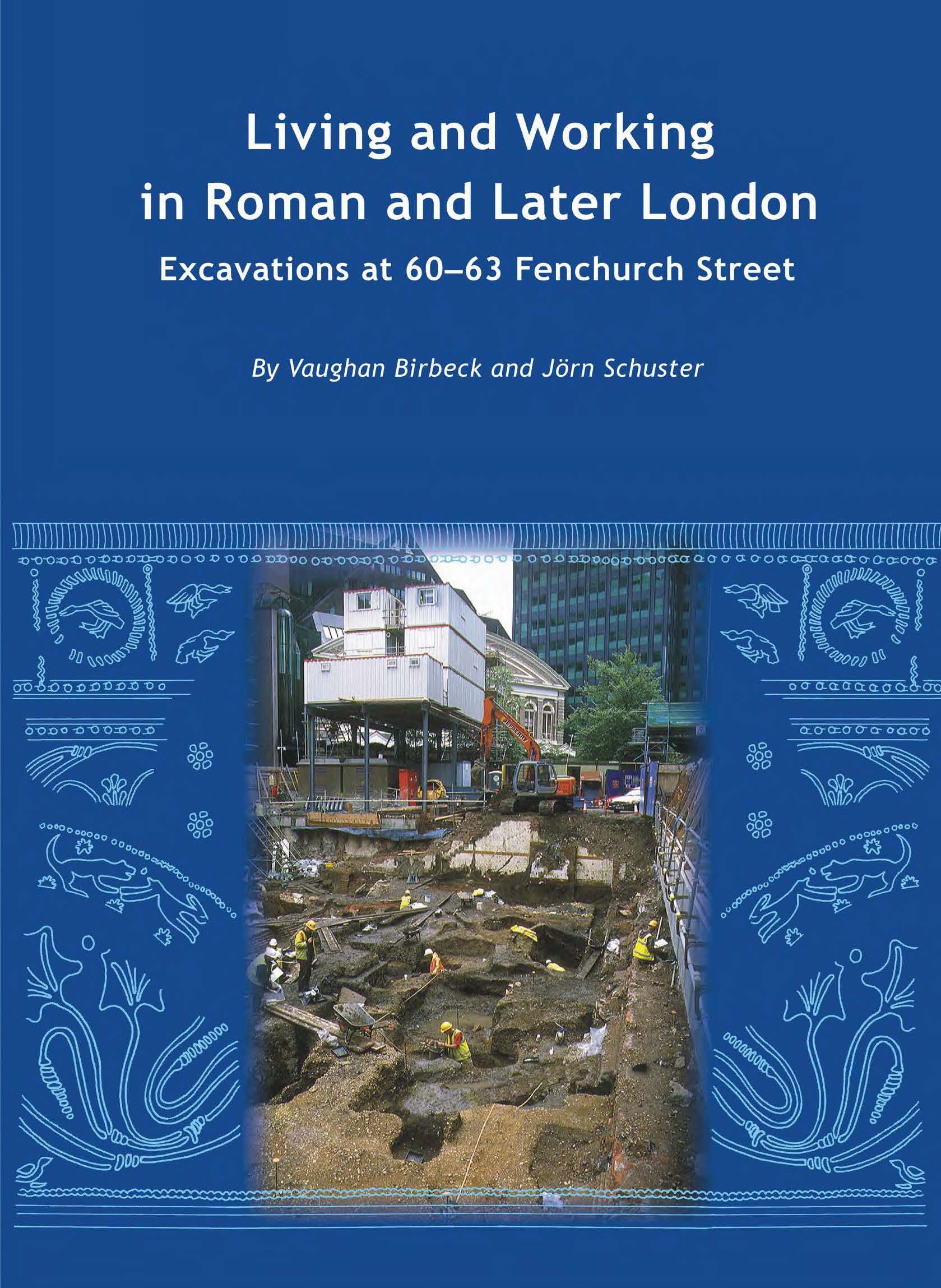
Living and Working in Roman and Later London: Excavations at 60–63 Fenchurch Street
Vaughan Birbeck & Jörn Schuster

Description
Excavations in advance of redevelopment for a prestigious office building in the east of the City revealed 10 broad phases of activity, ranging between the pre-Roman and post-medieval periods, with a focus on the 1st and 2nd centuries AD.
Roman Fenchurch Street follows the line of earlier ditches. For the first time, the entire width of the Roman road has been exposed, permitting adjustments of its course in the street plan of Londinium. Iron …
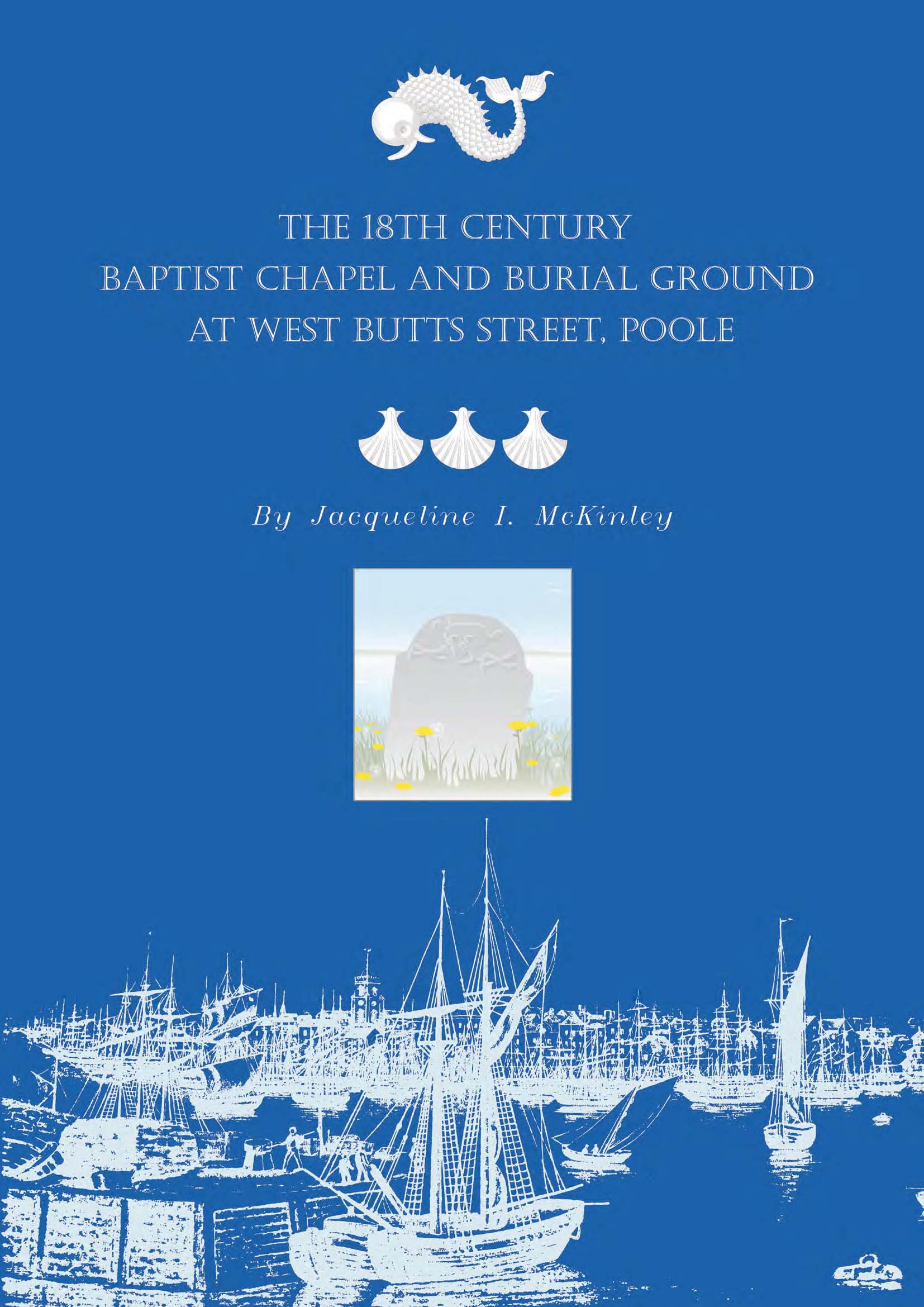
The 18th Century Baptist Chapel and Burial Ground as West Butts Street, Poole
Jacqueline I. McKinley

Description
This volume describes the excavation and analysis of remains recovered from an intact, 18th century Baptist burial ground situated on the north-west margins of Poole, Dorset. The West Butts Street congregation was established in 1735 by 15 named members but dwindled in the 1780s on the demise of their one and only Pastor, John Bird. The chapel was demolished but the burial ground subsequently served a second Baptist community, Hill Street, founded in 1804, until …

Description
The expansion of Stansted Airport provided an opportunity to investigate a large area of clay plateau, typical of the north-west Essex landscape. Sporadic activity from the Palaeolithic period was found but the first settlements date to the Middle Bronze Age. From the Middle Iron Age onwards, increasing settlement and population density led to the enclosure of the landscape. Farming and settlement concentrated on the more fertile river valleys and the slopes of the heavily wooded …
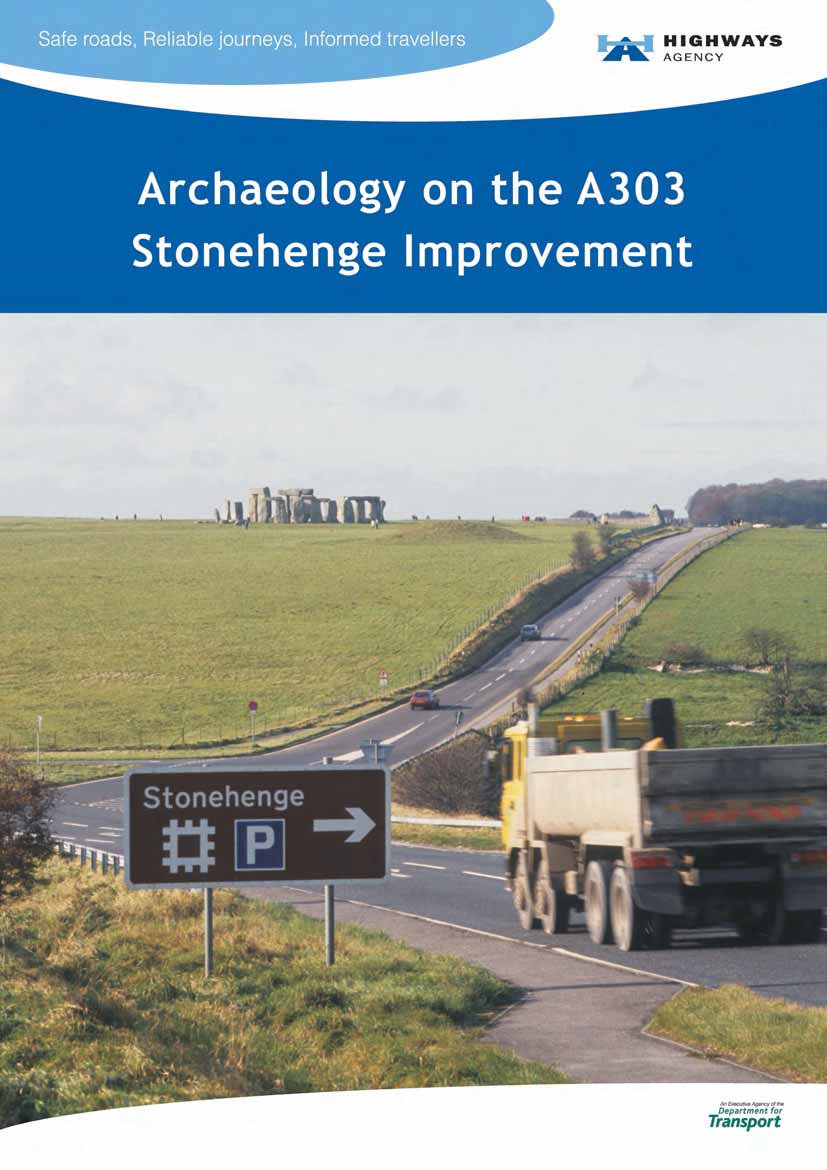
Archaeology on the A303 Stonehenge Improvement
Matt Leivers & Chris Moore

Description
This volume reports on the archaeological works undertaken between 1998 and 2003 as part of the A303 Stonehenge Improvement highway scheme promoted by the Highways Agency.
The A303 trunk road and the A344 which pass Stonehenge are widely agreed to have a detrimental effect on its setting and on other archaeological features within the World Heritage Site. Around Stonehenge there is noise and visual intrusion from traffic and also air pollution. Each year nearly one …
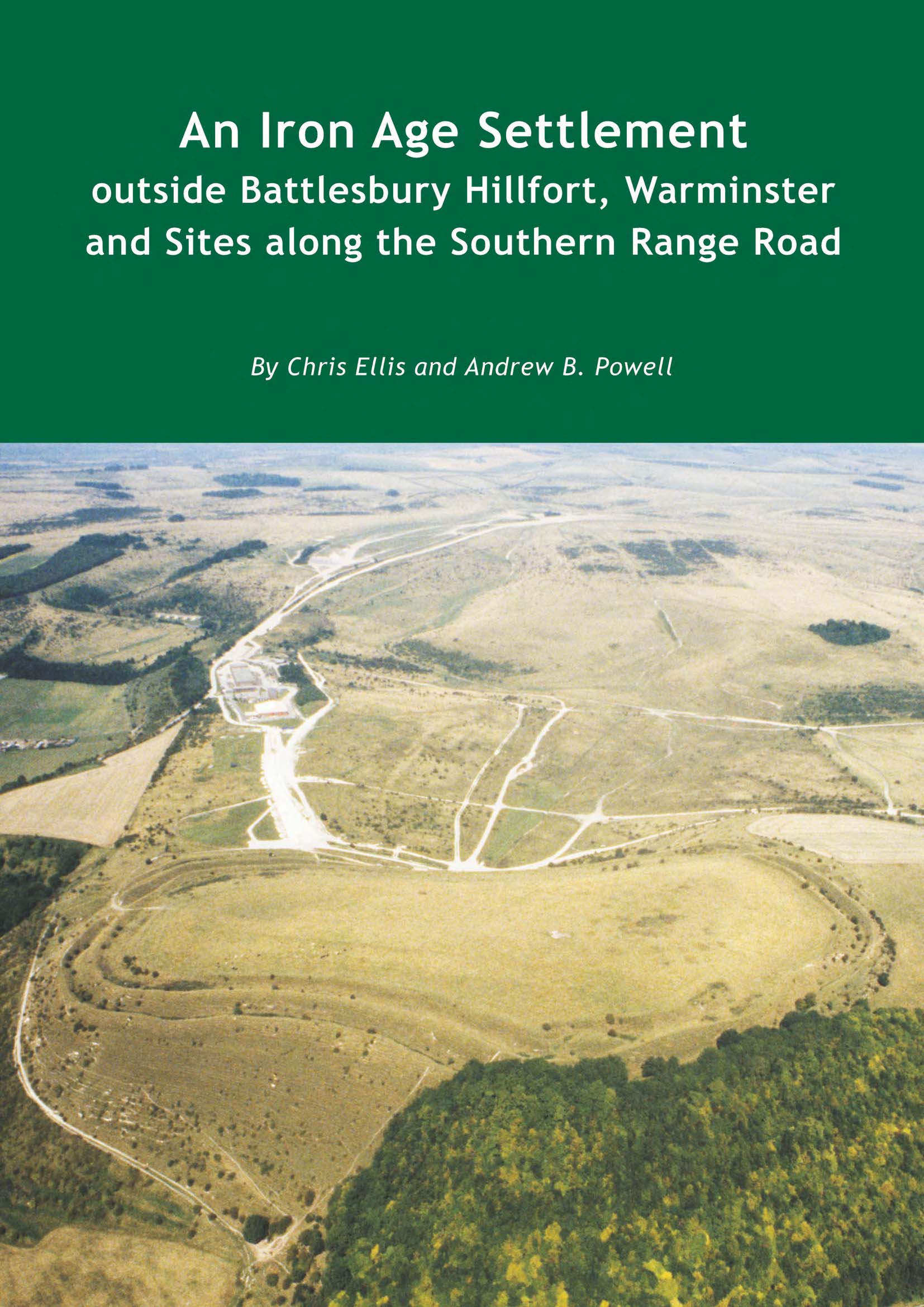
An Iron Age Settlement outside Battlesbury Hillfort, Warminster and Sites along the Southern Range Road
Chris Ellis & Andrew B. Powell

Description
Construction of a tank road through part of Salisbury Plain, from Warminster to Tilshead, has revealed archaeological remains dating from the Neolithic up to the modern use of the Plain for military training. Excavation adjacent to Battlesbury Camp hillfort has uncovered Late Bronze Age to Middle Iron Age settlement activity including ditches, roundhouses, four-post structures and numerous pit. Some of the pits contained human burials, and other deposits of artefacts and animal bones appear to …
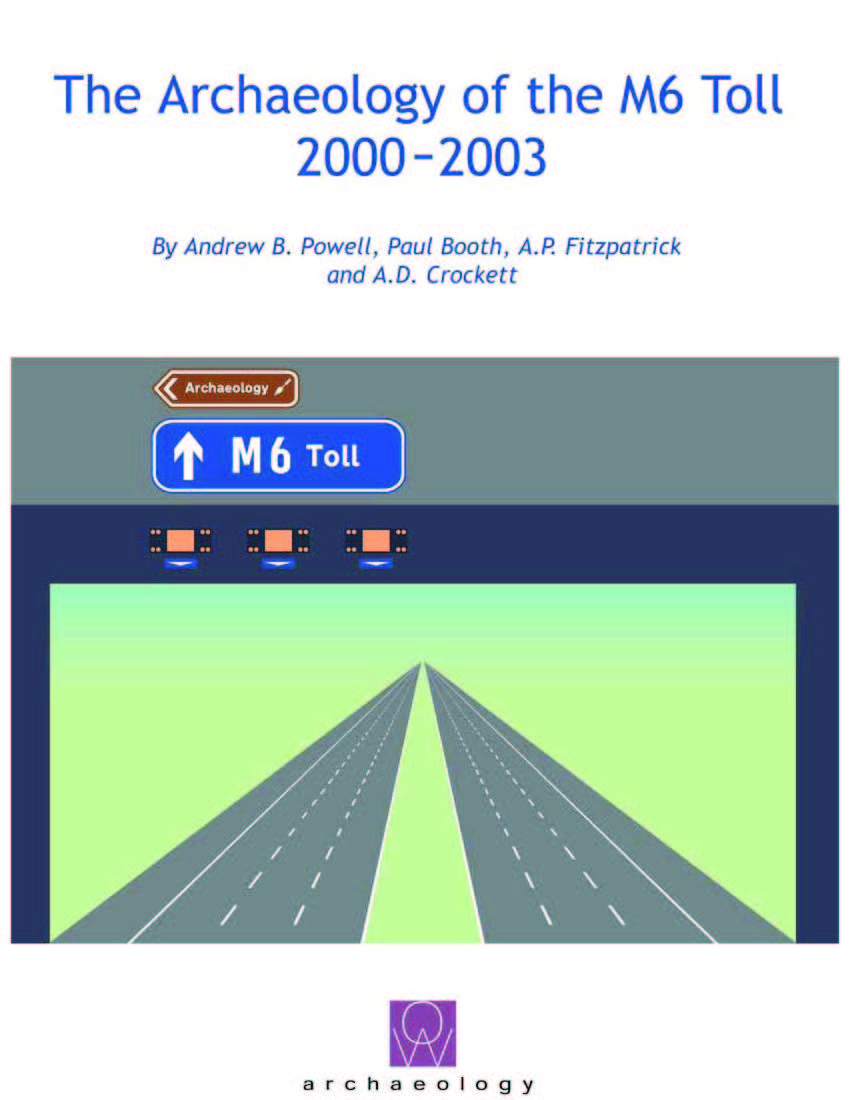
The Archaeology of the M6 Toll 2000 - 2003
Andrew B. Powell, Paul Booth, A. P. Fitzpatrick & A. D. Crockett

Description
In late 2000, during one of the wettest winters on record, Oxford Wessex Archaeology were commissioned by the construction consortium CAMBBA, on behalf of Midland Expressway Limited, to carry out the archaeological works associated with the construction of the new 44km M6 Toll motorway. The main phase of work was carried out during 2001, and by 2003 all investigations were complete, revealing 41 separate sites.
Remains included Mesolithic flint scatters, isolated Neolithic pits and hollows, …
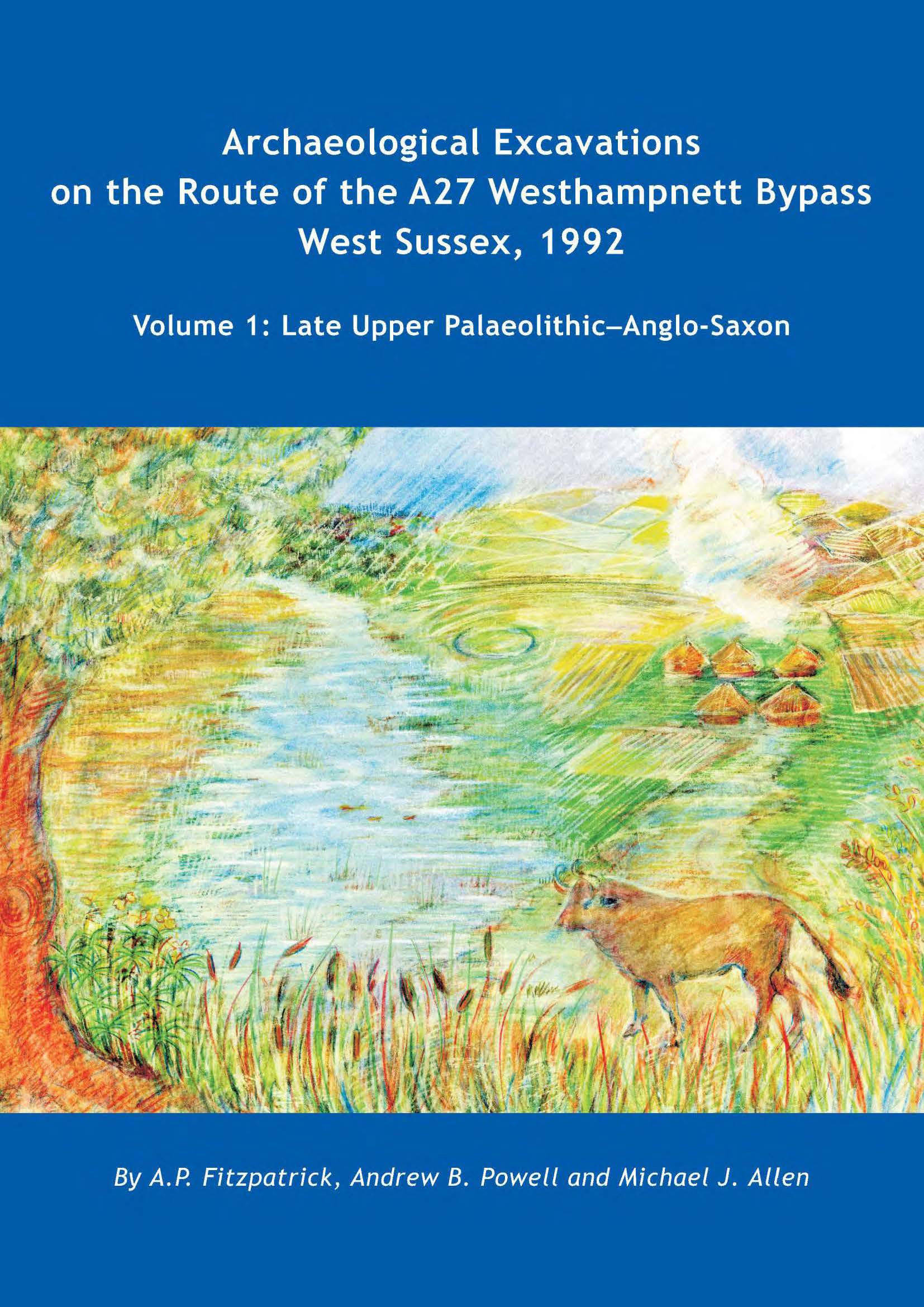
Archaeological Excavations on the Route of the A27 Westhampnett Bypass, West Sussex, 1992: Volume 1: Late Upper Palaeolithic–Anglo-Saxon
A. P. Fitzpatrick, Andrew B. Powell & Michael J. Allen

Description
Five main excavations and a number of smaller ones were undertaken in advance of the construction of the A27 Westhampnett Bypass near Chichester, West Sussex, in 1992. This volume presents the evidence for settlement and related evidence that spans 11,000 years from the Late Upper Palaeolithic to the medieval.
The sites examined included a Late Upper Palaeolithic palaeosol, two early Mesolithic residential base camps, isolated Early and Late Neolithic pits, an Early Bronze Age barrow …
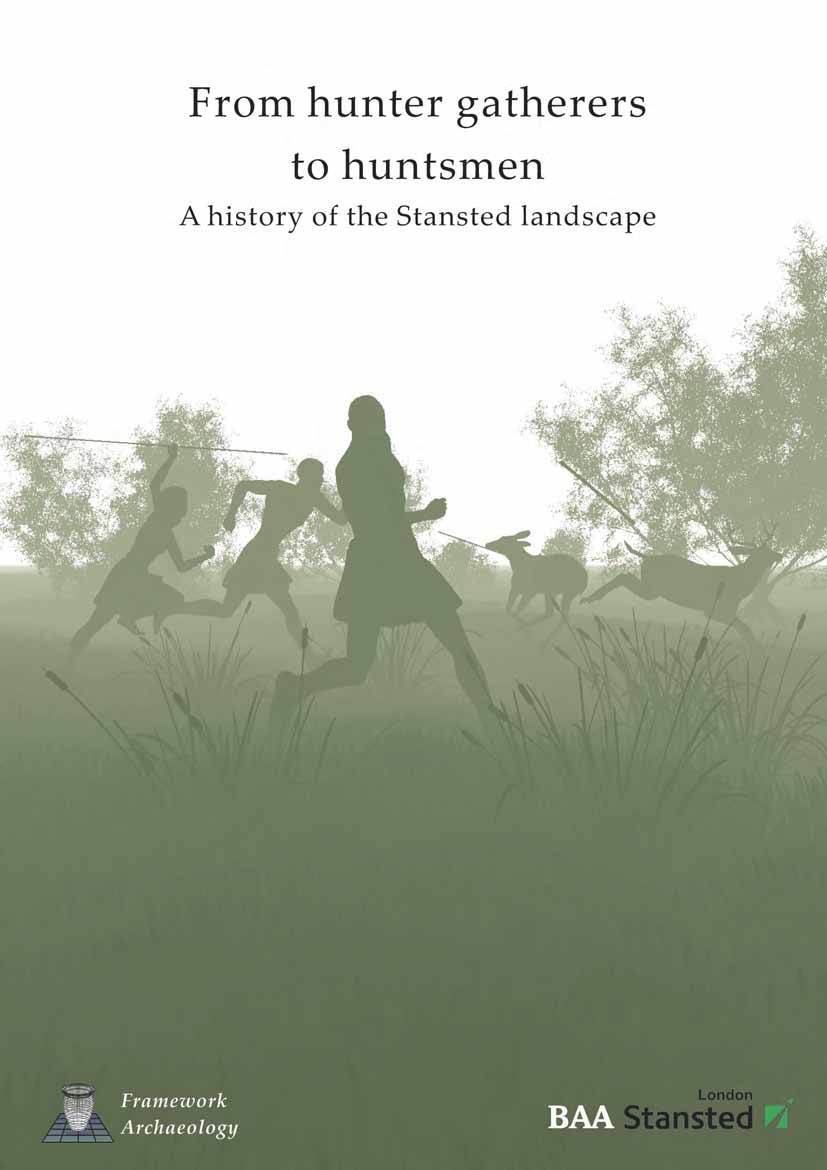
From hunter gatherers to huntsmen: A history of the Stansted landscape
Nicholas Cooke, Fraser Brown & Christopher Phillpotts

Description
The expansion of Stansted Airport provided an opportunity to investigate a large area of clay plateau, typical of the north-west Essex landscape. Sporadic activity from the Palaeolithic period was found but the first settlements date to the Middle Bronze Age. From the Middle Iron Age onwards, increasing settlement and population density led to the enclosure of the landscape. Farming and settlement concentrated on the more fertile river valleys and the slopes of the heavily wooded …
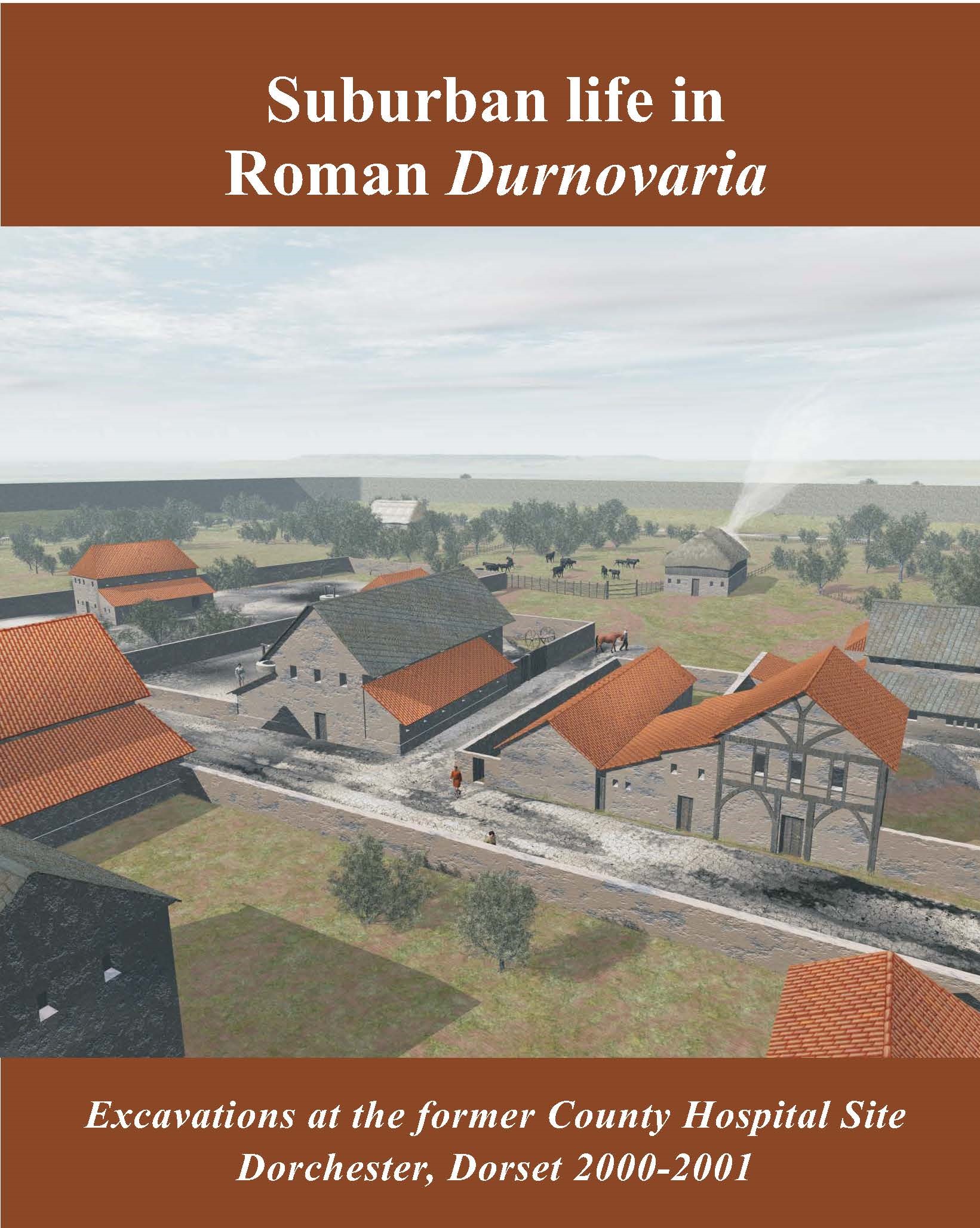
Suburban life in Roman Durnovaria: Excavations at the former County Hospital Site Dorchester, Dorset 2000–2001
Mike Trevarthen

Description
In 2000 and 2001 excavations in the south-west corner of the Roman town of Durnovaria, modern day Dorchester, revealed evidence for buildings and other features alongside a road. The site came to national prominence when a series of very fine mosaics were revealed, indeed around 6000 visitors patiently queued to view these and other finds from the site during an open day. As well as the mosaics and the building they were set within, …
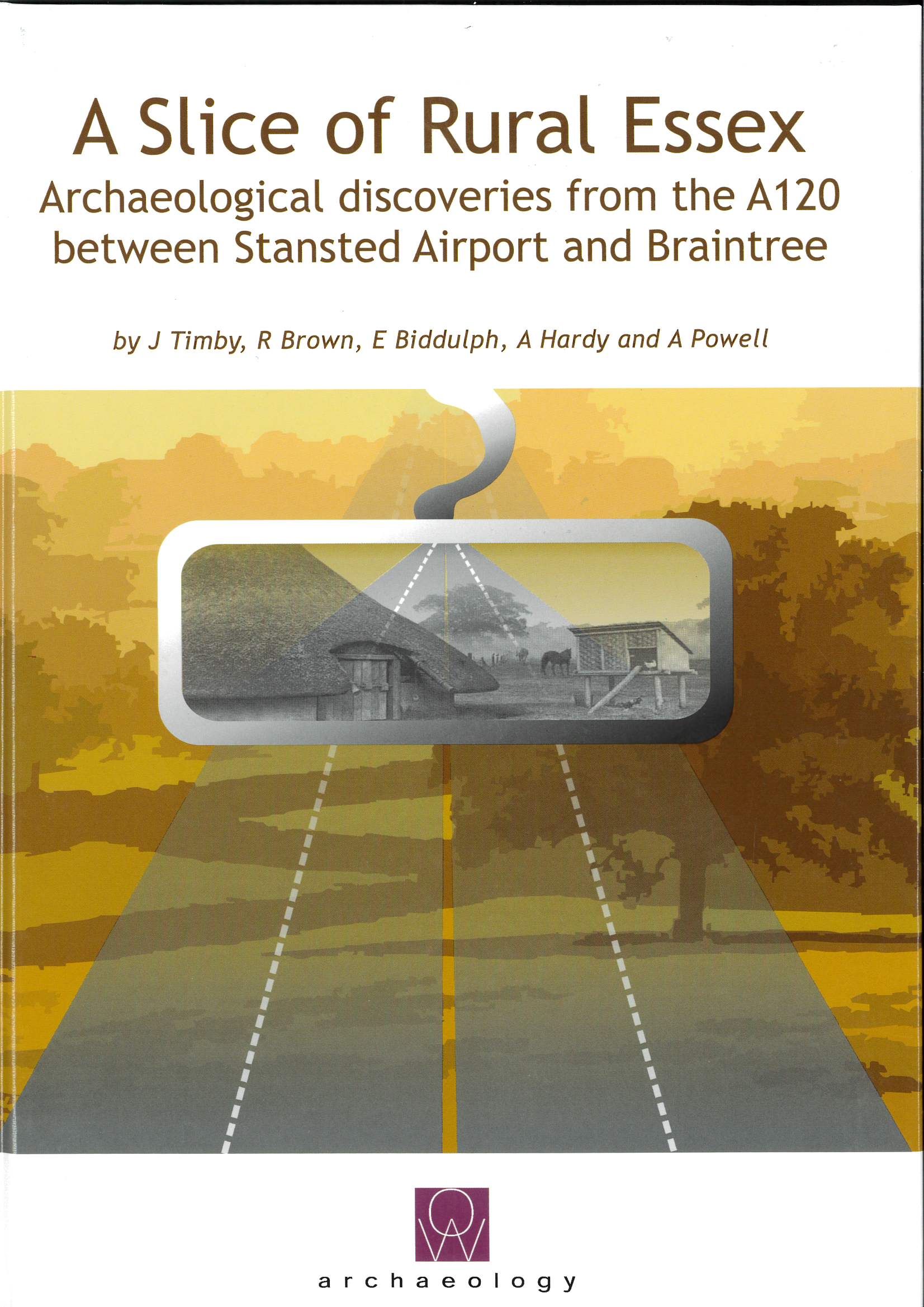
A Slice of Rural Essex: Archaeological discoveries from the A120 between Stansted Airport and Braintree
Jane Timby, Richard Brown, Edward Biddulph, Alan Hardy & Andrew B. Powell

Description
The upgrading of the A120 between Stansted Airport and Braintree allowed the unique opportunity to examine a slice of landscape crossing the clay plateau of Essex; a geology which has received little attention in the past. A diverse pattern of human history was revealed including earlier prehistoric flint knapping, later prehistoric ritual activity, a Roman farmstead with accompanying cemetery, a middle Saxon hall, medieval settlement, pottery production and a windmill.
This report is the product …
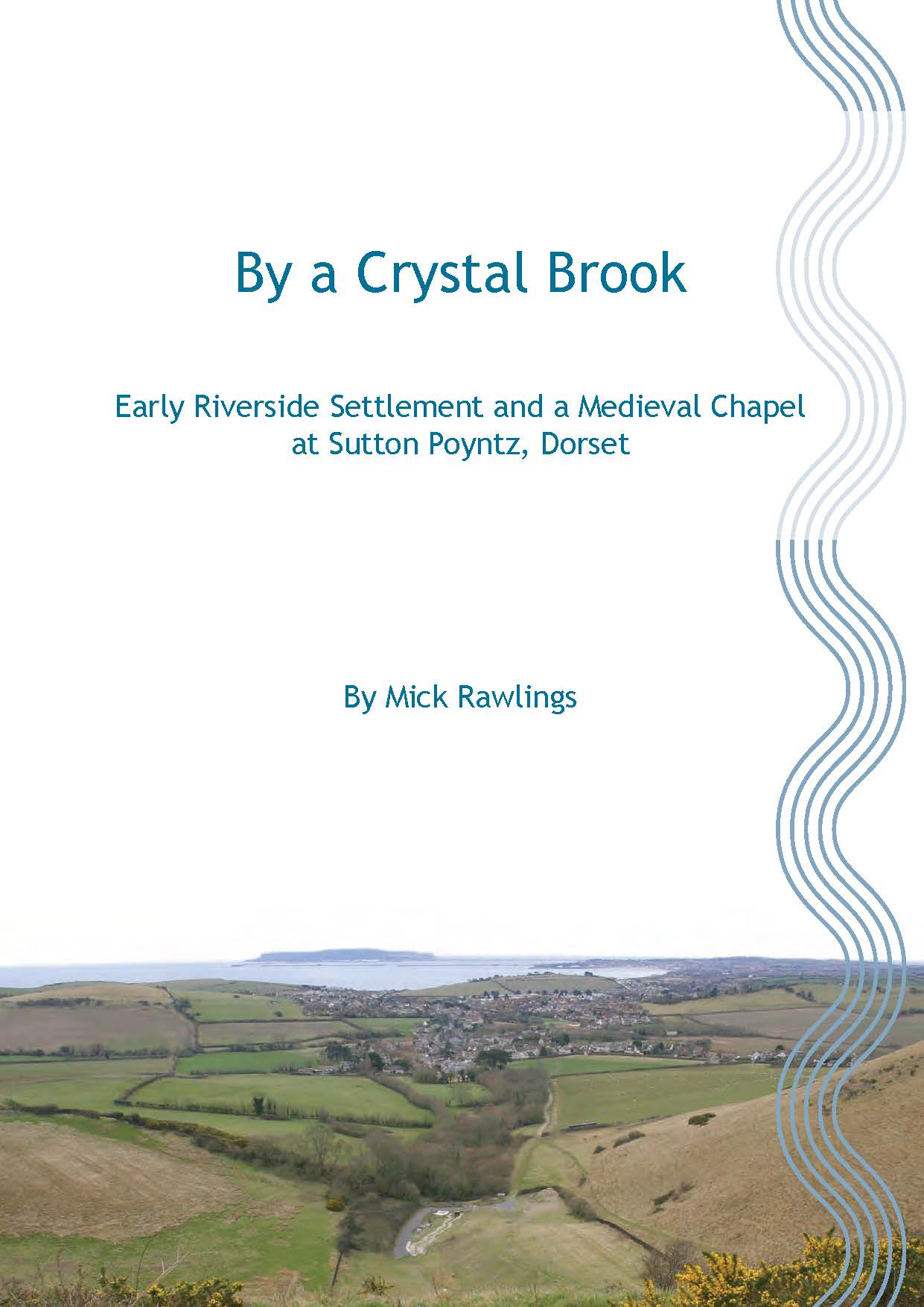
By a Crystal Brook: Early Riverside Settlement and a Medieval Chapel at Sutton Poyntz, Dorset
Mick Rawlings

Description
This volume describes the results of several stages of archaeological work resulting from plans to construct a new water treatment plant utilising the springhead or the River Jordan at Sutton Poyntz, a village at the foot of the chalk scrap near Weymouth, Dorset. Human activity in the area, since at least the Mesolithic times, has focused on the river. Its post-medieval history revolved around its water mills. Evidence for an Early Iron Age settlement, including …
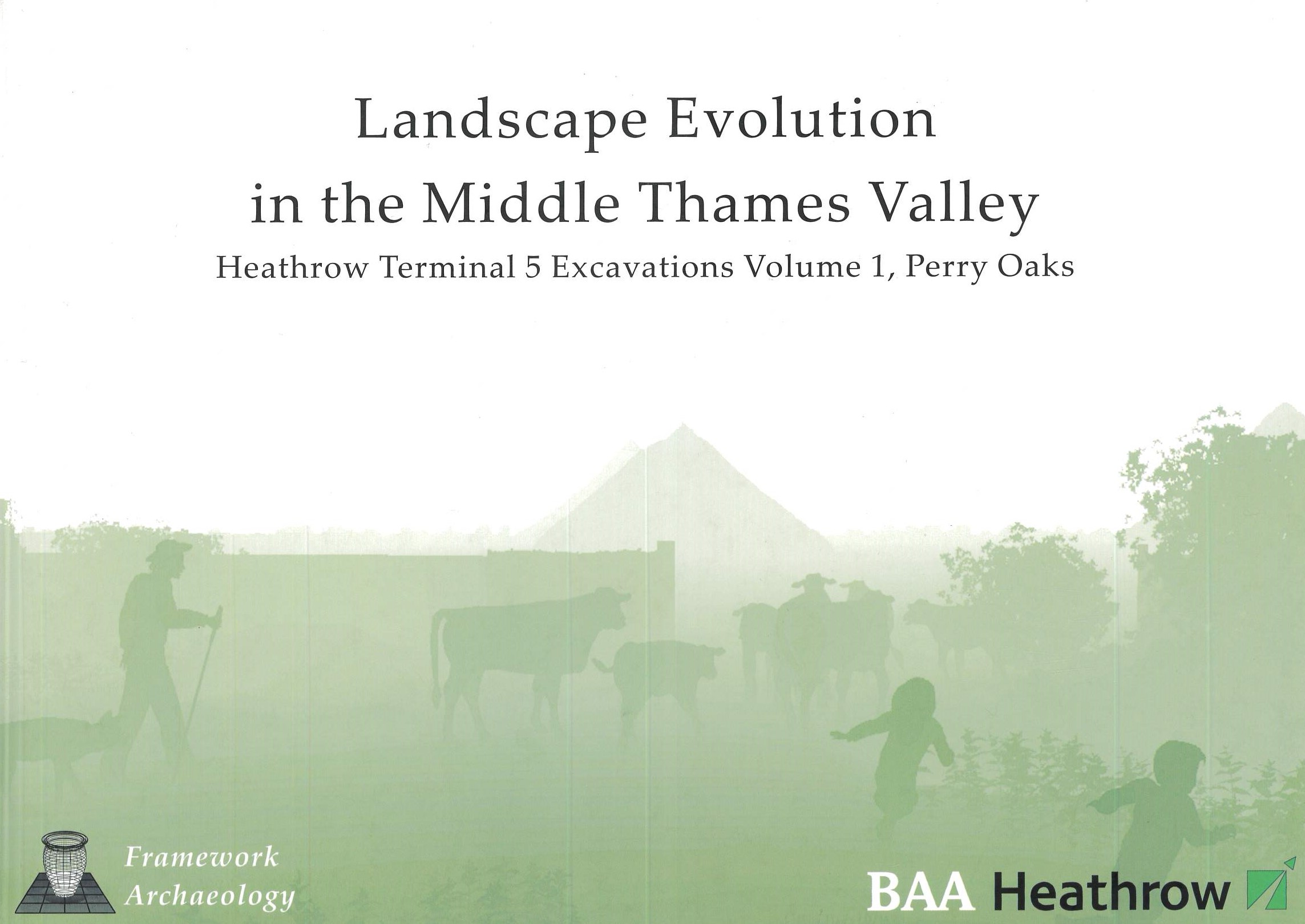
Landscape Evolution in the Middle Thames Valley: Heathrow Terminal 5 Excavations Volume 1, Perry Oaks
John Lewis, Fraser Brown, Angela Batt, Nicholas Cooke, John Barrett, Rachel Every, Lorraine Mepham, Kayt Brown, Kate Cramp, Andrew J. Lawson, Fiona Roe, Steve Allen, David Petts, Jacqueline I. McKinley, Wendy J. Carruthers, Dana Challinor, Pat Wiltshire, Mark Robinson, Helen A. Lewis & Martin R. Bates

Description
The construction of Terminal 5 at Heathrow, today the world's busiest international airport, was preceded by one of the largest archaeological investigations ever undertaken in the UK. Its scale has for the first time allowed the complex history of the Middle Thames Valley to be explored. This volume covers over 8,000 years of human history, including early prehistoric ceremonial activity, the introduction of farming and the imposition of administrative control in the Roman period.
Borne …
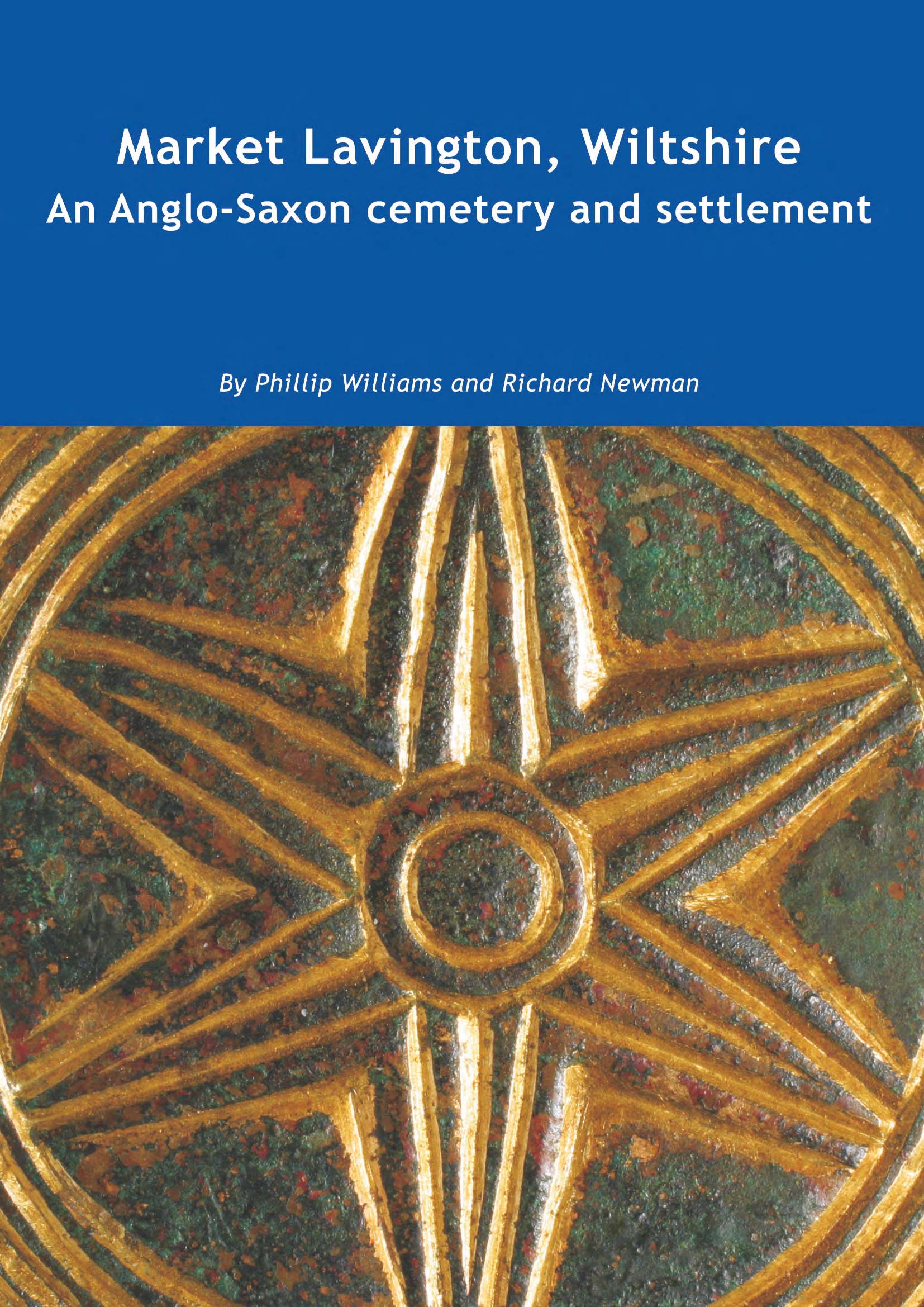
Market Lavington, Wiltshire: An Anglo-Saxon cemetery and settlement
Phillip Williams & Richard Newman

Description
The village of Market Lavington is located on a low greensand ridge at the foot of the north-west scrap of the chalk that forms Salisbury Plain. Rescue excavations in 1990 recorded an inhumation cemetery probably spanning the late 5th and 6th centuries and possibly extending into the 7th. The cemetery has provided an opportunity to examine burial practice in early Saxon Wiltshire and allowed an assessment of the structure of the social groups being interred …
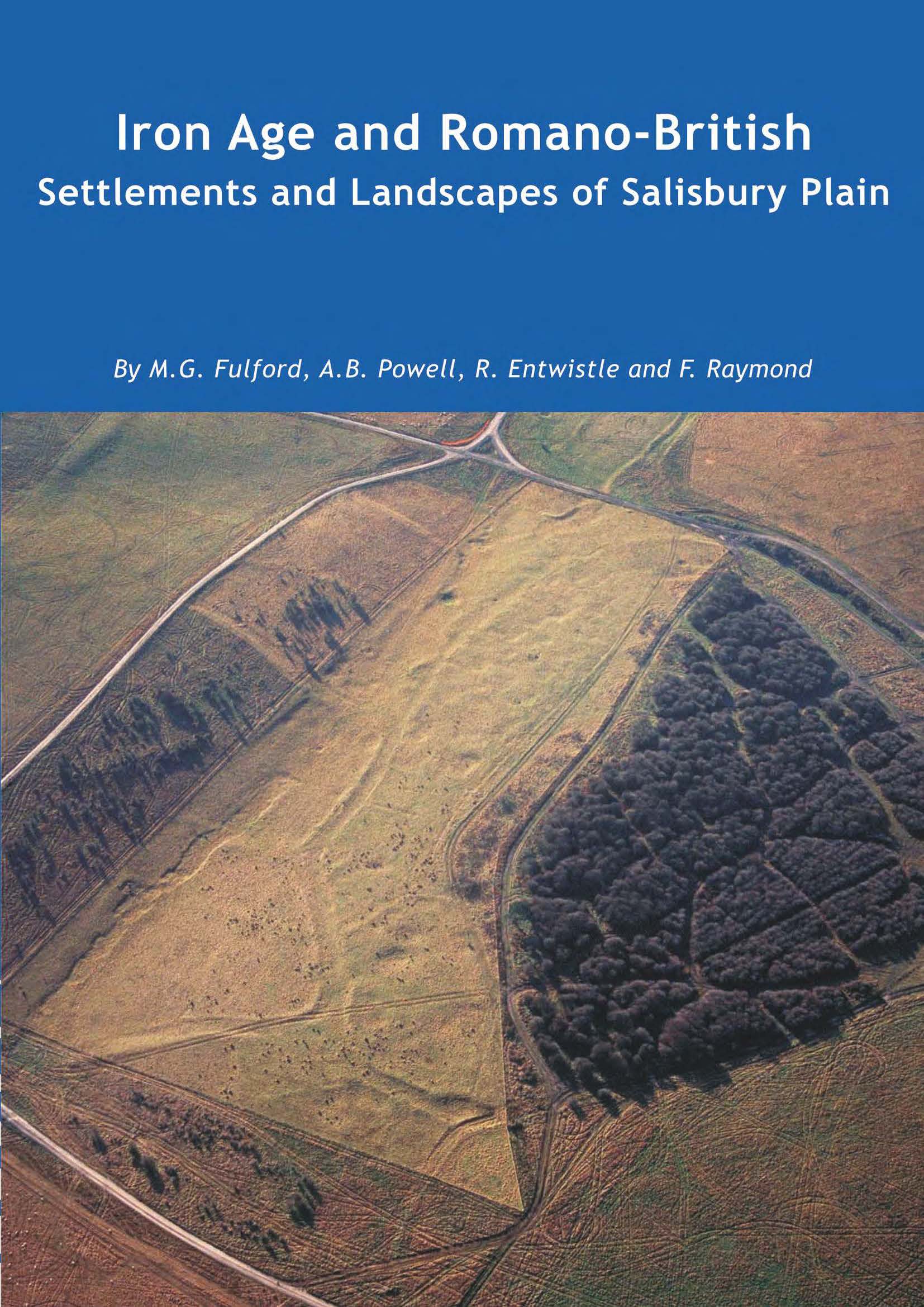
Iron Age and Romano-British Settlements and Landscapes of Salisbury Plain
M. G. Fulford, A. B. Powell, R. Entwistle & F. Raymond

Description
A programme of systematic surface collection and evaluative excavation has provided important new insight into Iron Age and Romano-British settlement and its associated agricultural economy on the chalk lands of the Eastern Range of the Salisbury Plain (Military) Training Area, central southern England. Focusing on two sample areas, amounting to 34km of the chalk lands between the Avon Valley (Wiltshire) and the ridge east of the Bourne Valley extending into north-west Hampshire. the project included …
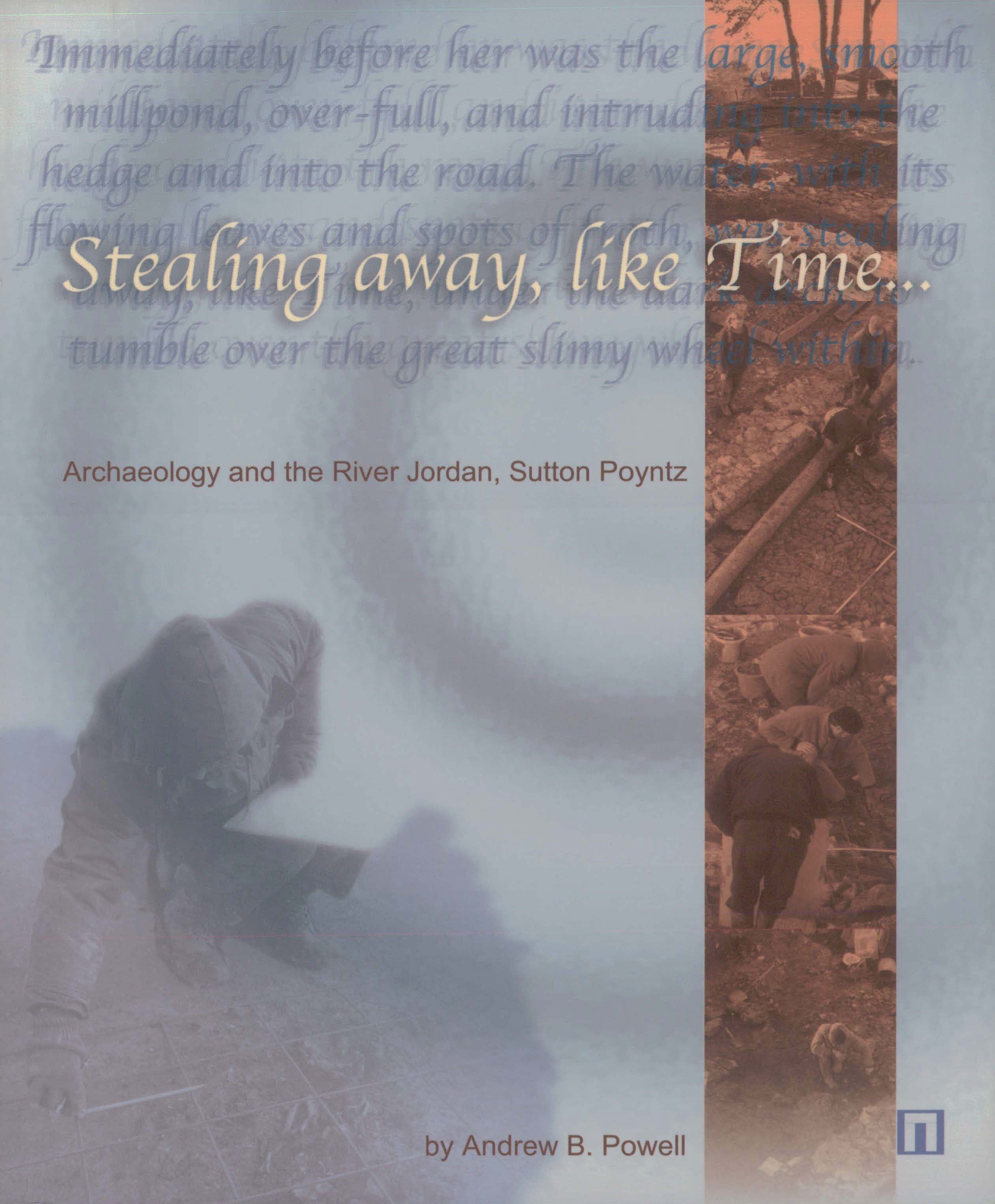
Description
Wessex Water's decision to build a new water treatment works at Sutton Poyntz provided an opportunity, in 1993–4, for archaeologists from Wessex Archaeology to find out how people had lived, worked and worshipped in the landscape around the River Jordan.
This is the story of the archaeological investigations that proceeded construction of the new works, and of the river's influence of the people, the place and the landscape.
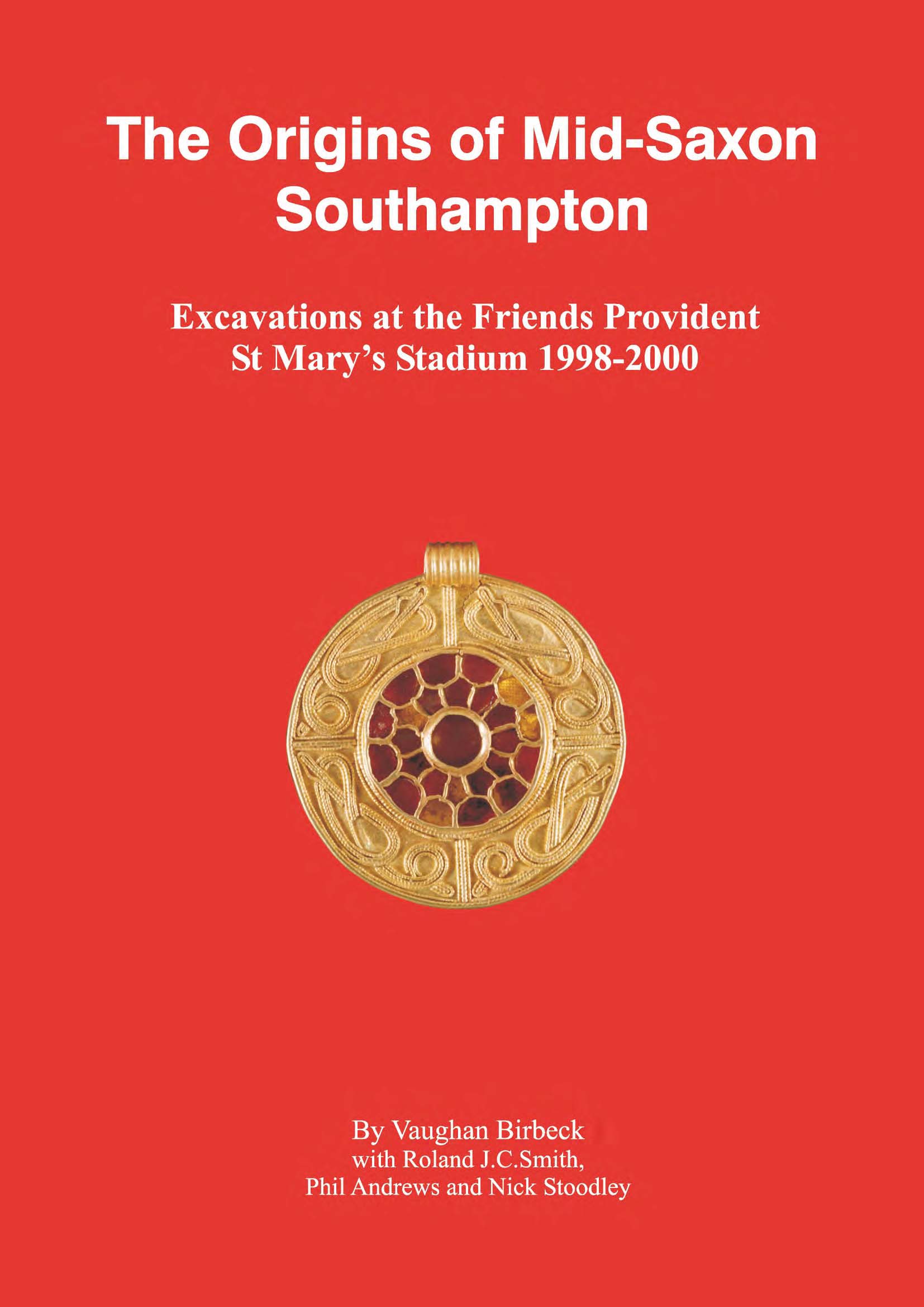
The Origins of Mid-Saxon Southampton: Excavations at the Friends Provident St Mary's Stadium 1998–2000
Vaughan Birbeck, Roland J C Smith, Phil Andrews & Nick Stoodley

Description
Hamwic (mid-Saxon Southampton) has been the subject of excavations since the 1940s, and is the most extensively investigated and best understood of the English wics. This report publishes the results of the largest excavation yet undertaken in Hamwic, which preceded Southampton Football Club's move to a new stadium in 2001. This has increased the known area of the settlement to almost 50 hectares, but more importantly has shed light on the origins of Hamwic. …
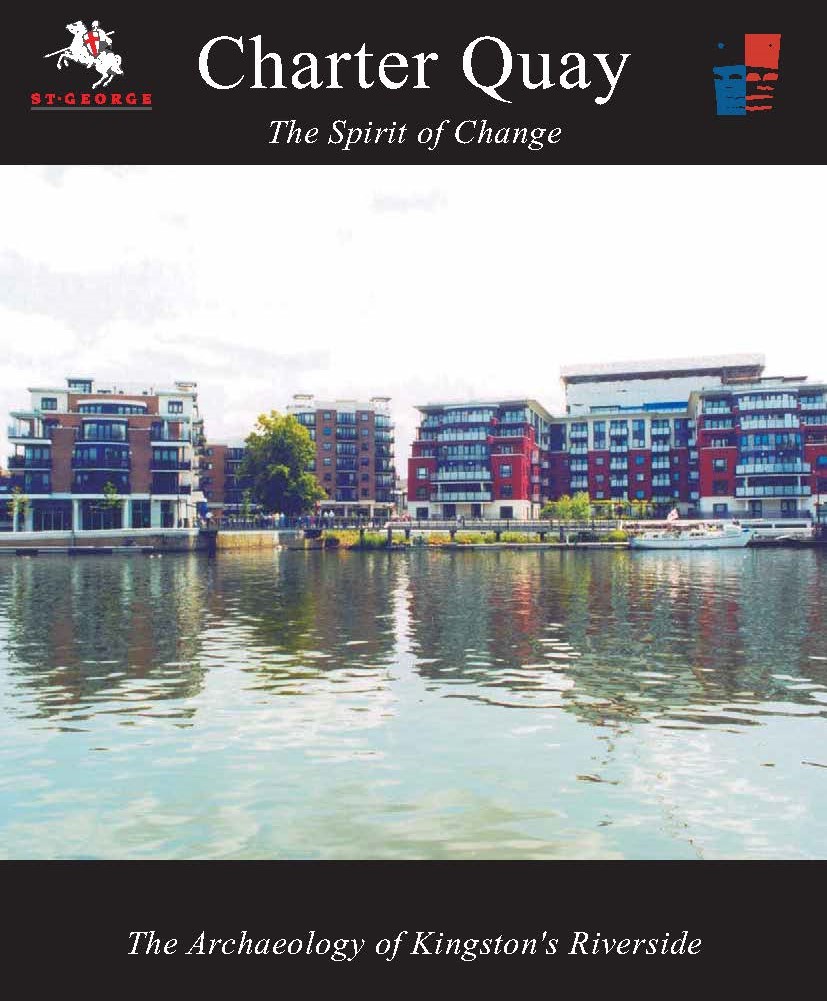
Charter Quay The Spirit of Change: The Archaeology of Kingston's Riverside
Phil Andrews, Jon Lowe, Karen Nichols, Christopher Phillpotts & Andrew B. Powell

Description
The Charter Quay development in Kingston upon Thames occupies much of the heart of the historic town. Before construction began, archaeologists excavating the site uncovered the essential elements of the town's growth over 900 years its urban planning, its market place businesses, shops and inns, the early industrial estate south of the Hogsmill, and the riverside wharves essential for its burgeoning trade.
This book describes the results of these important excavations, illuminating Kingston's wider history …
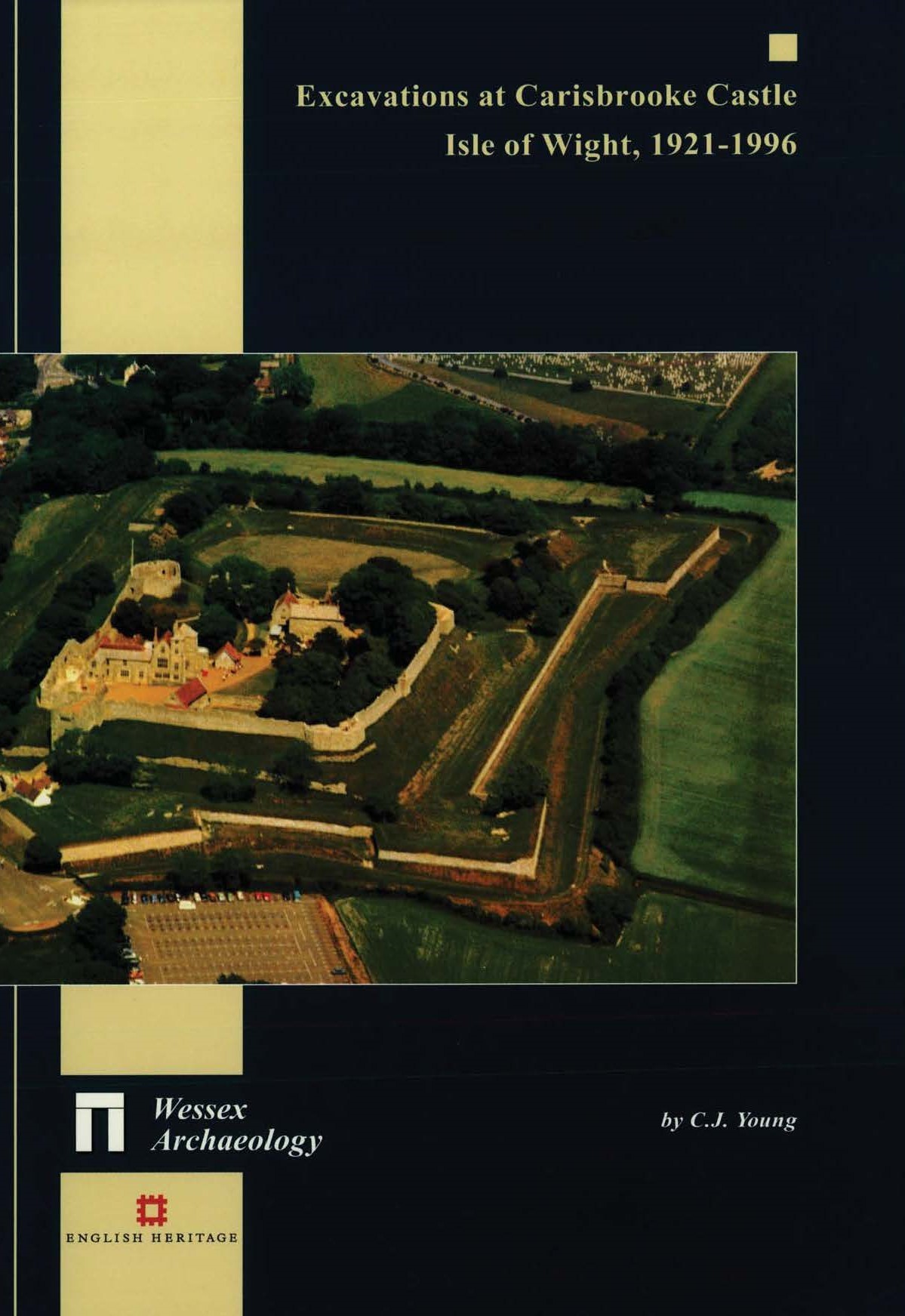
Description
Carisbrooke Castle is the only medieval fortification on the Isle of Wight. Its building and defences are still well-preserved and spectacular. A series of excavations, watching briefs, and other interventions between 1921 and 1996, concentrated mainly 1959–1969 and 1976–1982, have shed new light on the history and archaeology of the site.
Despite past suggestions or Roman and prehistoric activity, the earliest apparent use of the hilltop was for the 6th century Saxon inhumation cemetery. The …
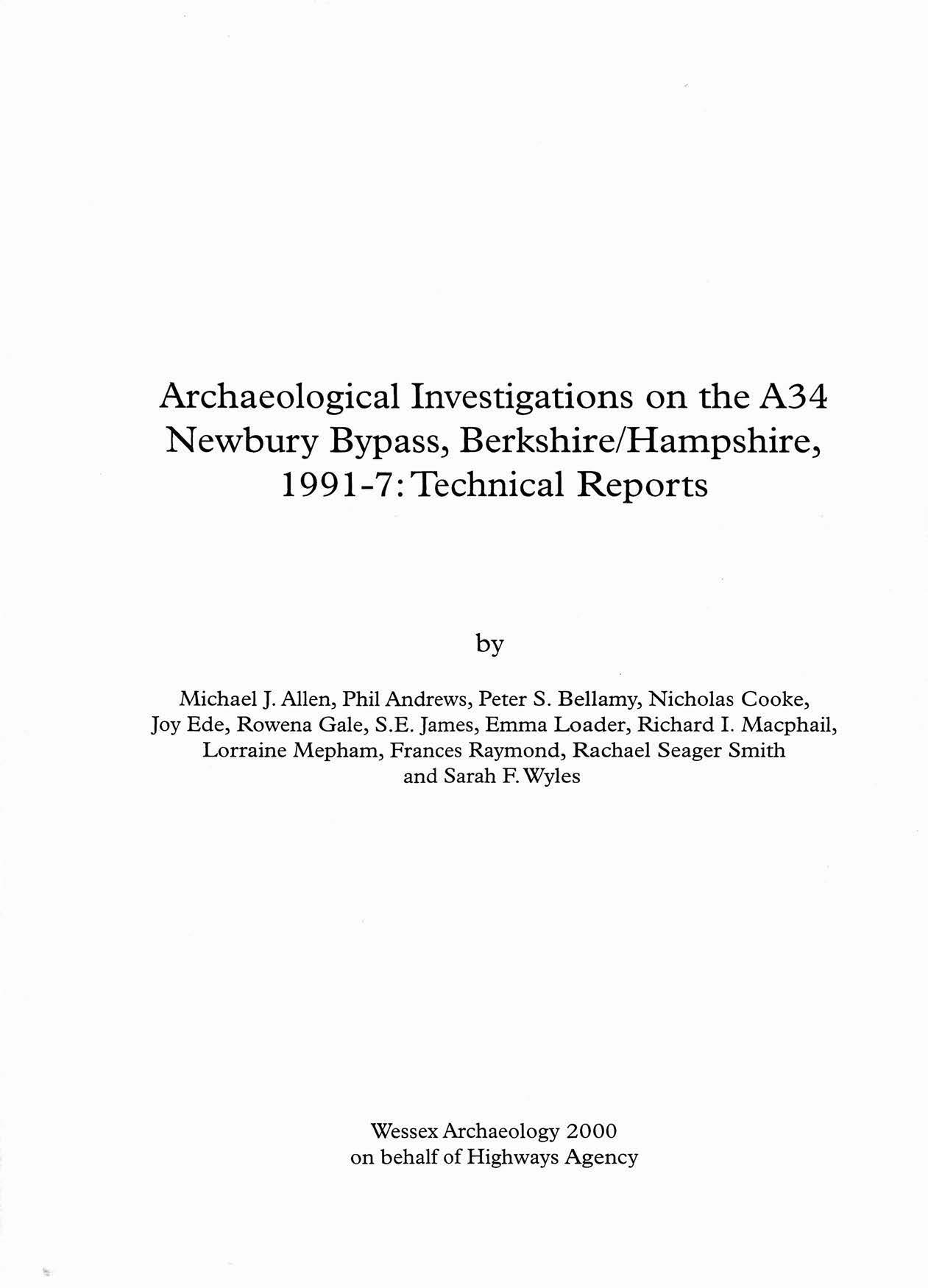
Archaeological Investigations on the A34 Newbury Bypass, Berkshire/Hampshire, 1991–7: Technical Reports
Michael J. Allen, Phil Andrews, Peter S. Bellamy, Nicholas Cooke, Joy Ede, Rowena Gale, S.E. James, Emma Loader, Richard I. Macphail, Lorraine Mepham, Frances Raymond, Rachael Seager Smith & Sarah F. Wyles

Description
Archaeological investigations along the route of the A34 Newbury Bypass employed a staged approach to assess the likely impact of the road on archaeological remains and allow appropriate mitigation strategies to be developed. This process confirmed the existence of archaeological remains at ten sites, ranging in date from the Mesolithic to the medieval period.
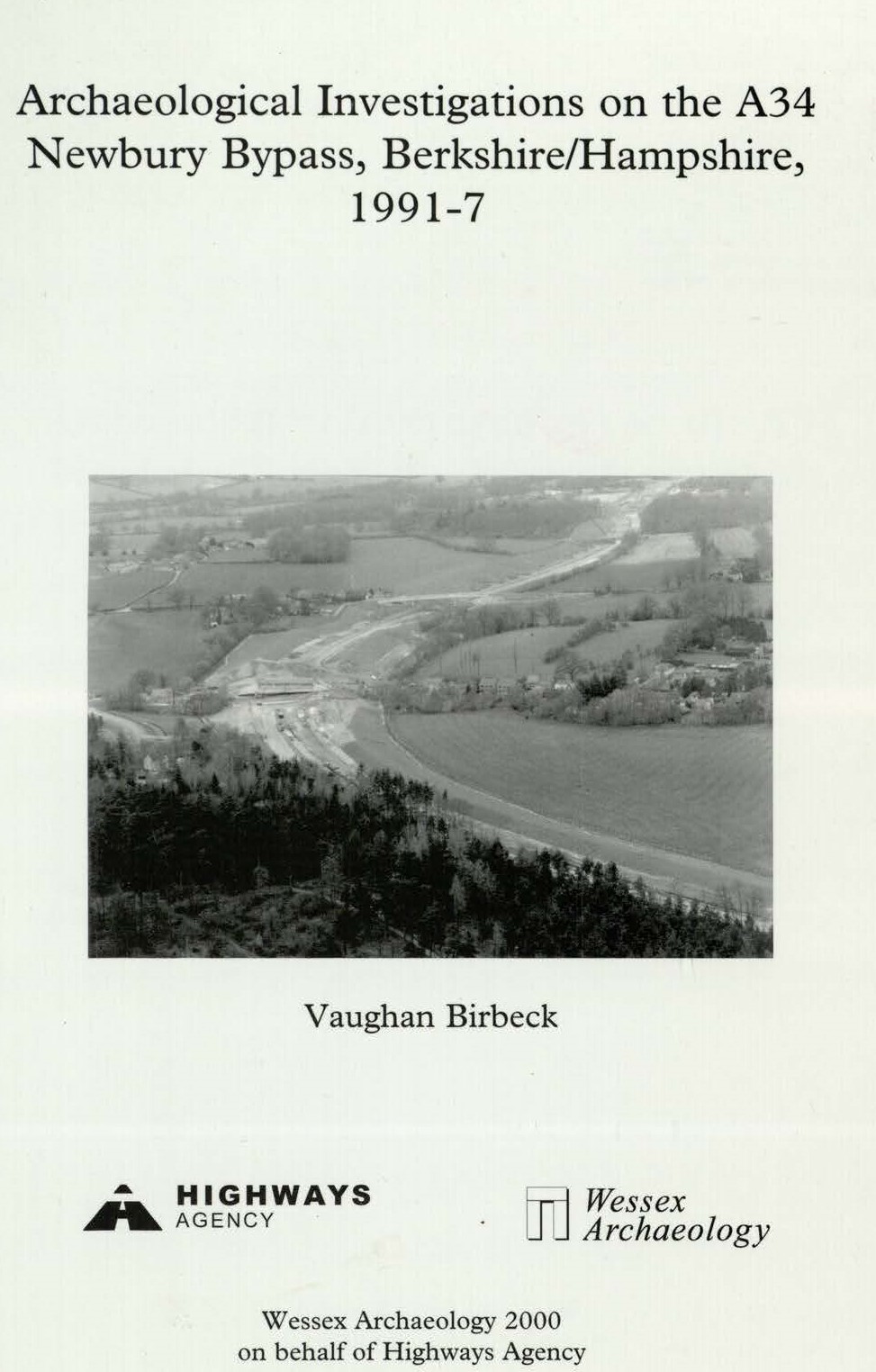
Archaeological Investigations on the A34 Newbury Bypass, Berkshire/Hampshire, 1991–7
Vaughan Birbeck

Description
Archaeological investigations along the route of the A34 Newbury Bypass employed a staged approach to assess the likely impact of the road on archaeological remains and allow appropriate mitigation strategies to be developed. This process confirmed the existence of archaeological remains at ten sites, ranging in date from the Mesolithic to the medieval period.
At Lambourn Valley, a 'home base' site of later Mesolithic date was excavated. Evidence for Neolithic and Bronze Age activity comprised …
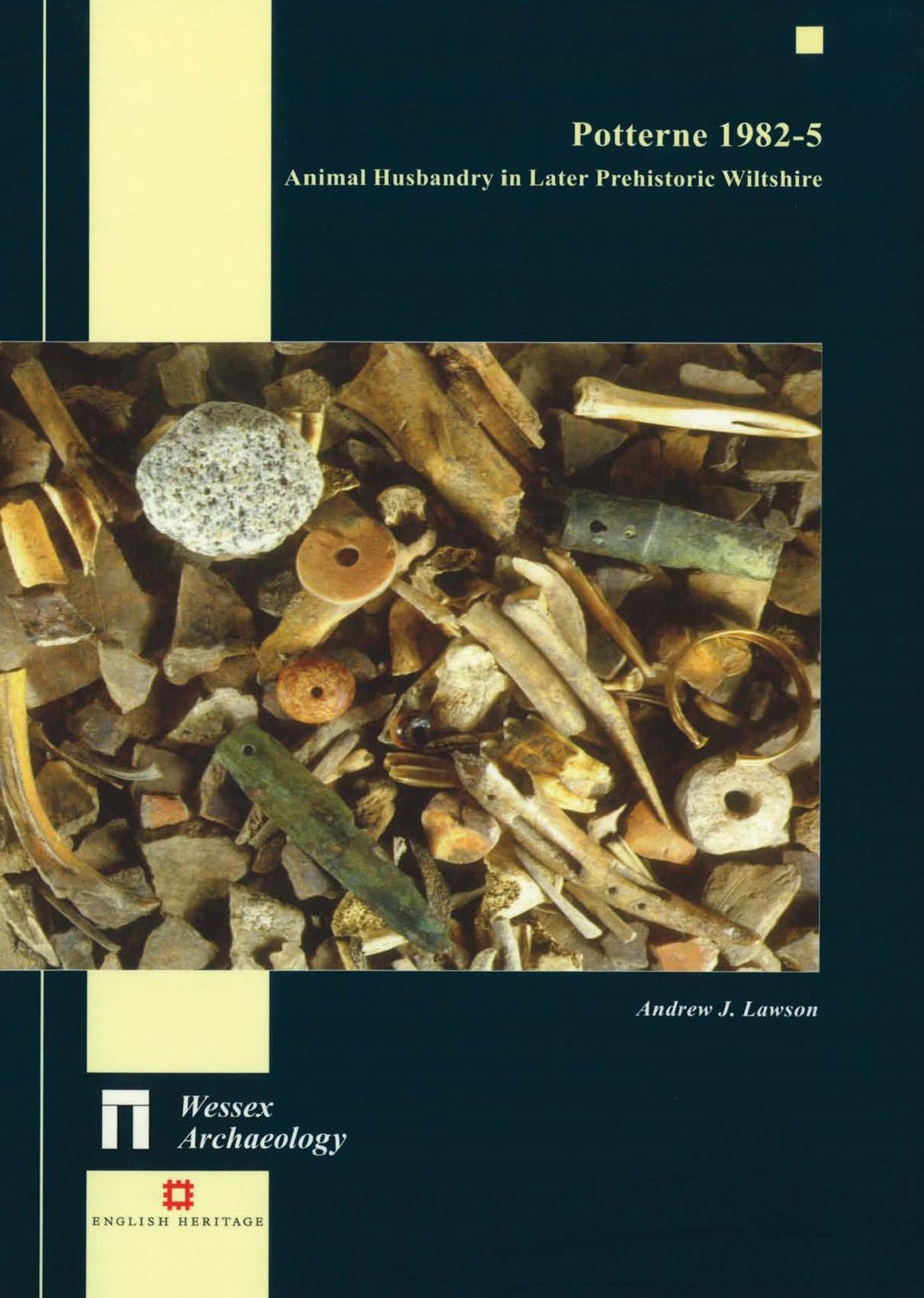
Potterne 1982–5: Animal Husbandry in Later Prehistoric Wiltshire
Andrew J. Lawson

Description
For half a millennium, successive generations of Late Bronze Age and Early Iron Age farmers maintained their animals at the same site to the north of the modern parish of Potterne. Their specialised activities were served by an integrated social network through which contact was maintained with close and distant neighbours. Periodic communal meetings at the site provided the stimulus and opportunity for the exchange of agricultural produce, manufactured goods and at the same time …
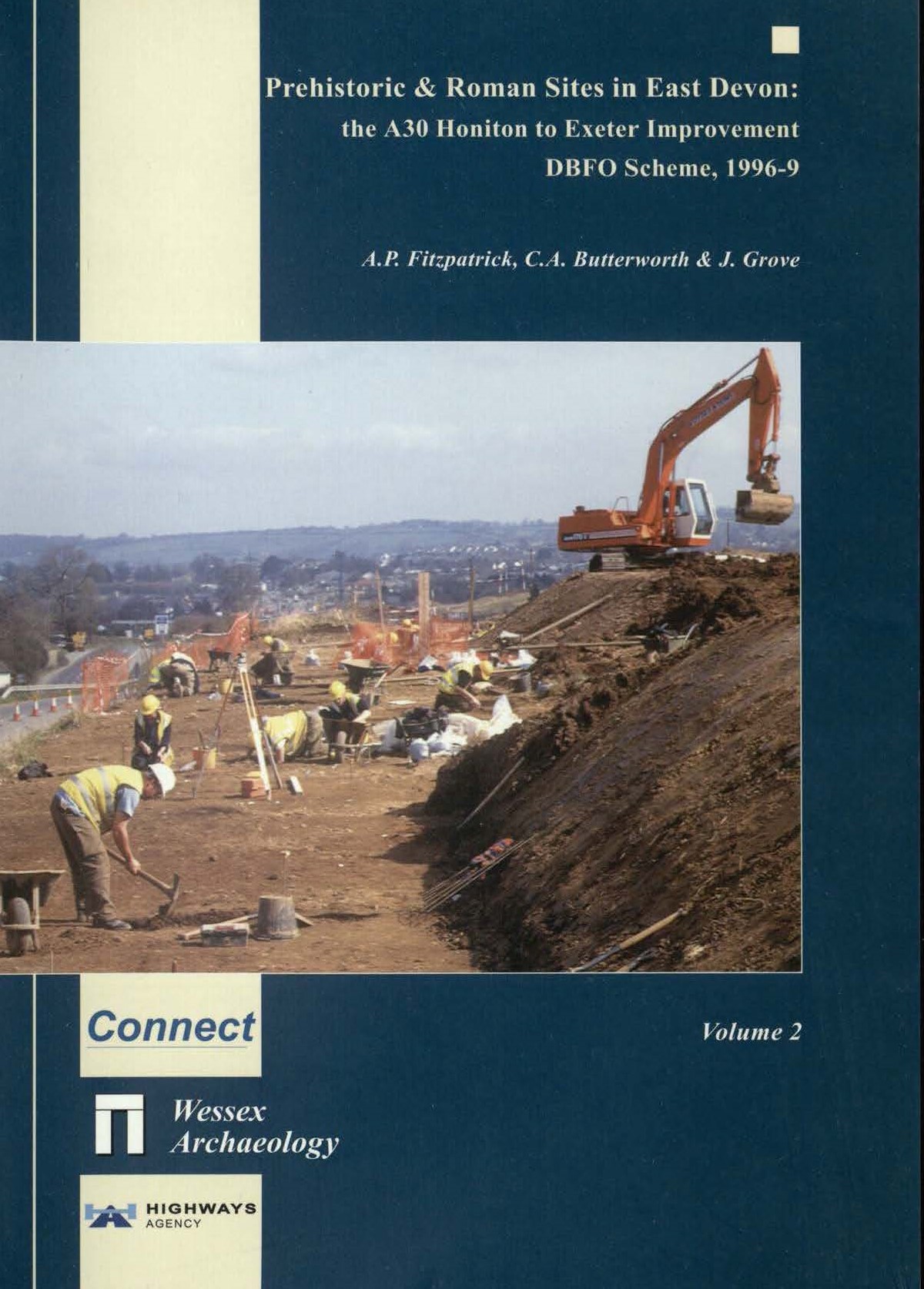
Prehistoric & Roman Sites in East Devon: the A30 Honiton to Exeter Improvement DBFO Scheme, 1996–9. Volume 2
A. P. Fitzpatrick, C A. Butterworth & J. Grove

Description
Eight excavations on sites of prehistoric and Roman date were undertaken during 1996–8 in advance of the A30 road improvement between Honiton and Exeter in Devon in south-west England. The excavated sites span the Neolithic to Roman periods, though evidence for Lower Palaeolithic and Mesolithic activity was also recorded.
At Castle Hill two Neolithic ritual monuments and a Middle Bronze Age field system and part of the associated farm compound were excavated. Bronze …
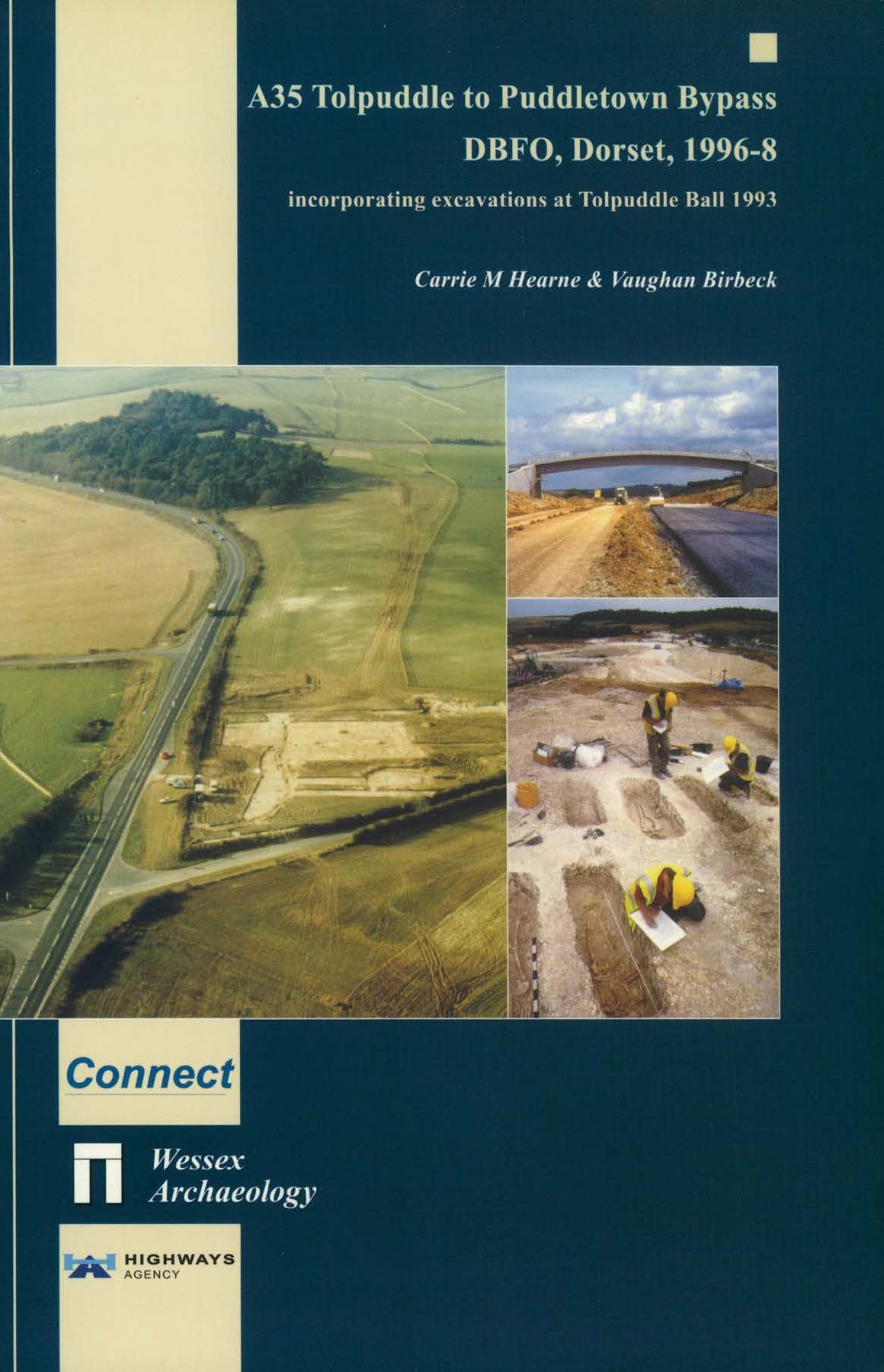
A35 Tolpuddle to Puddletown Bypass DBFO, Dorset, 1996–8: incorporating excavations at Tolpuddle Ball 1993
Carrie M Hearne & Vaughan Birbeck

Description
The A35 Tolpuddle to Puddletown Bypass in Dorset was one of the first tranche of Design, Build, Finance and Operate road schemes whereby responsibility for undertaking archaeological work is transferred from the Highways Agency to DBFO Company.
The bypass provided a 9 km long transect on the margins of the chalk uplands of Dorset and their interface with the Piddle Valley and the Hampshire Basin. This is a zone of particular interest for the later …
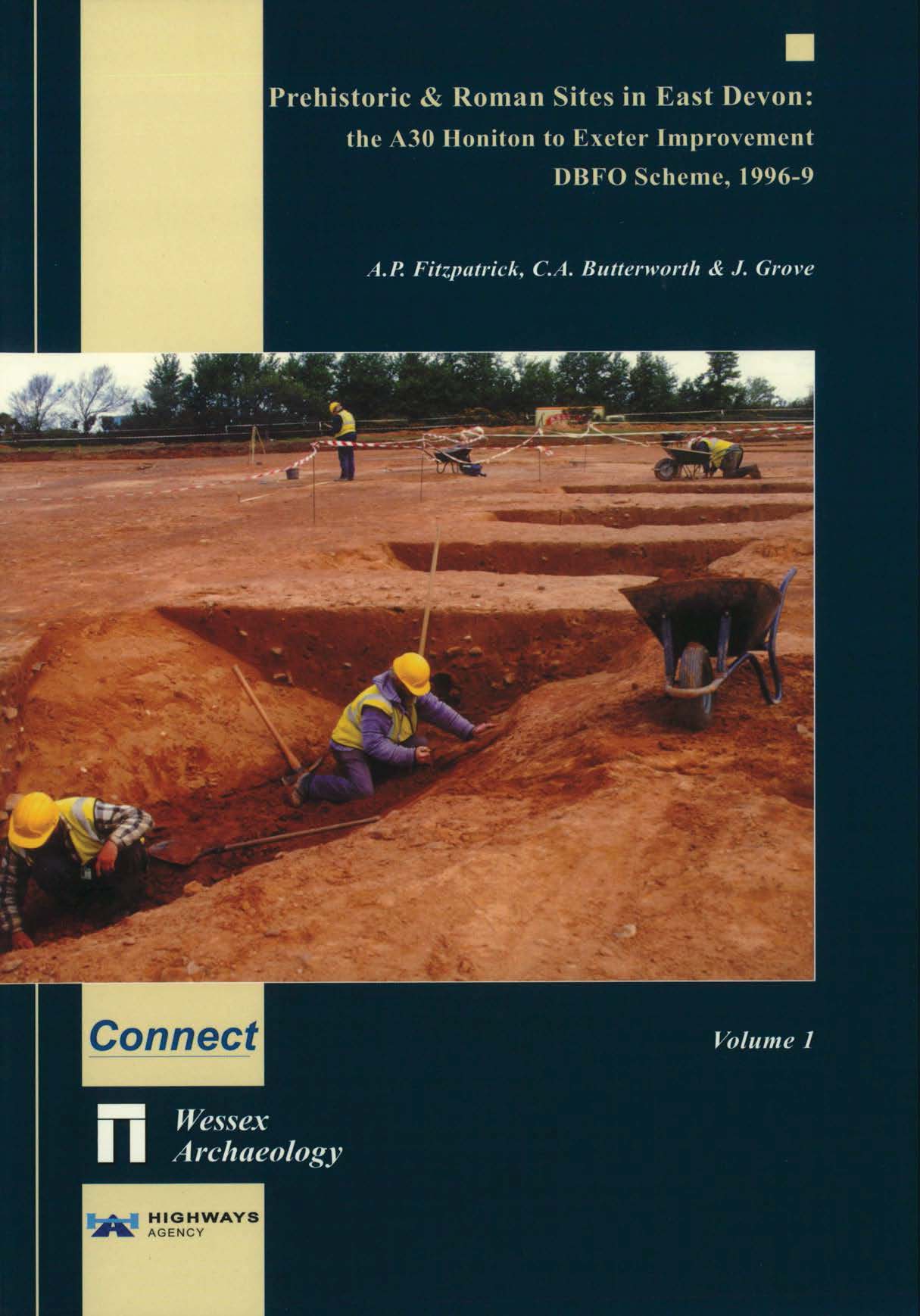
Prehistoric & Roman Sites in East Devon: the A30 Honiton to Exeter Improvement DBFO Scheme, 1996–9. Volume 1
A. P. Fitzpatrick, C A. Butterworth & J. Grove

Description
Eight excavations on sites of prehistoric and Roman date were undertaken during 1996–8 in advance of the A30 road improvement between Honiton and Exeter in Devon in south-west England. The excavated sites span the Neolithic to Roman periods, though evidence for Lower Palaeolithic and Mesolithic activity was also recorded.
At Castle Hill two Neolithic ritual monuments and a Middle Bronze Age field system and part of the associated farm compound were excavated. Bronze Age round-houses …
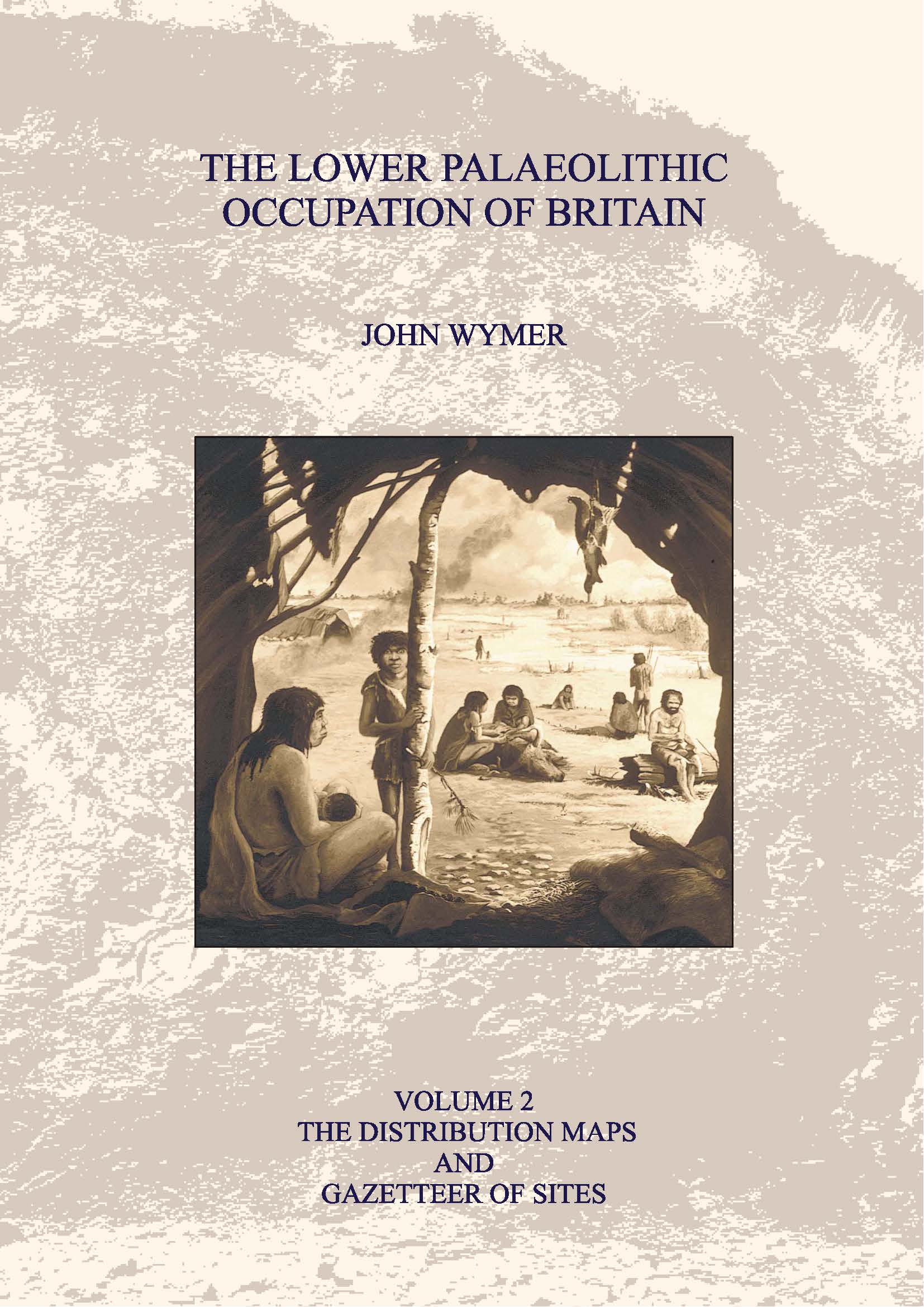
The Lower Palaeolithic Occupation of Britain: Volume 2: The Distribution Maps and Gazetteer of Sites
John Wymer

Description
This volume presents a synthesis based on a comprehensive seven year survey of the Palaeolithic archaeology of England and Wales. That survey sought to identify the findspots and plot the distribution of Lower and Middle Palaeolithic artefacts in relation to the deposits containing them. This volume is concerned not only with artefacts but with people; when and where they moved through the land we now know as Britain and in interpreting, where possible, what they …
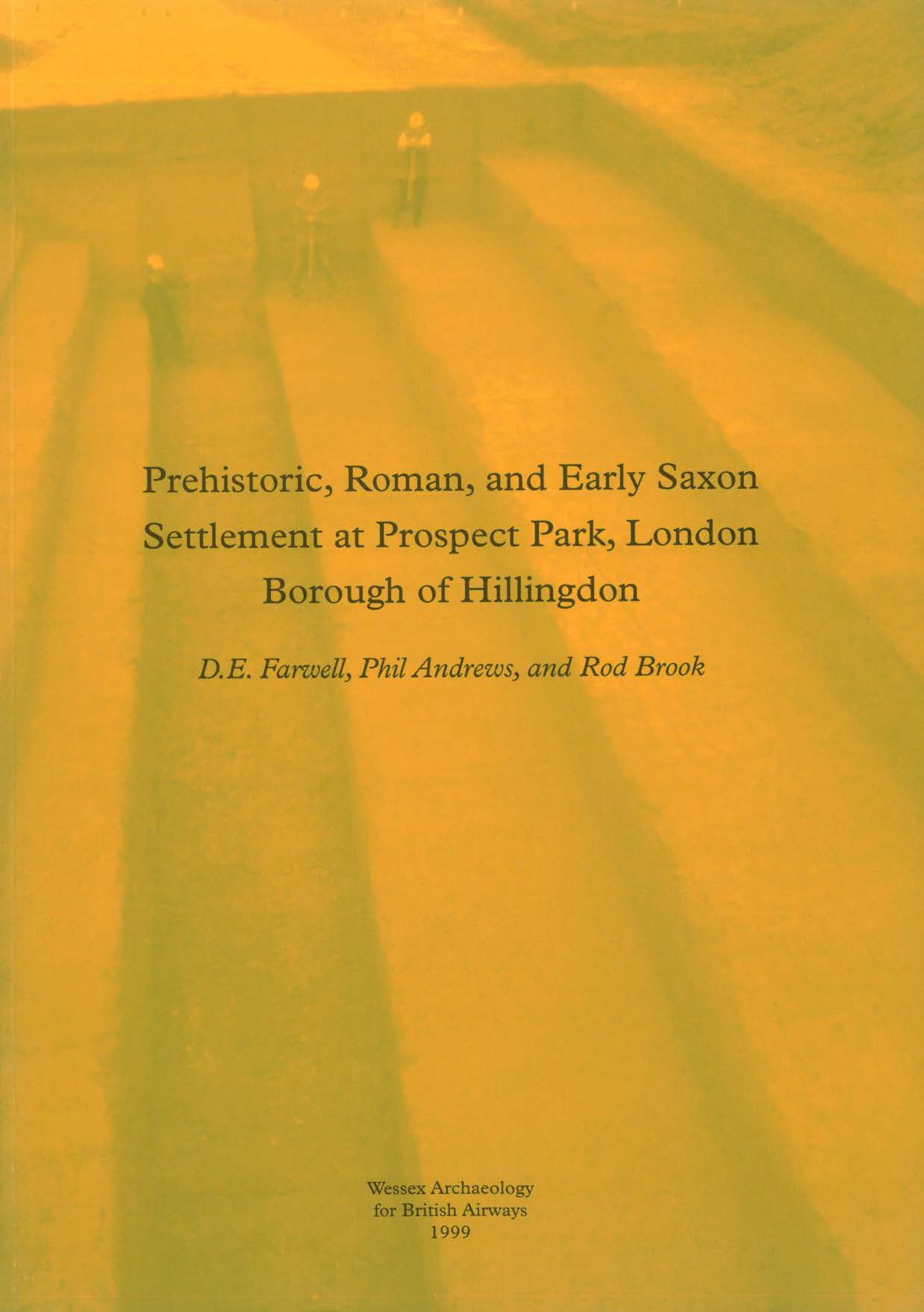
Prehistoric, Roman, and Early Saxon Settlement at Prospect Park, London Borough of Hillingdon
D.E. Farwell, Phil Andrews & Rod Brook

Description
Three phases of archaeological work were carried out at Prospect Park, near Harmondsworth, London Borough of Hillingdon in 1993–5. The site, subsequently developed by British Airways for a new business centre, lies on the east side of the River Colne on 'brickearth', a drift deposit of aeolian origin c. 4 m thick at Prospect Park.
A section was investigated through the 'brickearth' in an attempt both to discover the potential for Palaeolithic remains within the …
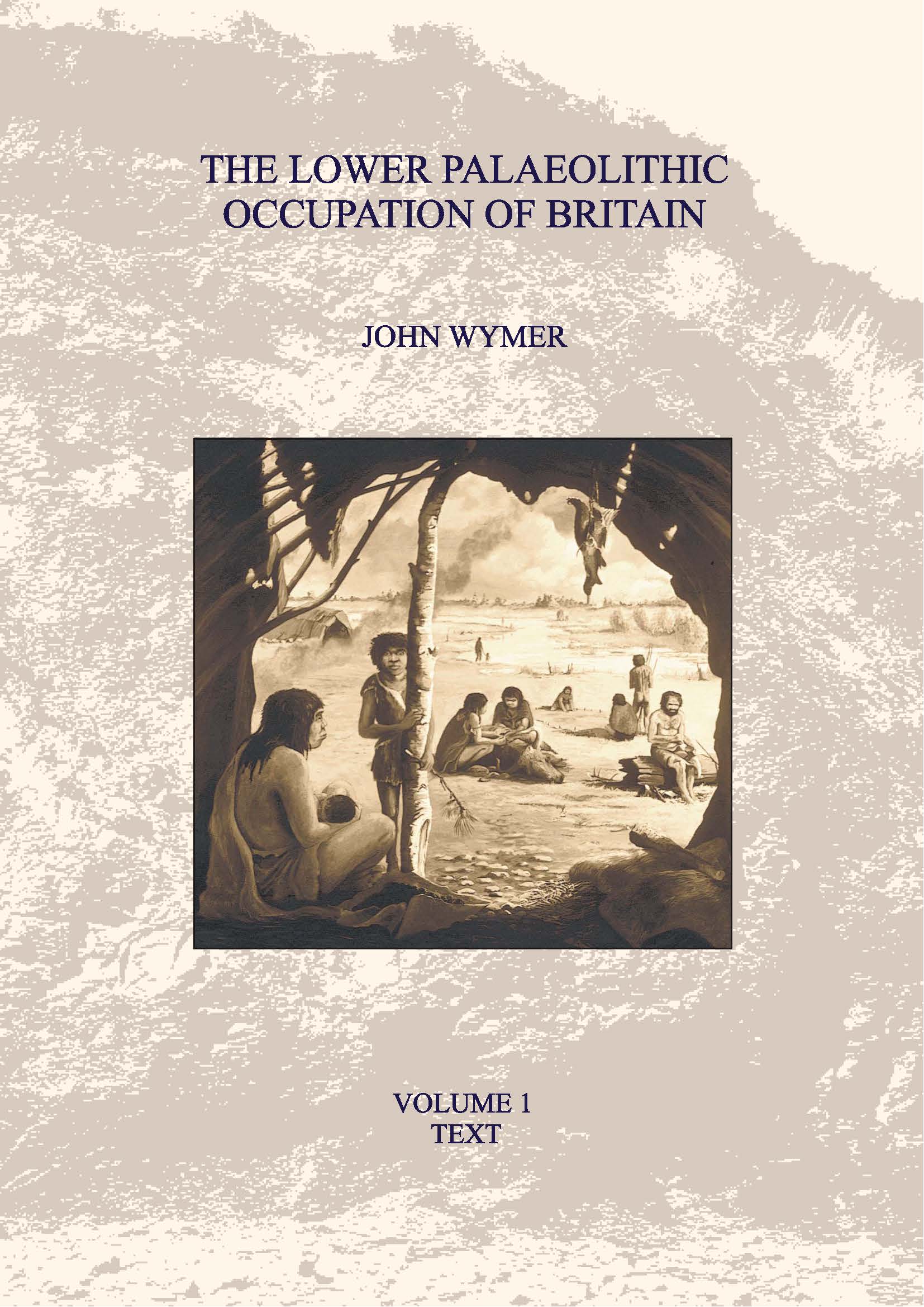
Description
This volume presents a synthesis based on a comprehensive seven year survey of the Palaeolithic archaeology of England and Wales. That survey sought to identify the findspots and plot the distribution of Lower and Middle Palaeolithic artefacts in relation to the deposits containing them. This volume is concerned not only with artefacts but with people; when and where they moved through the land we now know as Britain and in interpreting, where possible, what they …
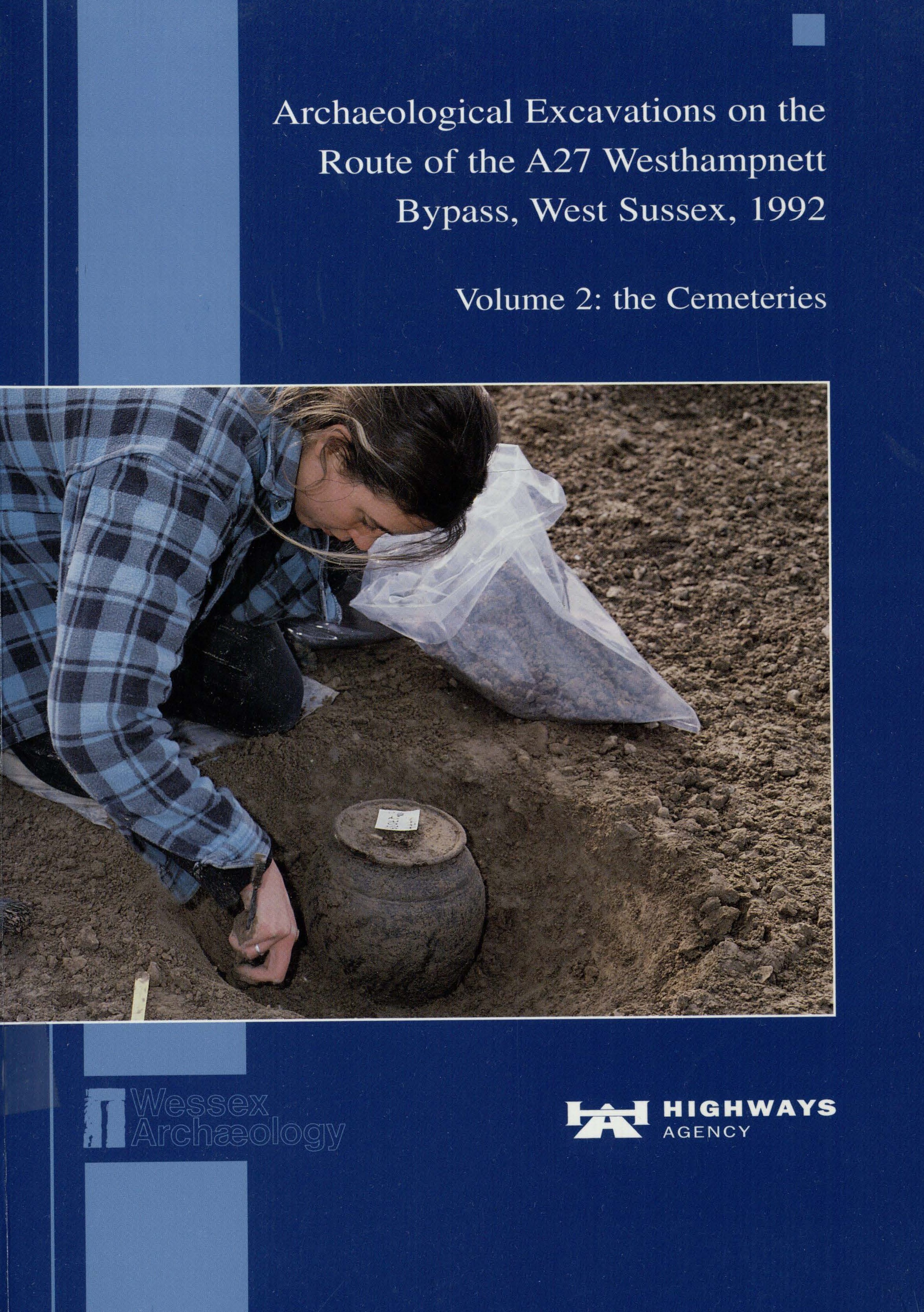
Archaeological Excavations on the Route of the A27 Westhampnett Bypass, West Sussex, 1992: Volume 2: The Late Iron Age, Romano-British and Anglo-Saxon cemeteries
A. P. Fitzpatrick

Description
Five excavations were undertaken in advance of construction of the A27 Westhampnett Bypass, near Chichester, West Sussex. Within Area 2, situated on a low hill, were the remains of a Late Iron Age religious site and Romano-British and Anglo-Saxon cemeteries.
The Late Iron Age religious site contained at least 161, largely unurned, cremation burials, mostly grouped around the SE side of a circular space. Around the remainder of the circumference of this space were recorded …
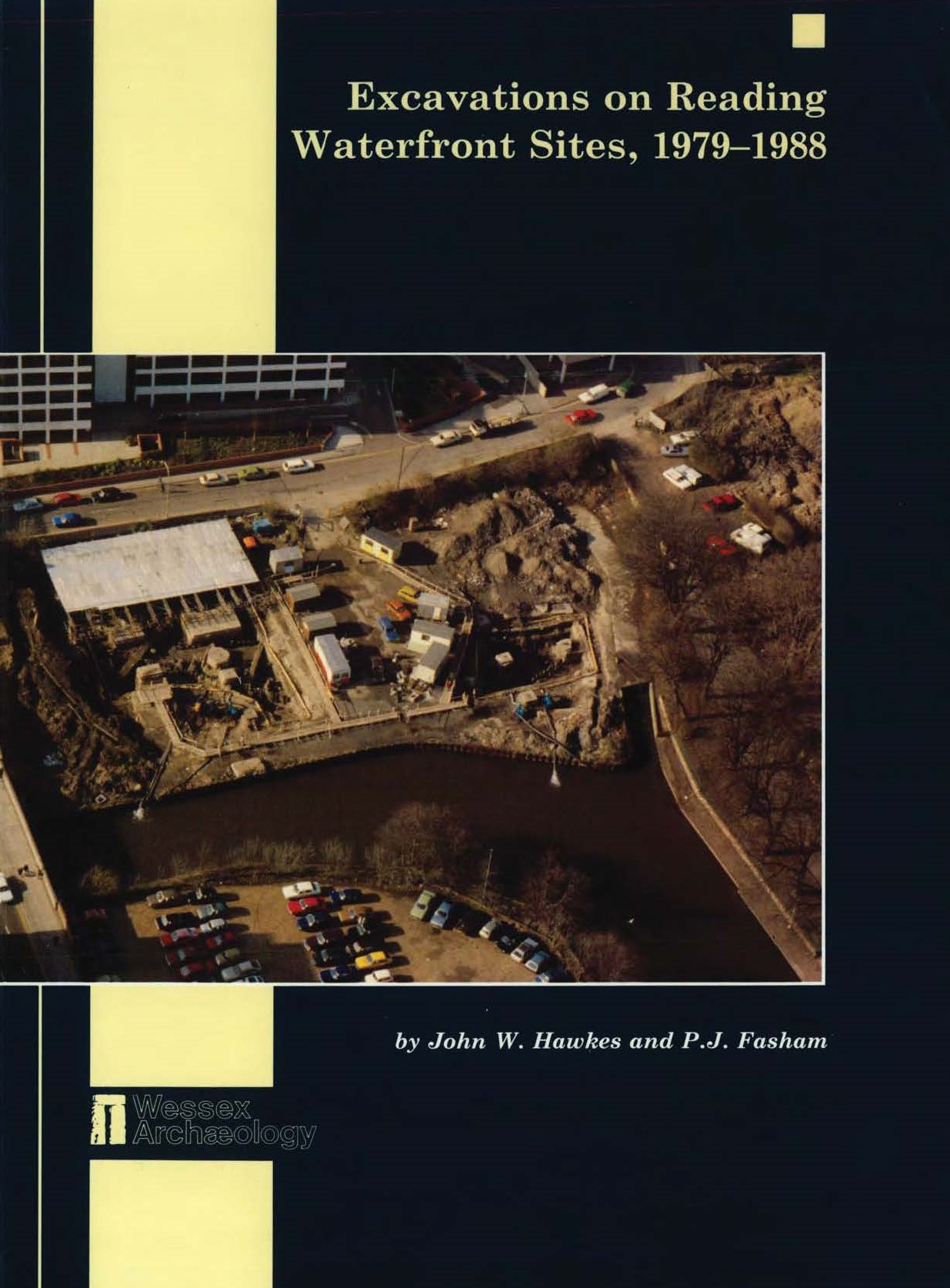
Excavations on Reading Waterfront Sites, 1979–1988
John W Hawkes & P J Fasham

Description
The growth of Reading in the medieval period was due largely to the influence of the Abbey. The waterfront zone, between the Holy Brook and the Kennet, at at the heart of the urban development.
A series of excavations and observations during major redevelopment of the town centre produced substantial evidence for the construction, repeated refurbishment and use of waterfront structures which includes hards, wooden revetments, wharfs and associated building spanning the medieval period. A …
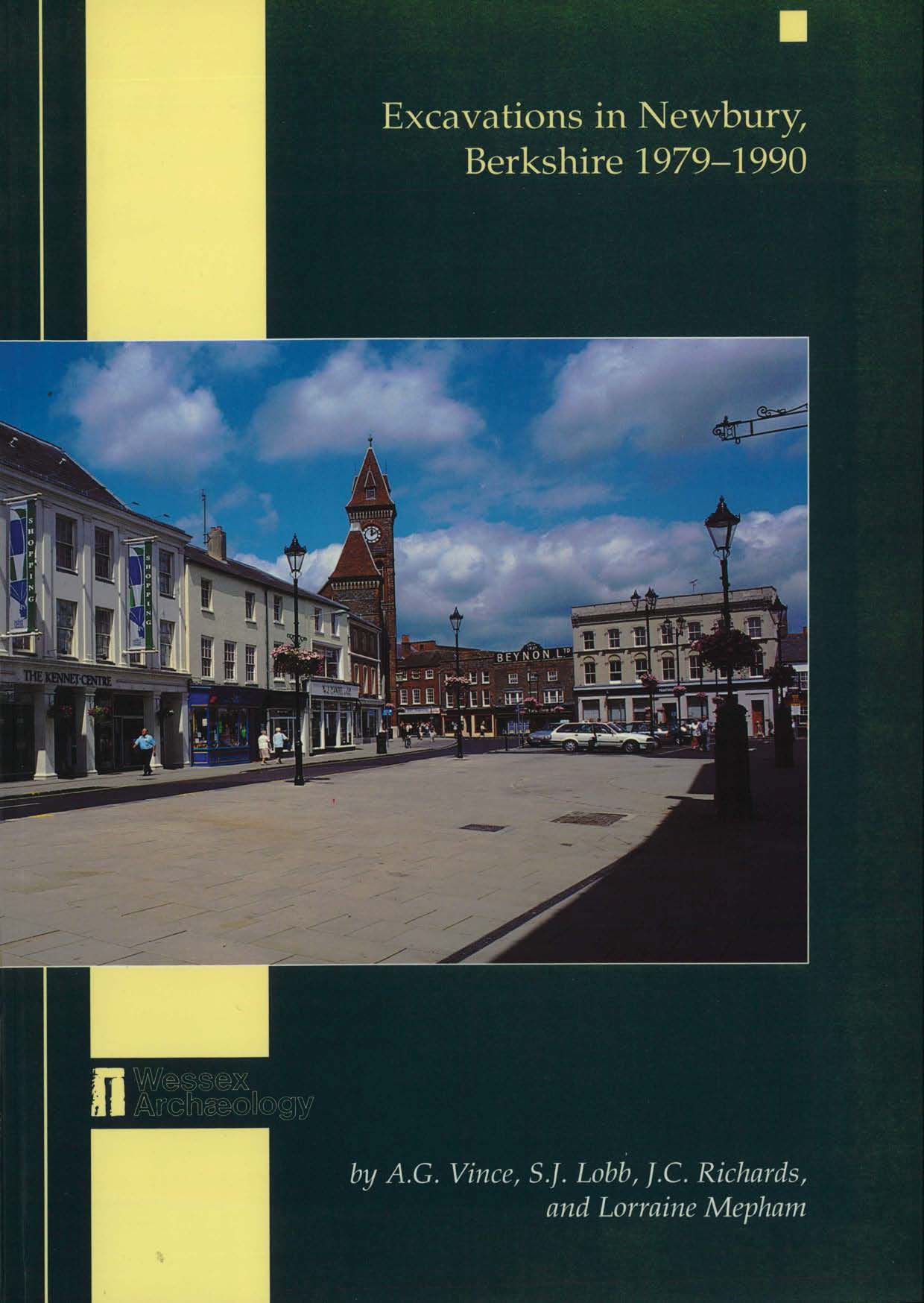
Excavations in Newbury, Berkshire 1979–1990
A. G. Vince, S J Lobb, J. C. Richards & Lorraine Mepham

Description
Between 1979 and 1990 archaeological works were carried out in response to increasing redevelopment in the centre of Newbury. The broad objective was to determine the origins and development of medieval settlement in the historic town centre. Fieldwork concentrated around the area of the market place, in Bartholomew Street, Cheap Street, and Newbury Wharf.
Burgage plots on Bartholomew and Cheap Streets had been occupied from the 11th century, confirming that this was part of the …
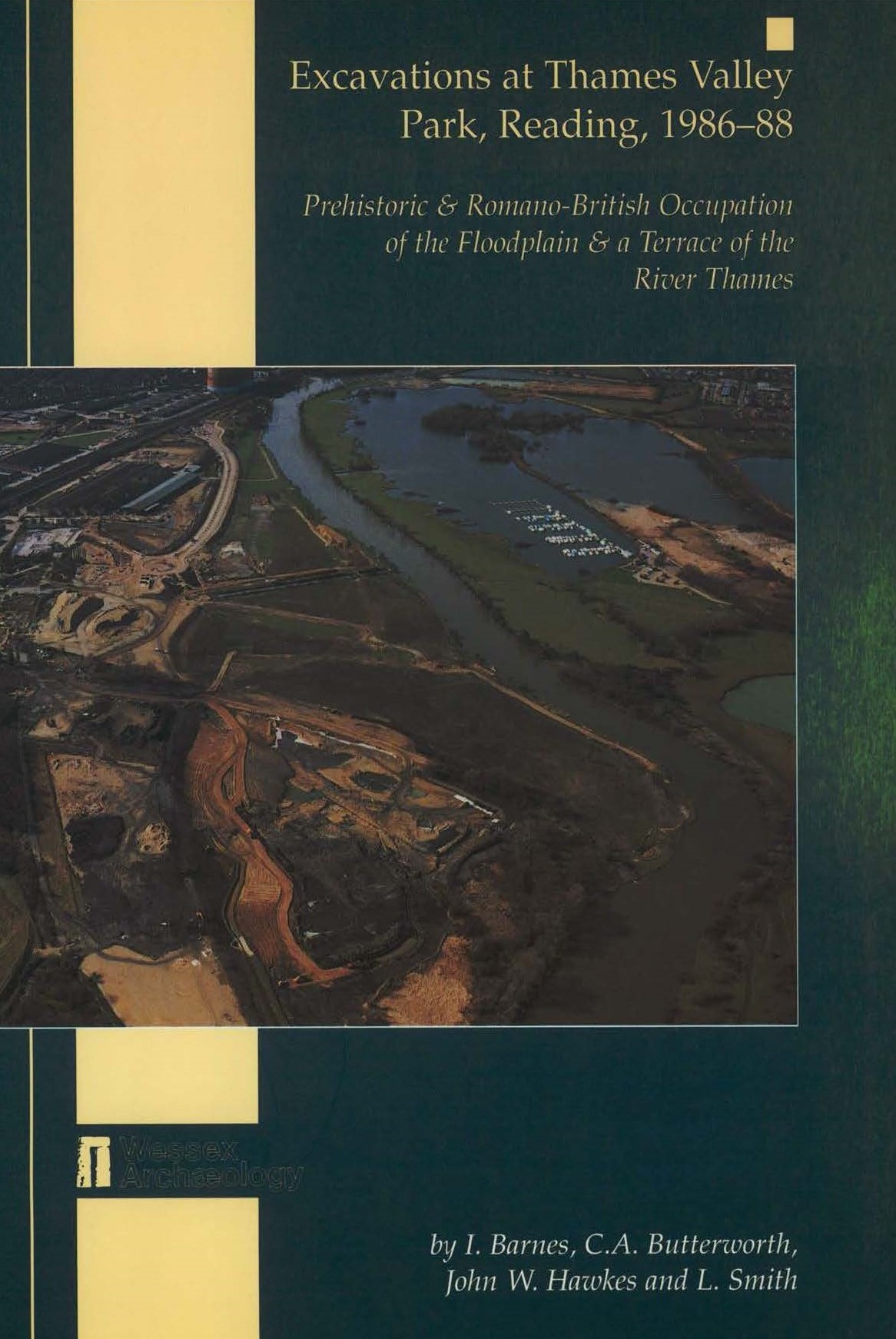
Excavations at Thames Valley Park, Reading, 1986–88: Prehistoric & Romano-British Occupation of the Floodplain & a Terrace of the River Thames
I Barnes, C A. Butterworth, John W Hawkes & L Smith

Description
In 1986–88 evaluations and excavations were undertaken on the site of a proposed 47 ha business park development on the floodplain and terrace of the River Thames just east of Reading, Berkshire.
The evaluation confirmed the presence of a previously recorded Iron Age / Romano-British enclosure, and provided evidence of Mesolithic and Neolithic activity.
Excavations on the terrace recovered a Mesolithic flint scatter associated with a stream channel. The remains of a Beaker burial were …
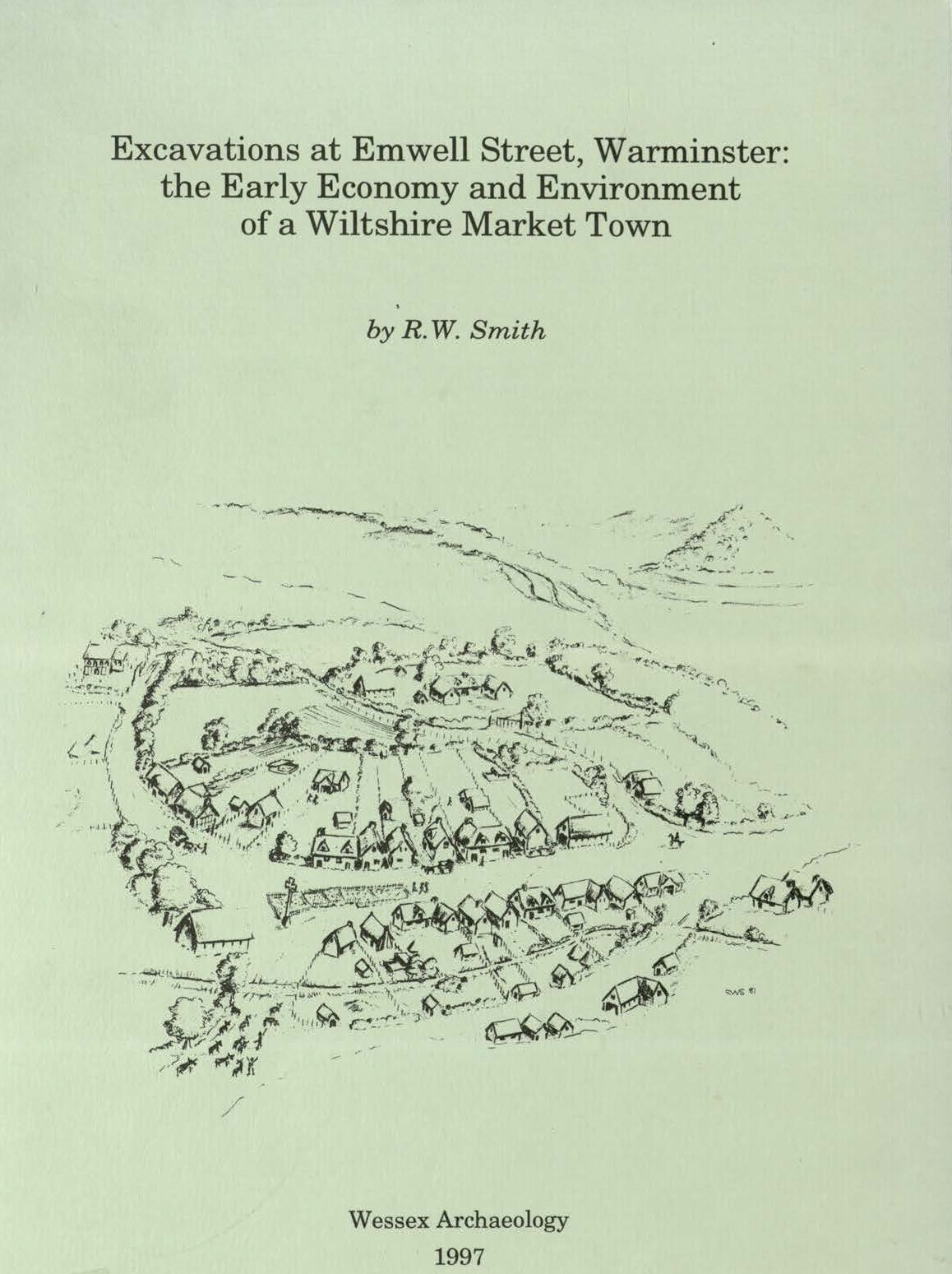
Description
Excavations during 1979 on the fringes of Saxon Warminster have revealed evidence which suggests that the town's origins will eventually be traced to a nearby late Roman or early Saxon farmstead. Environmental studies illustrate how this primary settlement expanded into its surrounding landscape. Initially stock rearing and dairying appear to have been particularly important but from the 11th century onwards, the emphasis progressively moves towards 'sheep and corn' husbandry so typical of the medieval chalklamis. …
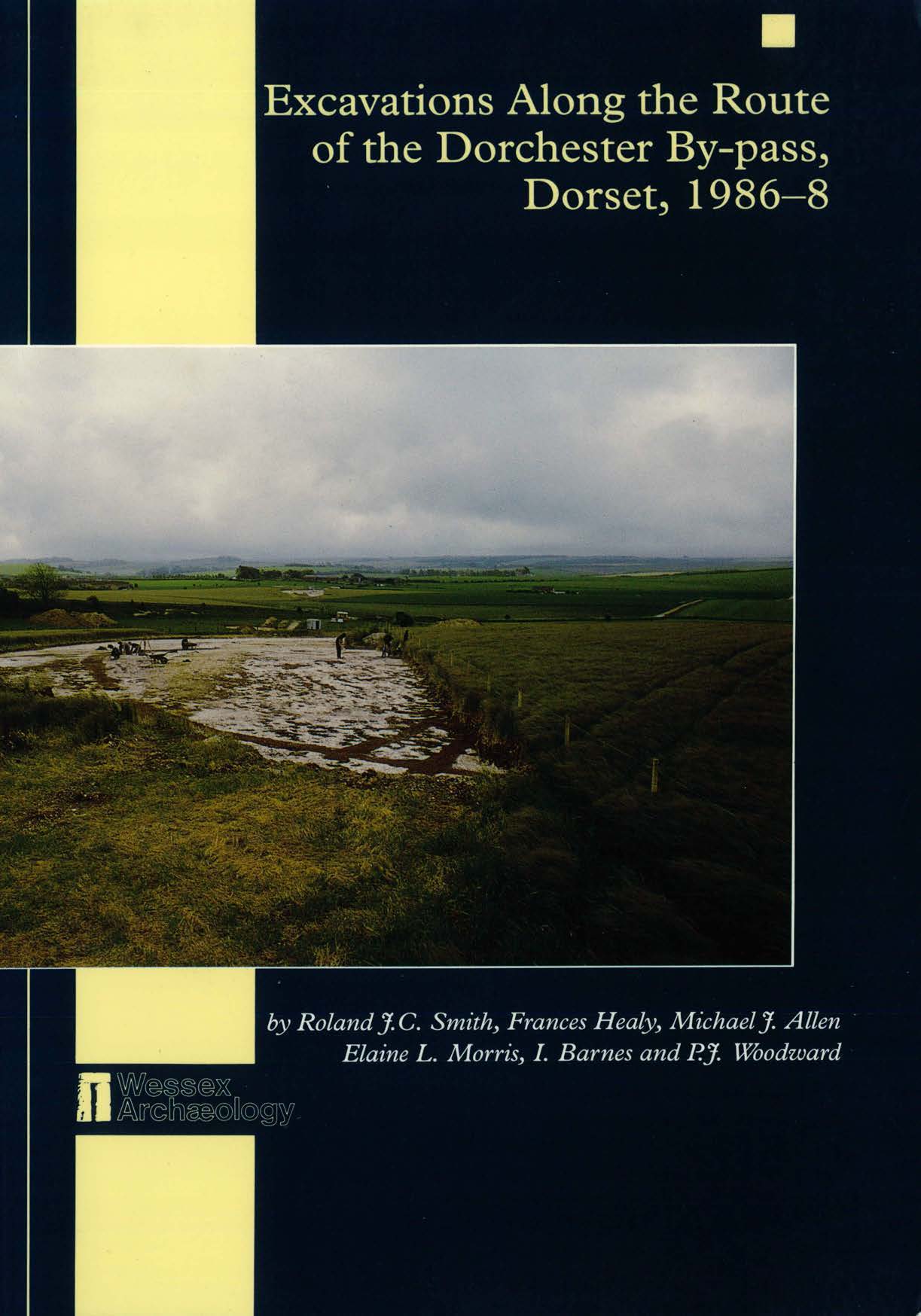
Excavations Along the Route of the Dorchester By-pass, Dorset, 1986–8
Roland J C Smith, Frances Healy, Michael J. Allen, Elaine L. Morris, I Barnes & P.J. Woodward

Description
This report presents the results of archaeological survey and excavation undertaken prior to and during construction of the A35 Southern By-pass and A37 Western Link Road around Dorchester, Dorset.
A series of sites was examined ranging in date from the Neolithic to post-medieval periods.
A Neolithic pit enclosure with associated burials and chalk carvings was excavated at Flagstones and Neolithic pit rings at Conygar Hill.
Evidence for Bronze Age field systems, occupation debris, and ring-ditches …
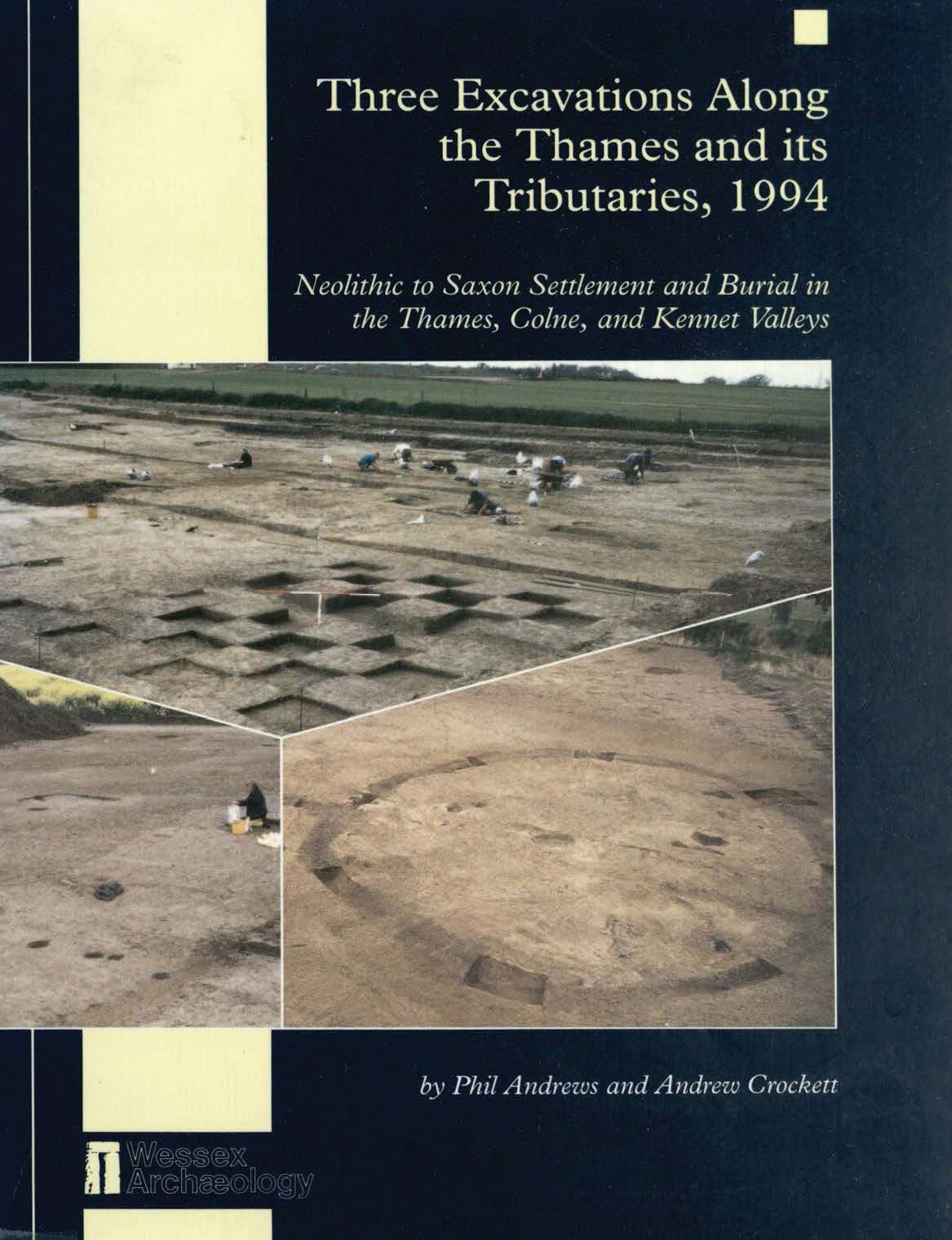
Three Excavations Along the Thames and its Tributaries, 1994: Neolithic to Saxon Settlement and Burial in the Thames, Colne and Kennet Valleys
Phil Andrews & Andrew Crockett

Description
At Prospect Park, near Harmondsworth, several features containing Neolithic Grooved Ware were encountered and slight evidence for Neolithic activity was recorded at both Hurst Park, East Molesey, and Wickhams Field, near Reading.
An Early Bronze Age ring-ditch, with associated Collared Urn cremation burials, was found at Hurst Park. The Middle Bronze Age was represented at both Hurst Park and Prospect Park by a ring-ditch, two cremation burials, and a pit. Late Bronze Age settlements dating …
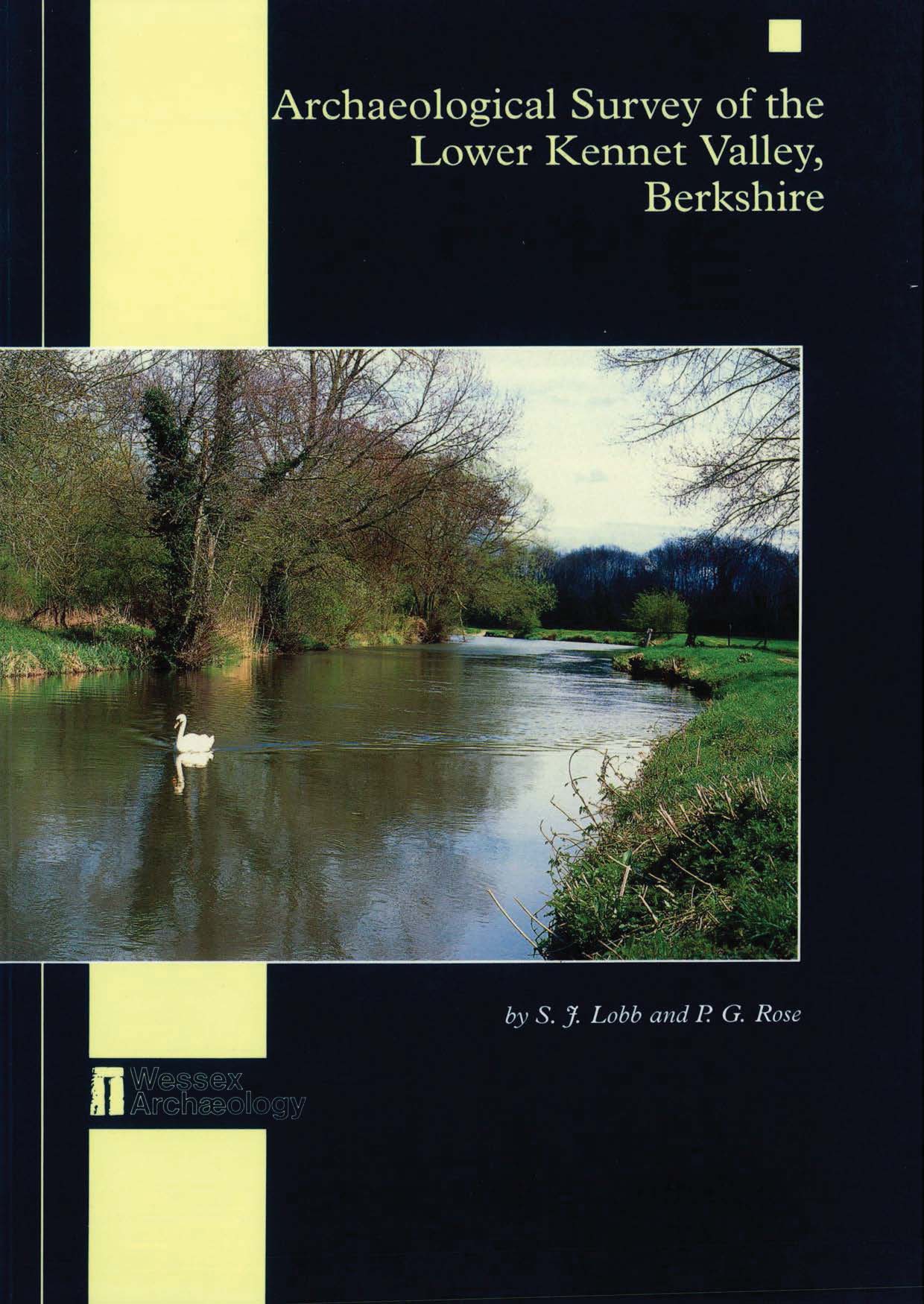
Archaeological Survey of the Lower Kennet Valley, Berkshire
S J Lobb & P G Rose

Description
This report presents the results of field surveys undertaken in 1976–77 and 1982–87 by the Berkshire Archaeological Unit, and in 1988–89 by Wessex Archaeology, and review the evidence for all periods of occupation in this area. In addition the results of evaluations carried out by Wessex Archaeology in the Kennet Valley between 1985 and 1989, are briefly presented and discussed.
Through air photographic evidence, documentary sources, and field walking, each survey studied the archaeological potential …
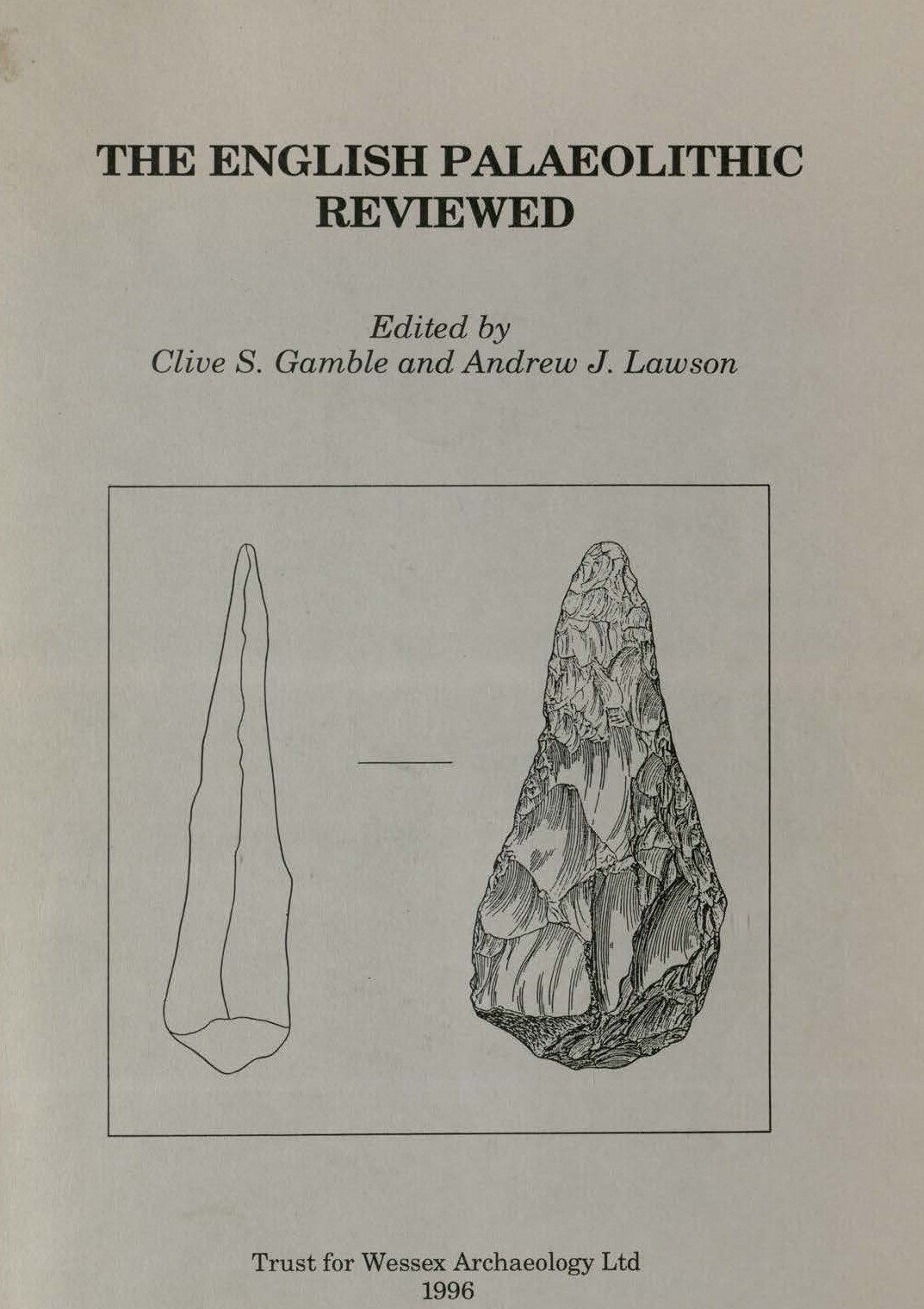
The English Palaeolithic Reviewed
Clive S. Gamble & Andrew J. Lawson

Description
Papers from a day conference held at the Society of Antiquaries of London, 28 October 1994.
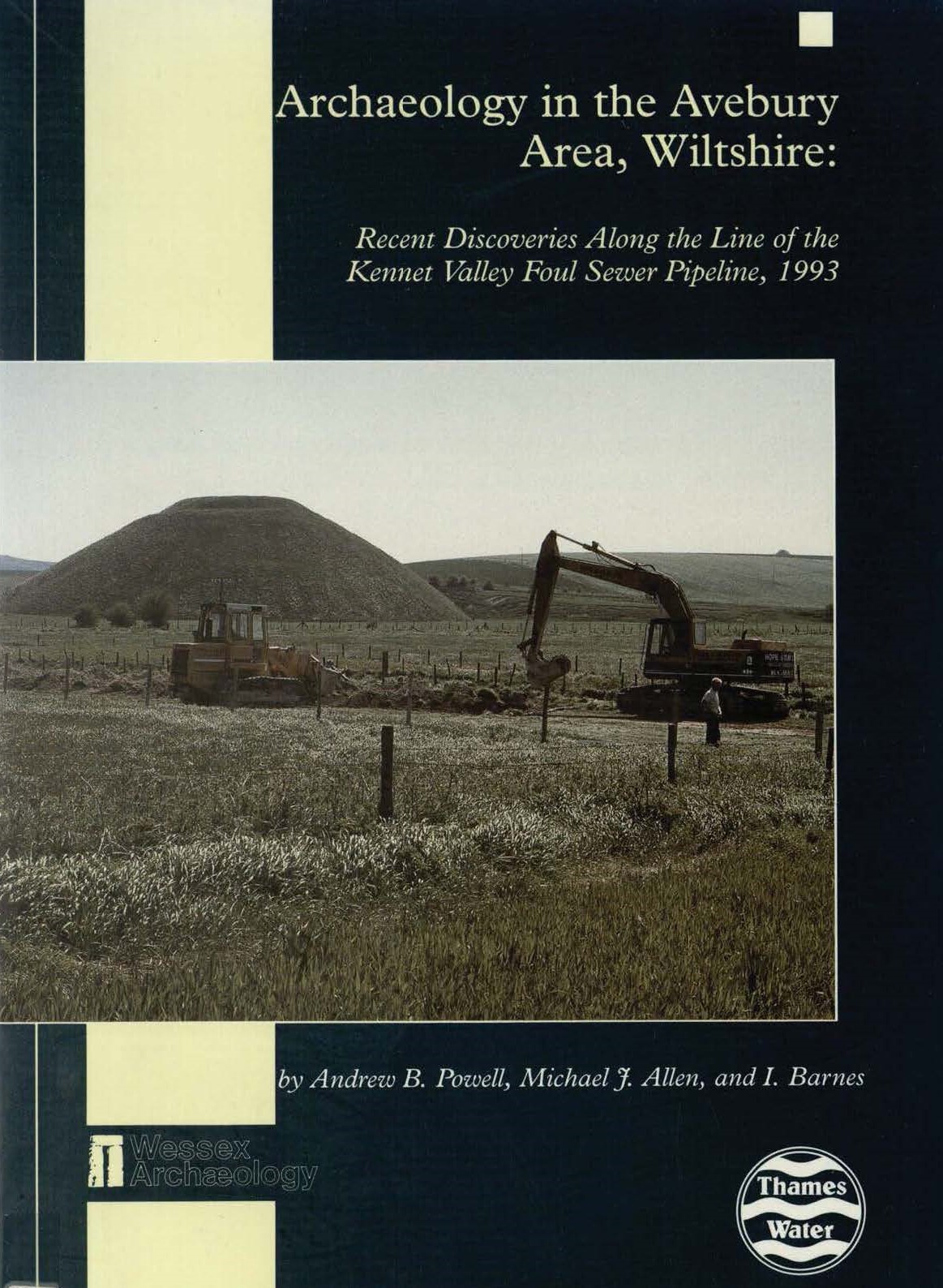
Archaeology in the Avebury Area, Wiltshire: Recent Discoveries Along the Line of the Kennet Valley Foul Sewer Pipeline, 1993
Andrew B. Powell, Michael J. Allen & I Barnes

Description
The replacement of a 4 km of sewer pipeline in the Avebury landscape demonstrated the high potential of the area, not just for the ritual and mortuary monuments of the Neolithic and Bronze Age for which Avebury is famous, but also the archaeology of other periods.
This report combines the findings of the watching brief undertaken during the engineering works, with the results of earlier desk-based research, air photographic, and geophysical surveys.
The earliest features …
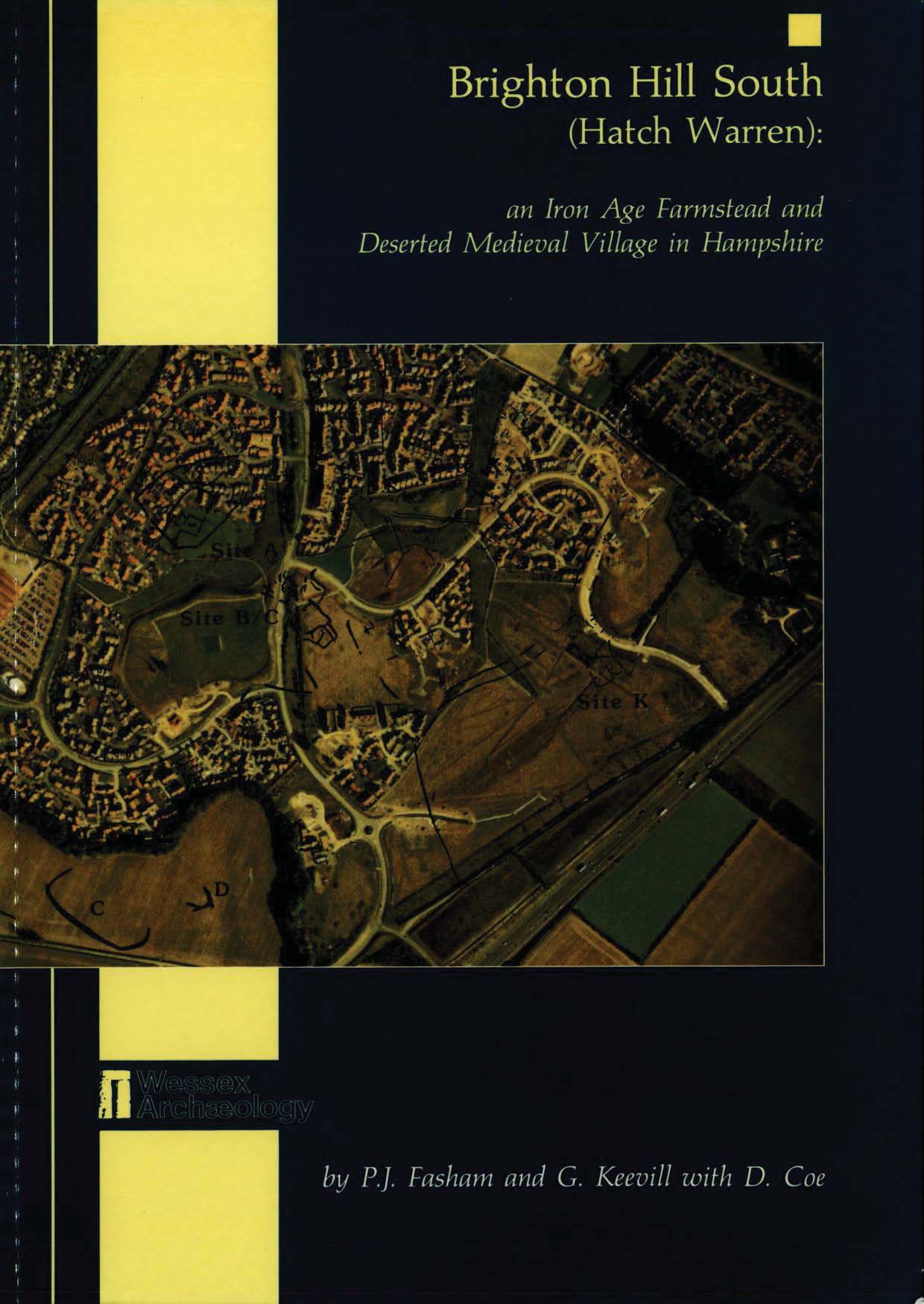
Brighton Hill South (Hatch Warren): an Iron Age Farmstead and Deserted Medieval Village in Hampshire
P J Fasham, G Keevill & D Coe

Description
Excavations in advance of housing development on the outskirts of Basingstoke revealed extensive evidence of Iron Age, Roman, and medieval occupation.
A series of Early–Late Iron Age enclosure complexes, including a banjo enclosure, contained evidence for zones of domestic settlement which includes pits, four-post structures, and extensive assemblages of artefacts, bone, and carbonised plant remains.
Site A contained the remains of a medieval church with associated graveyard and domestic structures. A two-cell church of 11th–12th …
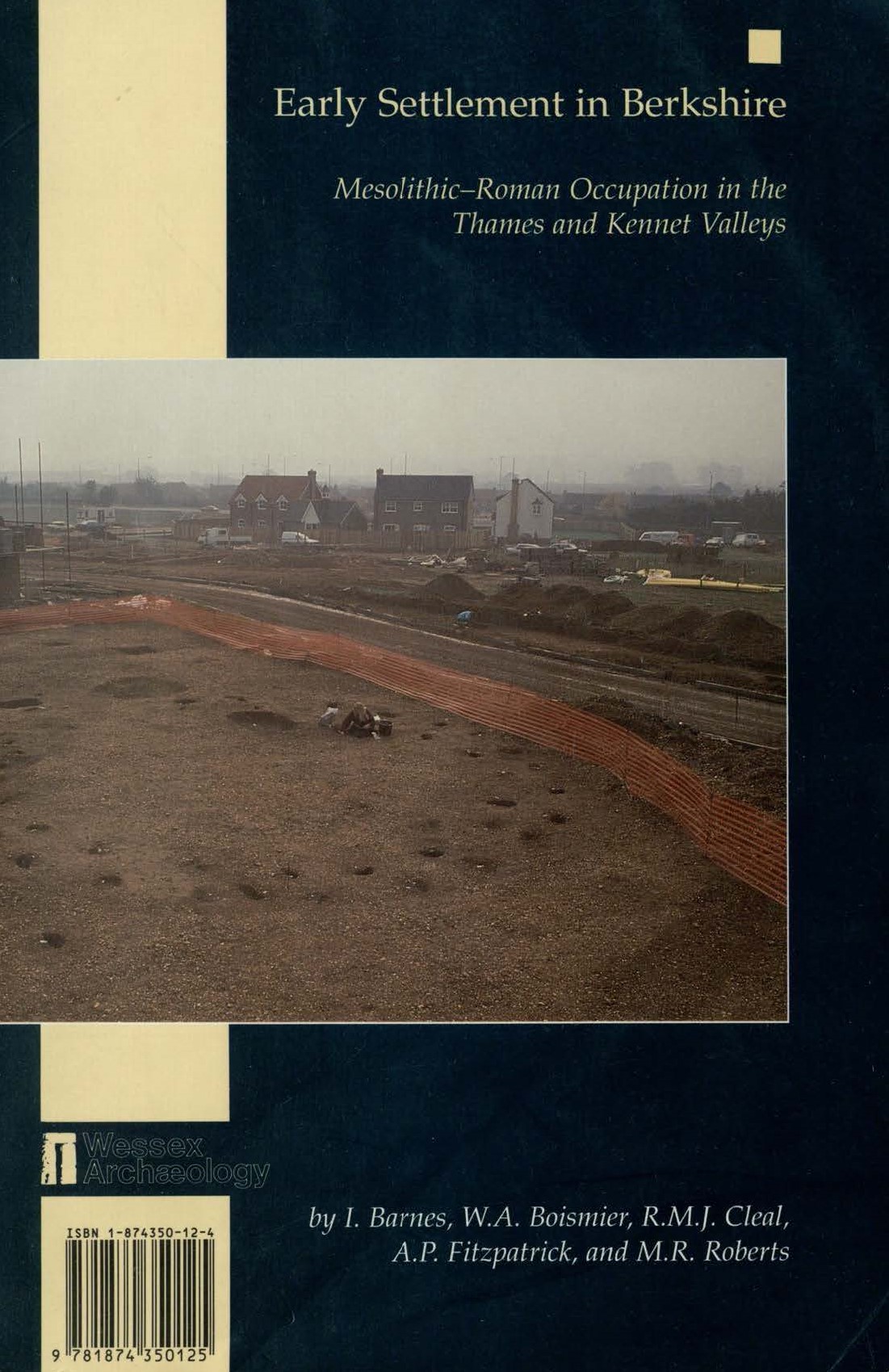
Early Settlement in Berkshire: Mesolithic – Roman Occupation in the Thames and Kennet Valleys
I Barnes, W.A. Boismier, R.M.J. Cleal, A. P. Fitzpatrick & M.R. Roberts

Description
At Weir Bank Stud Farm, Bray, evidence was recovered of earlier Neolithic and later Iron Age – Romano British date. A Middle Bronze Age field system, triple ditches, and round-house represented the major period of use.
Three concentrations of later Neolithic/Early Bronze Age flintwork from Maidenhead Thicket were analysed, indicating limited extraction activities occurring in two areas and one are of probable domestic activity.
An unenclosed, 7th century BC Early Iron Age settlement was investigated …
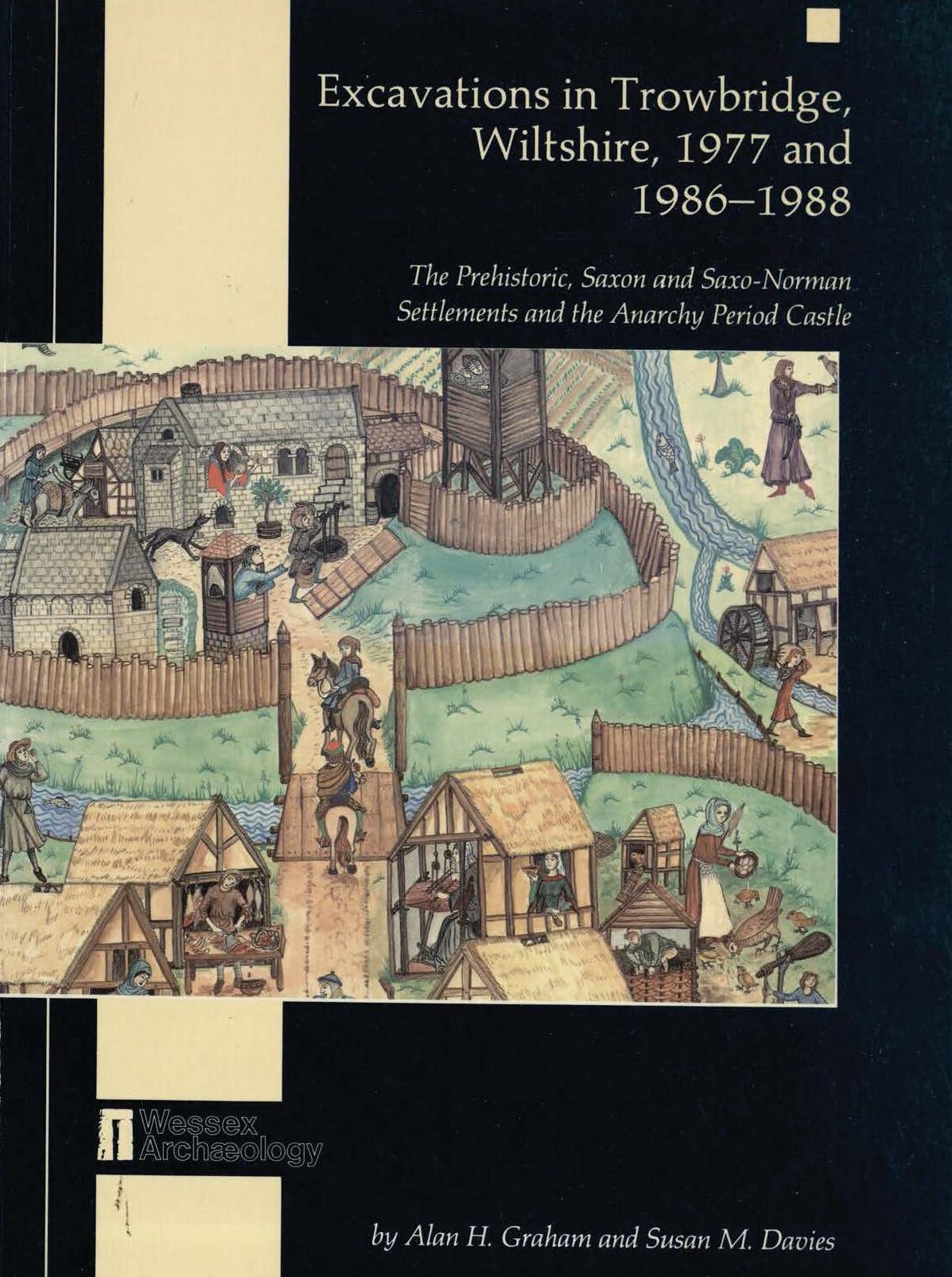
Excavations in Trowbridge, Wiltshire, 1977 and 1986–1988: The Prehistoric, Saxon and Saxo-Norman Settlements and the Anarchy Period Castle
Alan H Graham & Susan M Davies

Description
Excavations in advance of major developments produced evidence for Bronze Age, Iron Age and Romano-British fields and boundaries.
During the 7th–11th centuries a lengthy sequence of occupation began with a sunken-featured building followed by a series of rectangular timber structures and associated features which were eventually sealed by a late Saxon land surface.
A stone church, constructed in the later 11th century, was surrounded by a bounded cemetery containing at least 160 inhumations. The area …
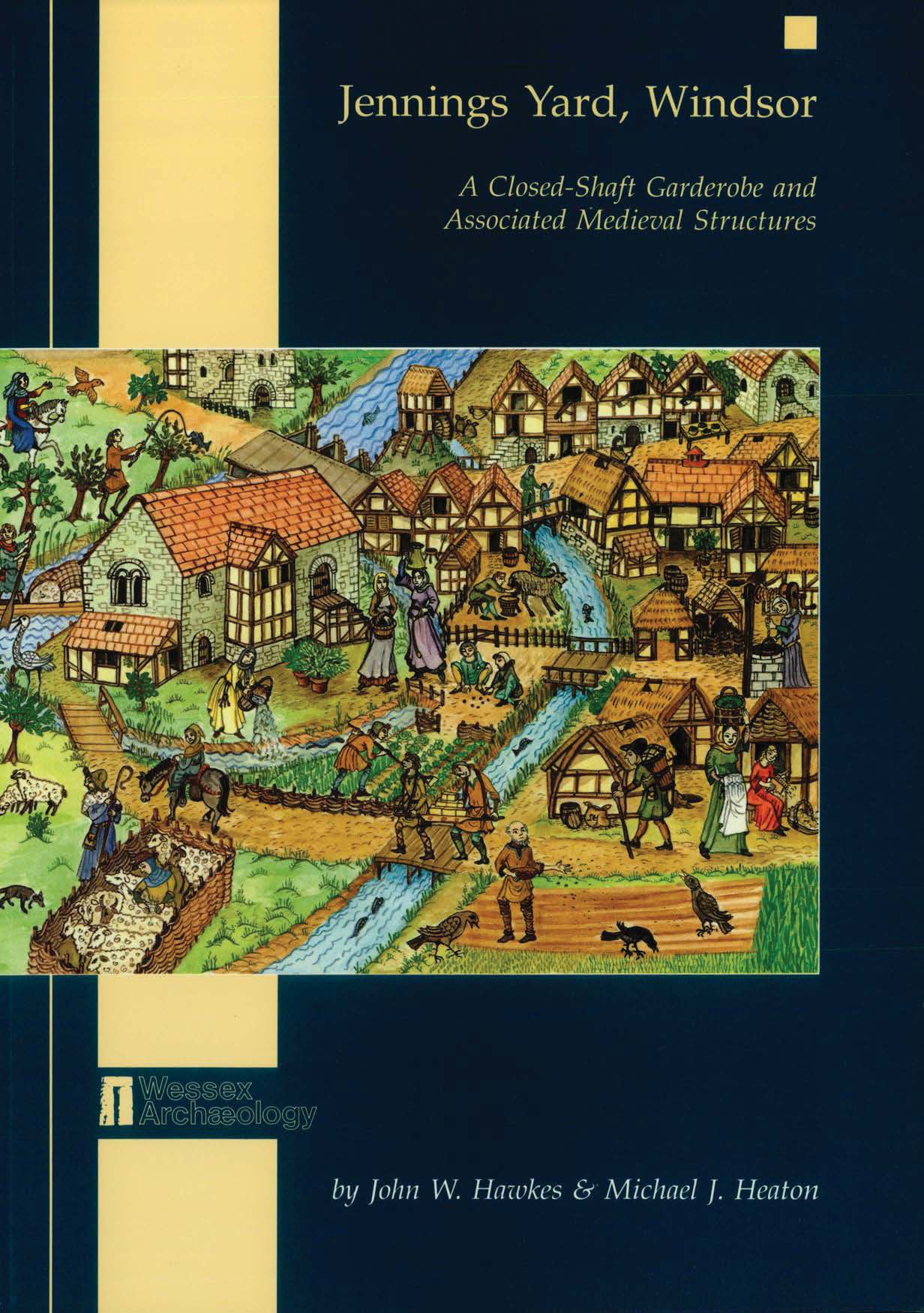
Jennings Yard, Windsor: A Closed-Shaft Garderobe and Associated Medieval Structures
John W Hawkes & Michael J. Heaton

Description
Excavations at Jennings Yard, Windsor primarily revealed evidence of substantial medieval buildings within the former suburb of Underore. Remains of three successive masonry buildings - one incorporating an en suite garderobe - spanning the years AD 1150–1600 were recorded, associated with structures and features including a possible moat and revetted causeway.
Substantial pottery, metalwork, waterlogged leather and woodwork assemblages were recovered. Extensive environmental sampling was undertaken. An unusually early find was made of a …
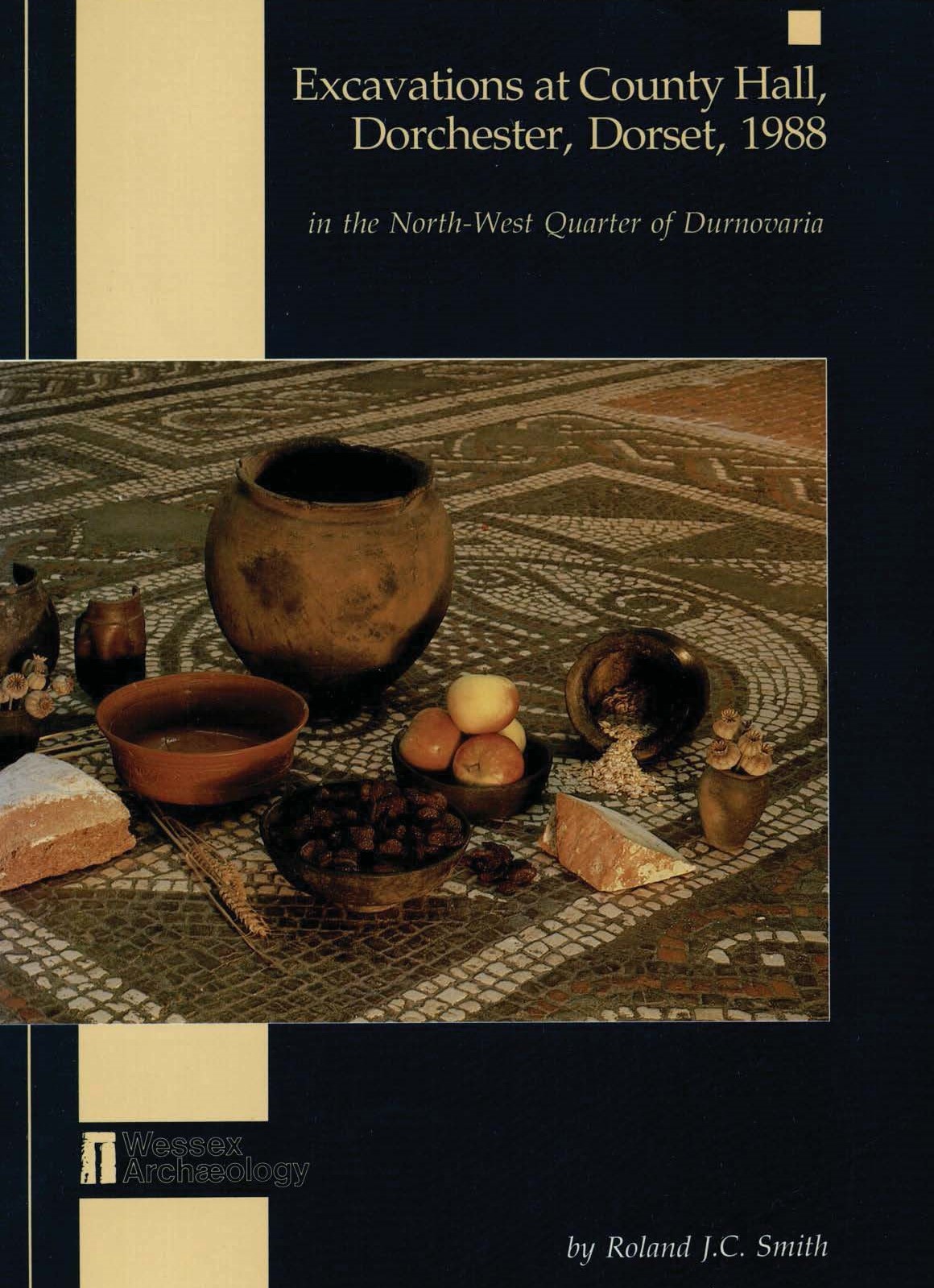
Excavations at County Hall, Dorchester, Dorset, 1988: in the North-West Quarter of Durnovaria
Roland J C Smith

Description
Excavations in advance of building works at County Hall, Colliton Park, Dorchester, revealed occupation of a semi-urban character in the north-west corner of the Roman town of Durnovaria.
First century AD field boundaries pre-dated construction of the north-south metalled road, part of the original street plan. After a period of neglect the street was remetalled in the later 3rd century, at which time quarrying activities were apparent and an oven or furnace constructed.
A 4th …
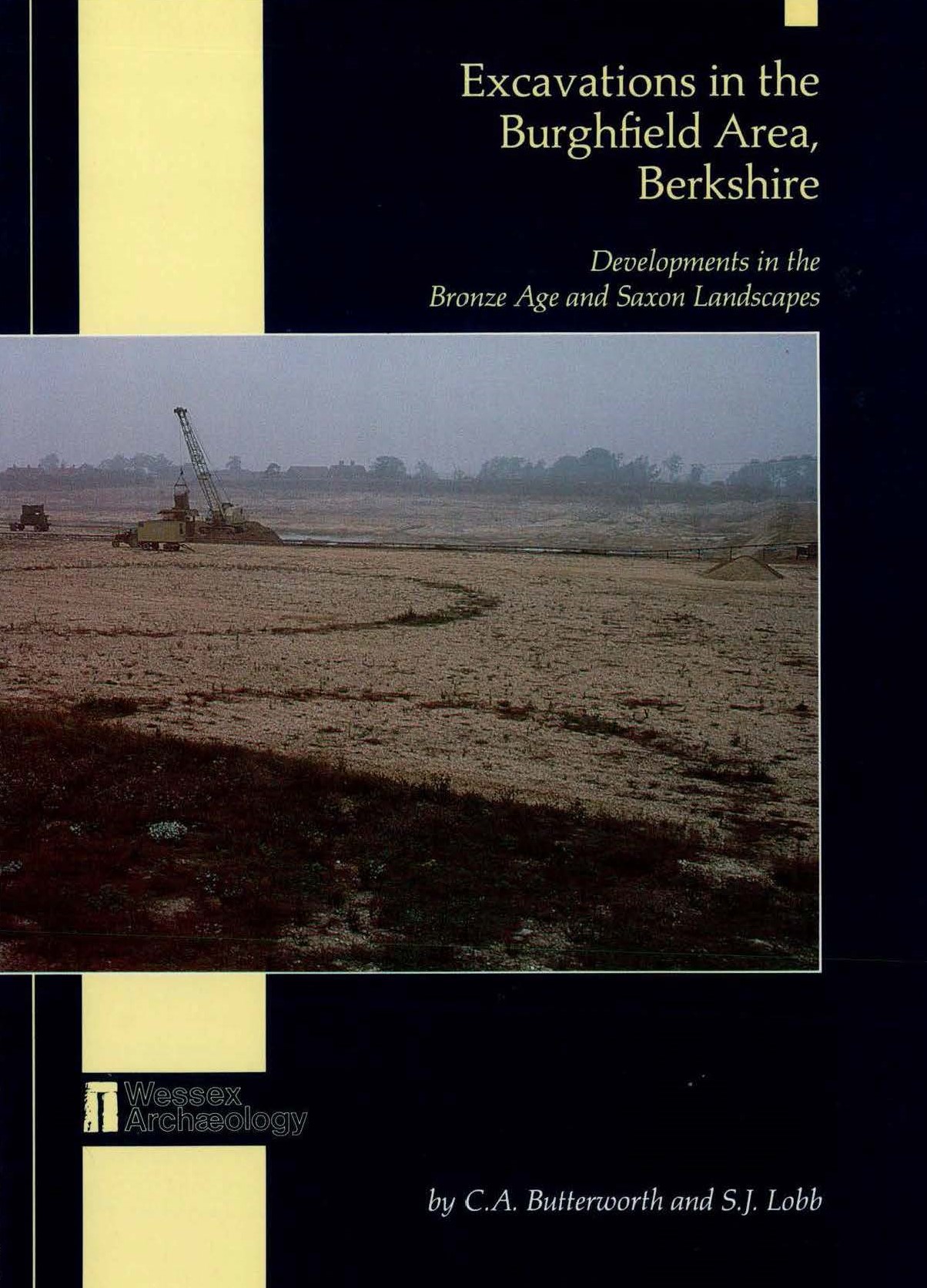
Excavations in the Burghfield Area, Berkshire: Developments in the Bronze Age and Saxon Landscapes
C A. Butterworth & S J Lobb

Description
Four sites excavated on the gravels of the River Kennet produced evidence for occupation, burial, and riverside activities from the Mesolithic-post-medieval periods.
At Field Farm, Mesolithic flintwork, a Neolithic hearth and pottery, and a series of Bronze Age ring-ditches associated with Deverel-Rimbury and Collared Urn cremation burials were recovered. In the 7th century AD the man ringditch became a focus for an inhumation cemetery. Deverel-Rimbury urns were also recovered from Shortheath Lane, Sulhampstead.
At Anslow's …